
2022
Meet our cover artist
Julian Quintanilla is a Ph.D. candidate in the Department of Anatomy and Neurobiology in Dr. Gary Lynch’s lab. His research focuses on hippocampal processing, specifically at two termination sites of the lateral perforant path from the entorhinal cortex, the dentate gyrus and field CA3. Having previously worked at the California Science Center he incorporates the museum’s view on creating an informal learning environment to make science learning a non-intimidating and accessible experience.

Art inspiration
Editors
Diana Lofflin
Michael Yassa
Design and Production
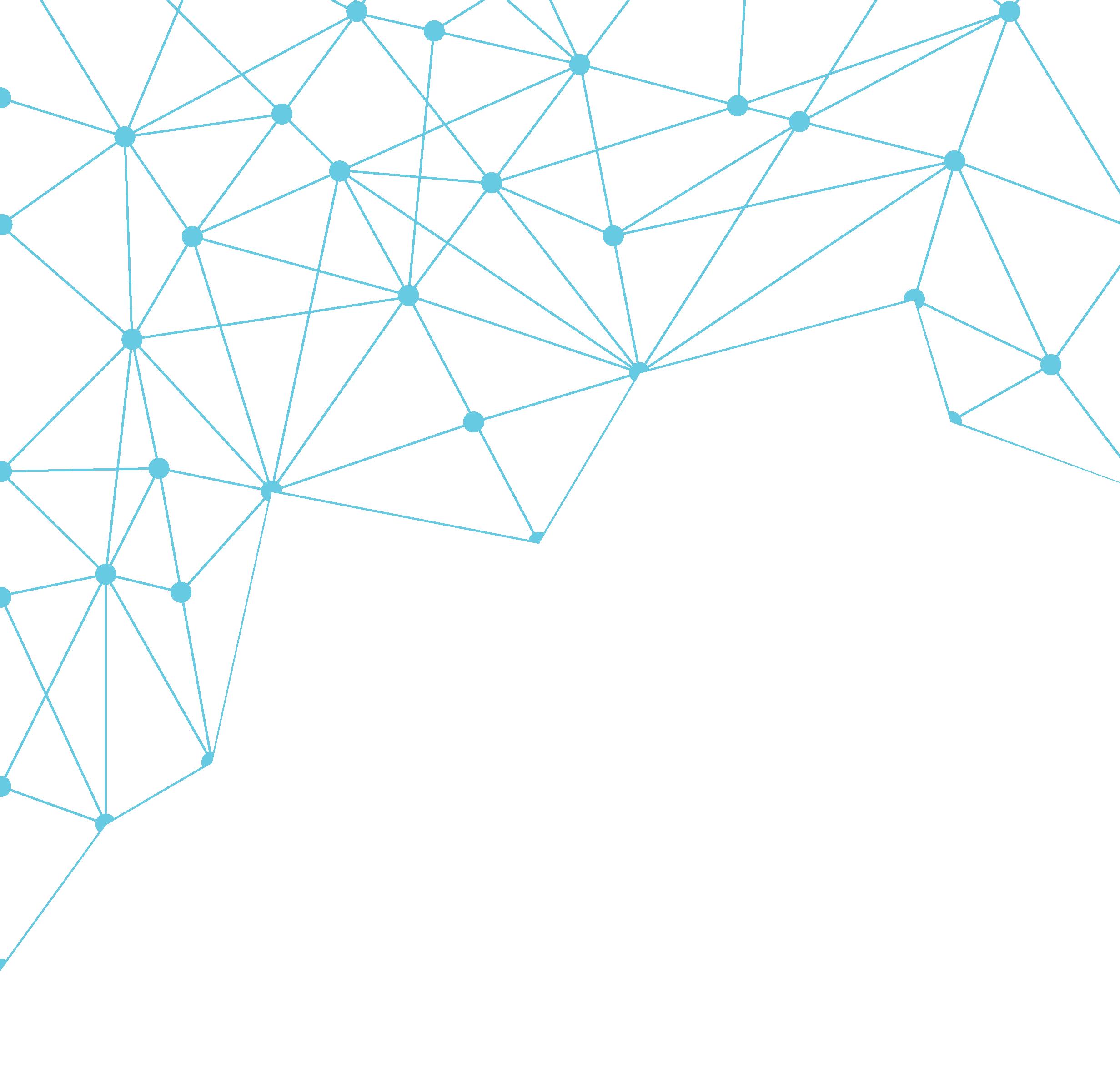
Alanna Regan
Contributing Writers
Christine Byrd
Diana Lofflin
Raymond Villareal
Manuella Oliveira Yassa Michael Yassa
Photography
Manuella Oliveira Yassa Angela Prvulovic
Karen Tapia
Guicheng “Ariel” Tan Steve Zylius
With special thanks to the UCI Strategic Communications and Public Affairs team and the School of Biological Sciences Marketing and Communications Division.
The cover artwork depicts the desk of the father of modern neuroscience, Santiago Ramón y Cajal. Having seen the disorderly state of many scientists’ desks, this art tries to capture the similar elegant chaos that may have plagued Ramón y Cajal as he created the beautiful artwork that led to much of our current understanding of the brain.
2
Contents 3 Meet the Team ....................................................................................................... 4 Director’s Message .............................................................................................. 6 Feature Stories ..................................................................................................... 8 Breakthrough Research .................................................................................... 16 Faculty Honors and Awards .......................................................................... 28 Community Impact ........................................................................................... 36 Building a Legacy ............................................................................................. 42 Grant Funding ..................................................................................................... 26 Preparing Leaders ............................................................................................. 32
to us at 320 Qureshey Research Lab,
CA
|
|
Copyright © 2022 Center for the Neurobiology of Learning and Memory. All Rights Reserved. Write
Irvine
92697-3800 Tel: 949-824-5193
Web: cnlm.uci.edu
Email: memory@uci.edu
Our Team









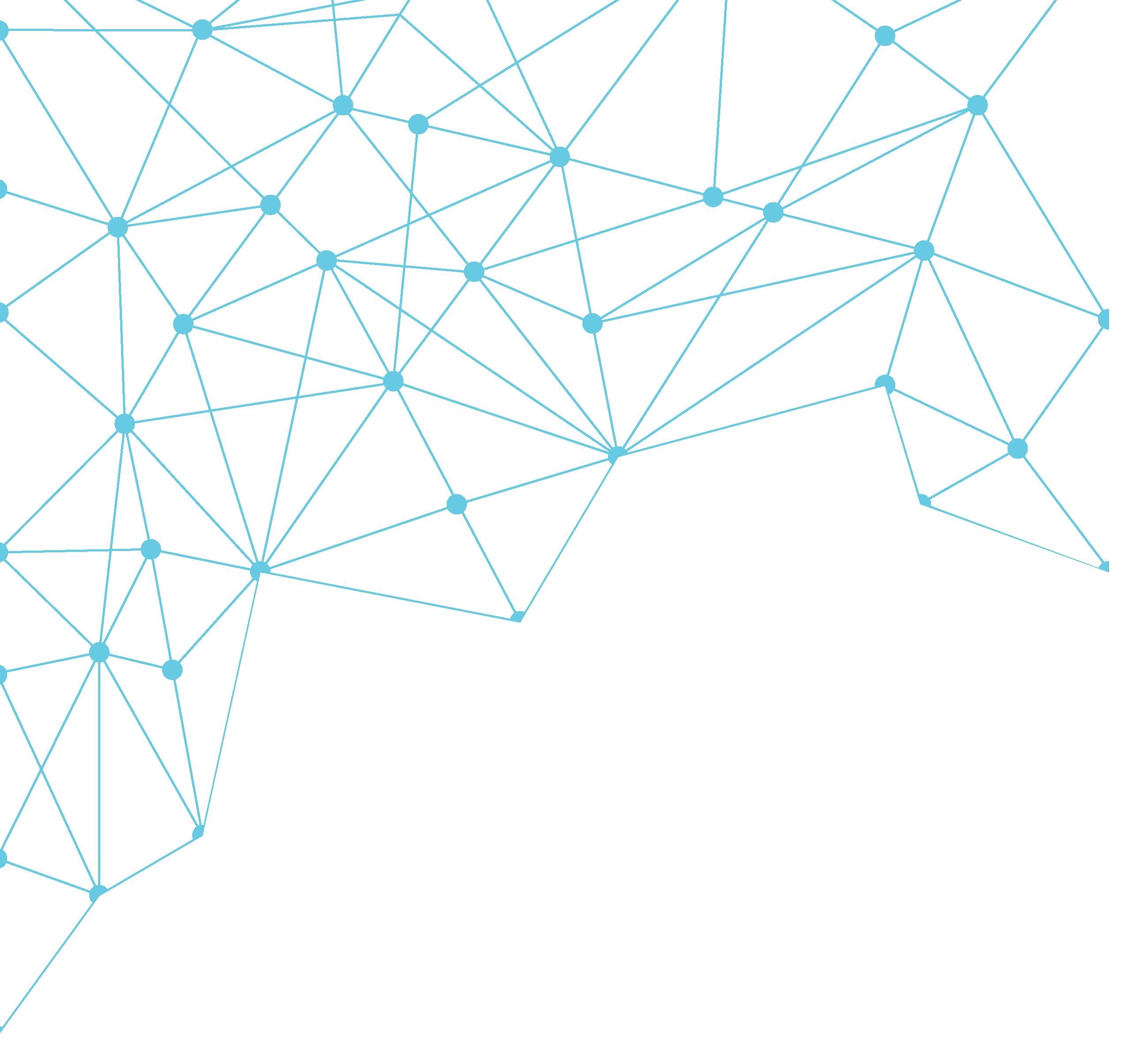
4
Michael A. Yassa Director
Raymond D. Villareal Outreach and Education Assistant
Angela Prvulovic Student Marketing Assistant
Diana Lofflin Chief Administrative Officer
Jennifer Smith Executive Director of Development
Manuella Oliveira Yassa Director of Outreach and Education
Eleanor Chan Senior Contracts and Grants Analyst
London Perkins Student Administrative Assistant
Visual Design Specialist
Alanna Regan
Faculty Fellows
UCI Fellows External Fellows
Amal Alachkar
Javier Diaz Alonso
Pierre Baldi
Tallie Z. Baram
Lee Bardwell
Kevin Beier
Sven Bernecker
Mathew Blurton-Jones
Aaron Bornstein
Daniela Bota
Gregory Brewer
Jorge Busciglio
Susan Charles
Chuansheng Chen
Liz Chrastil
Lulu Chen
Susana Cohen-Cory
Karina Cramer
Barbara Dosher
Laura Ewell
Lisa Flanagan
Norbert Fortin
Christie Fowler Ron Frostig
Christine Gall
Sunil Gandhi
Charles Glabe Kim Green
John Guzowski
Elizabeth Head Gregory Hickok
Robert Hunt
Kei Igarashi
Autumn Ivy
Susanne Jaeggi
Claudia Kawas
J. Zoe Klemfuss
Jeffrey Krichmar
Frank LaFerla
Albert R. La Spada
Julie Lauterborn
Michael Lee
Michael Leon
Frances Leslie
Linda Levine
Mimi Liljeholm
Charles Limoli
Elizabeth Loftus
Shahrdad Lotfipour
Angela Lukowski
Gyorgy Lur
Gary Lynch
Stephen Mahler
Bryce Mander
Mark Mapstone
Elizabeth Martin James McGaugh
Bruce McNaughton
Sara Mednick
Raju Metherate
Bin Nan Andrea Nicholas
Diane O’Dowd Andre Obenaus
Sean Ostlund
Megan Peters
Daniele Piomelli
Jodi Quas
Uma Rao
David Reinkensmeyer
Jenna L Riis Eitan Schechtman
Robert Spitale Craig Stark
Oswald Steward Mark Steyvers
Georg Striedter
Andrea Tenner
Julian Thayer
Leslie Thompson
Katherine Thompson-Peer
Kristina Uban
Theodorus van Erp
Craig Walsh
Momoko Watanabe
DeWayne P. Williams
Marcelo Wood
Xiangmin Xu Michael Yassa
Alyson K. Zalta
Ted Abel, University of Iowa
Ralph Adolphs, California Institute of Technology
Timothy Allen, Florida International University
Stephan Anagnostaras, UC San Diego
Michel Baudry, Western University
Francesco Battaglia, Radboud University
Ruth Benca, Wake Forest University
Federico B.Rattoni, UNAM, México Kasia Bieszczad, Rutgers University
Jennifer Bizon, University of Florida
Tim Bredy, Univeristy of Queensland
Sara Burke, University of Florida
Robert Clark, UC San Diego
Laura Colgin, University of Texas at Austin
Laura DeNardo, UC Los Angeles
Michael Fanselow, UC Los Angeles
Joaquin Fuster, UC Los Angeles
Paul Gold, Syracuse University
Michael Hasselmo, Boston University
Alicia Izquierdo, UC Los Angeles
Barbara Knowlton, UC Los Angeles
Jill Leutgeb, UC San Diego
Stefan Leutgeb, UC San Diego
Jack Lin, UC Davis
Stephen Maren, Texas A&M University
Kelsey Martin, UC Los Angeles
Aaron Mattfeld, Florida International University
Andrew Maurer, University of Florida
Mark Mayford, Scripps Institute
Kalina J. Michalska, UC Riverside Richard Morris, University of Edinburgh
John O’Doherty, California Institute of Technology
Lara Rangel, UC San Diego
Charan Ranganath, UC Davis
Benno Roozendaal, Radboud University
Barry Setlow, University of Florida
Melissa Sharpe, UC Los Angeles
Alcino Silva, UC Los Angeles
Christine N. Smith, UC San Diego
Ivan Soltesz, Stanford University
Larry Squire, UC San Diego
Robert James Sutherland, University of Lethbridge
Wendy Suzuki, New York University
Arielle Tambini, Nathan Kline Institute
Brian Wiltgen, UC Davis
External Advisory Board
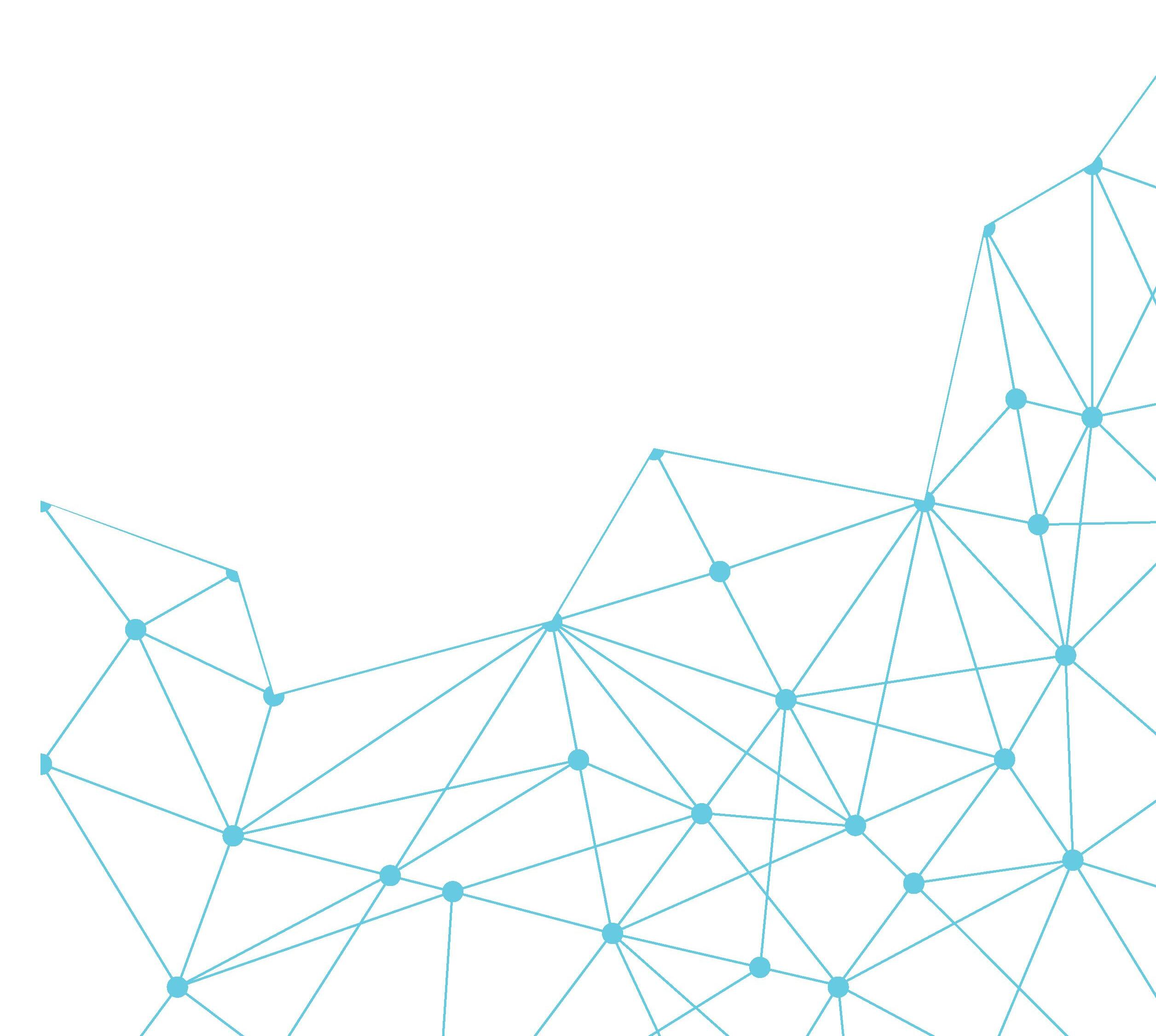
Carol Barnes, University of Arizona
Mark Bear, Massachusetts Institute of Technology
Jelena Radulovic, Albert Einstein School of Medicine
Terry Sejnowski, Salk Institute for Biological Sciences
5
Message From CNLM Director
Dear Friends,
As we bring 2022 to a close, I would like to take a moment to reflect on the year that it has been. After a grueling two-year struggle with the COVID-19 pandemic, 2022 felt radically different. We returned to teaching, learning and working together in person. We began to host live gatherings and scientific conferences once again. In many ways, one could say we returned to our normal pre-pandemic lives. In reality, however, the pandemic has changed so many aspects of our lives in ways we could not predict. The ubiquity of remote and hybrid work, the rise and fall of cryptocurrency markets, and the spread of influencer culture are but a few examples.
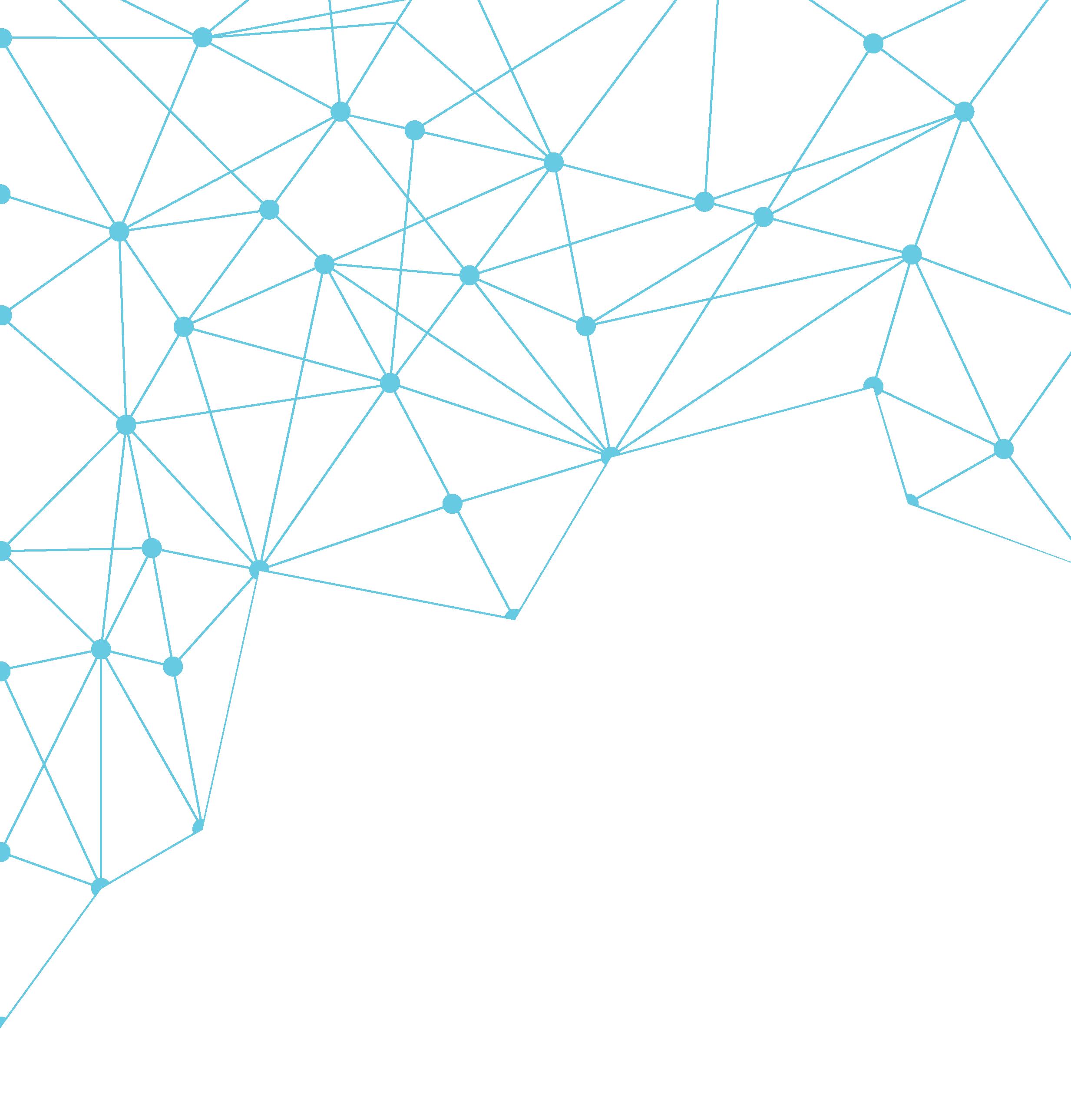
I have always said that our brains are powerful prediction machines. But it has been exceptionally difficult to predict the events that unfolded over of the last couple of years.
As we continue to grapple with unpredictability, a few things are certain. We most certainly had an incredibly productive year at the Center and have continued to push

6
the boundaries of interdisciplinary research and training to the highest levels.
Our Faculty Fellows were awarded more than $100 million in new federal funding, most of which supports large collaborative research projects. Their research has been published in the highest impact journals and covered by national and international media. The work we highlight in this report has real impact on our daily lives and paves the path to a better tomorrow.
Our students set a new record for awards and accolades recognizing their tremendous accomplishments. Our community education and outreach programs have expanded tremendously. We hosted students from historically disadvantaged backgrounds to train at our Summer Institute in Neuroscience. The Institute is supported by grants from the National Science Foundation as well as the University of California’s UC-HBCU Initiative. These are just a few of the highlights you will read more about in this annual report.
You will also read about UCI receiving a generous legacy gift of $55 million from the estate of Audrey Steele Burnand to support creating a new interdisciplinary center advancing research on depression. Given our focus on mental health research, the CNLM is a one of the key beneficiaries of this transformative gift, along with other campus units researching the brain. As our campus invests in building this new effort, we envision a bright future and renewed hope for depression research and treatment.
Finally, I would like to end with a note of gratitude. We are always indebted to the generosity of the Friends of the CNLM, our dedicated community of advocates. Our work would not be possible if it were not for their passion in supporting our mission. We rely on the community’s dedicated philanthropy to elevate our research and our


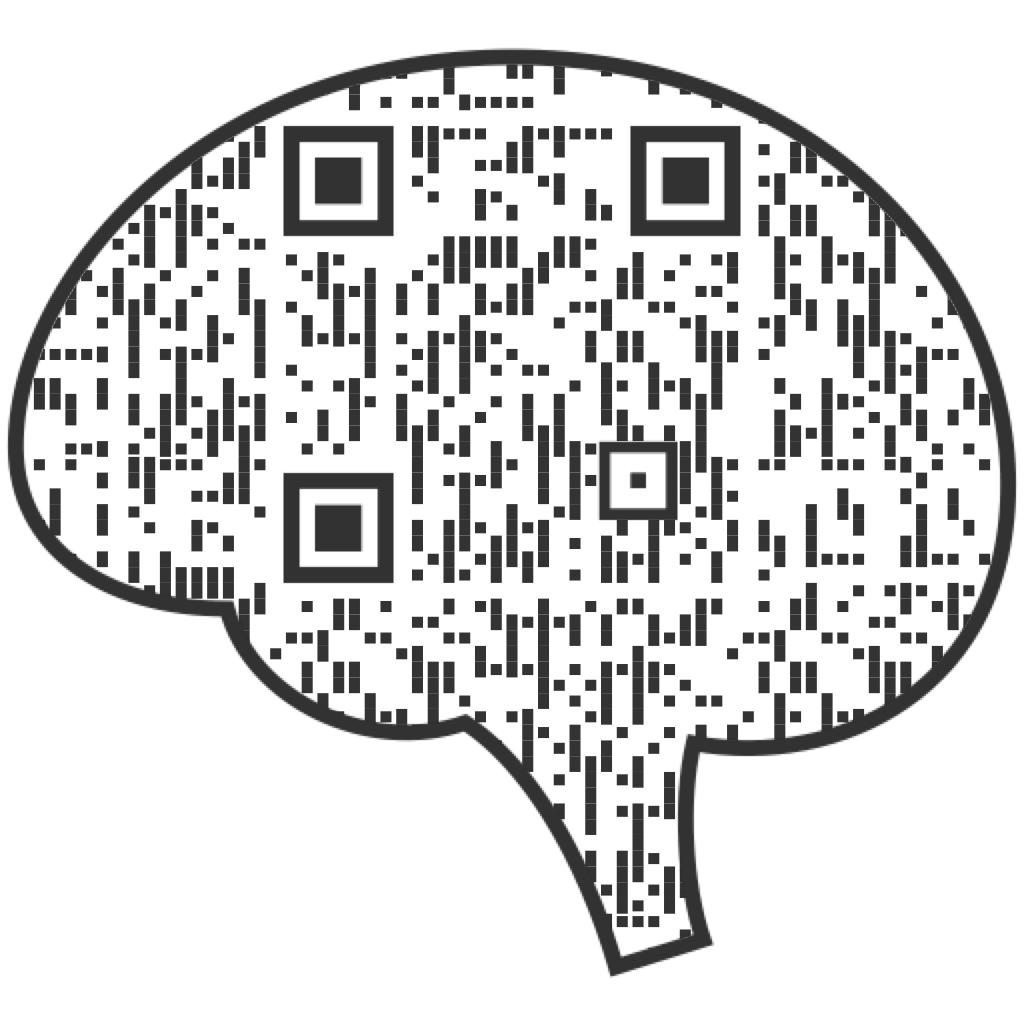
societal impact to new heights. With their generous contributions, we build new labs, invest in cutting-edge equipment, and hire and train new talent so that we can continue to be at the forefront of discovery in brain science.
This year has given us much to celebrate. As we usher in 2023, we invite you to join us on our journey to discover the inner workings of the most complex machine on earth. More groundbreaking discoveries are just around the corner!
>$100 million in new federal grant funding awarded to CNLM Fellows in 2022
>350 high impact research publications by CNLM Fellows in 2022
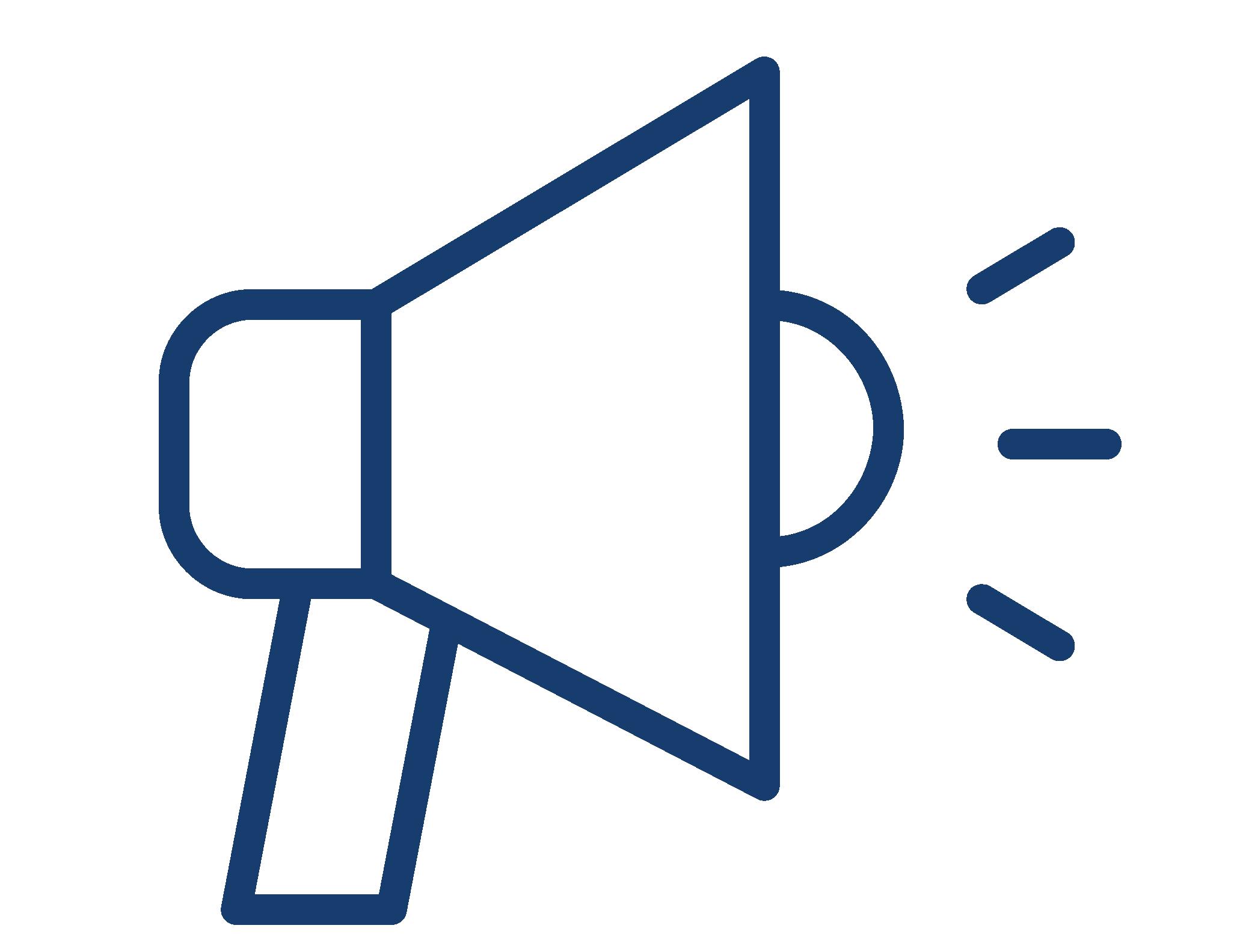
MICHAEL A. YASSA
Professor and Center Director James L. McGaugh Endowed Chair
Listen Now:
Find the podcast on: https://cnlm.uci.edu/chasing-life
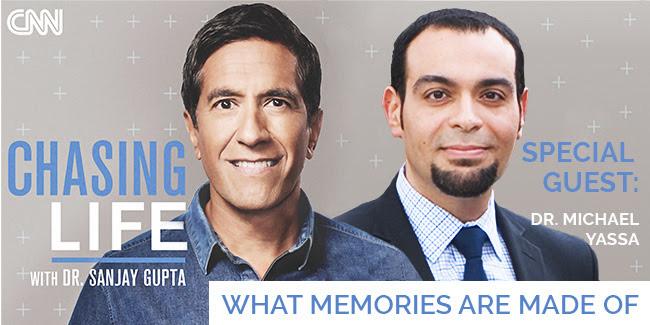
7
Michael Yassa featured on CNN’s Chasing Life Podcast
Happy Holidays.
Spring Conference: Pathway to Memory
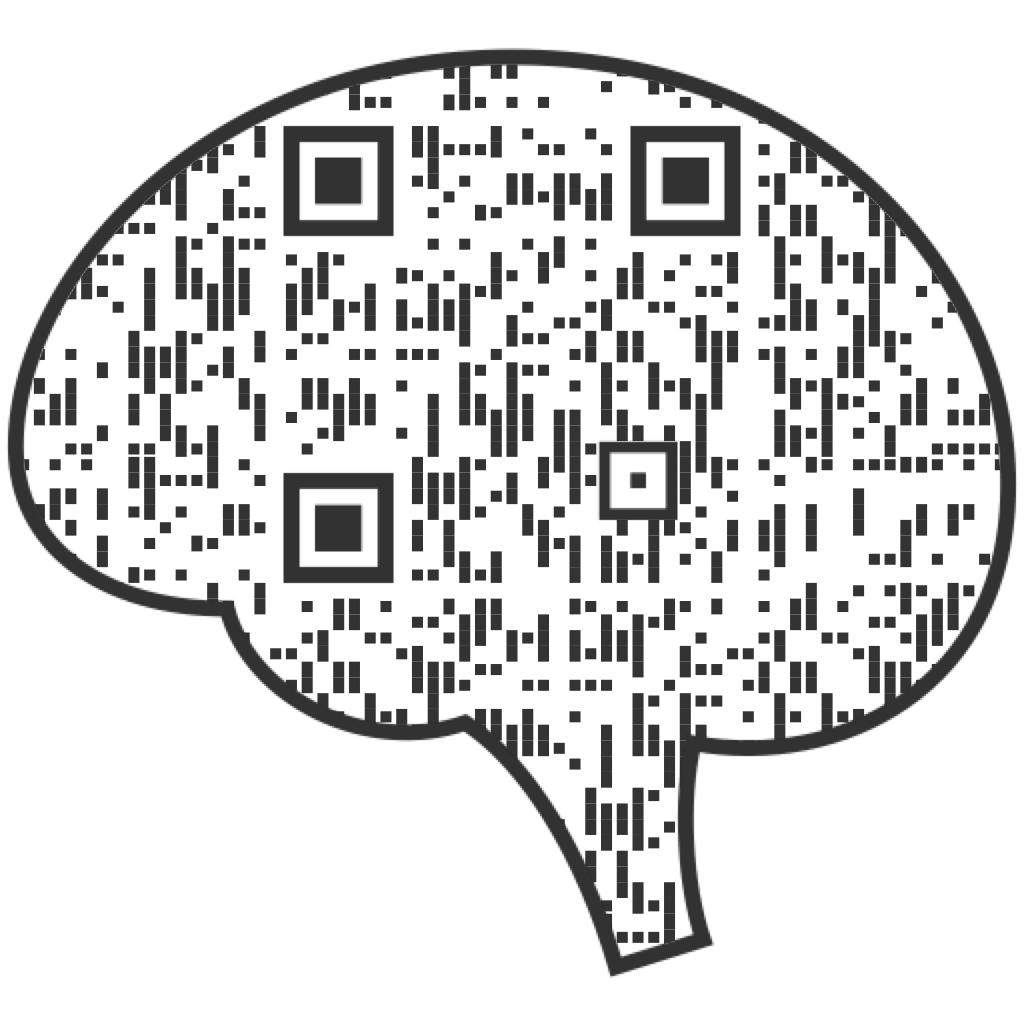
Learning | Consolidation | Representation
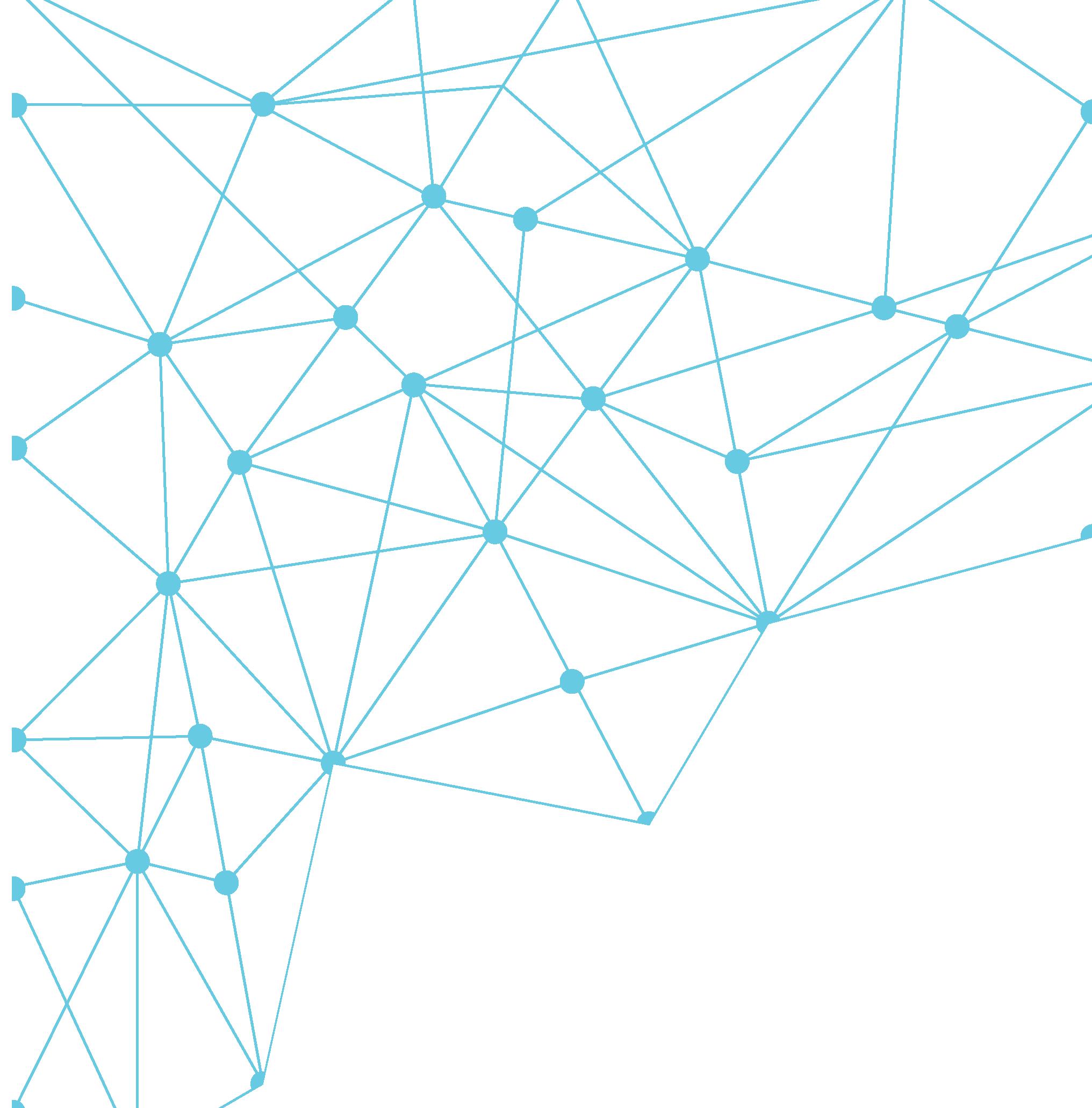
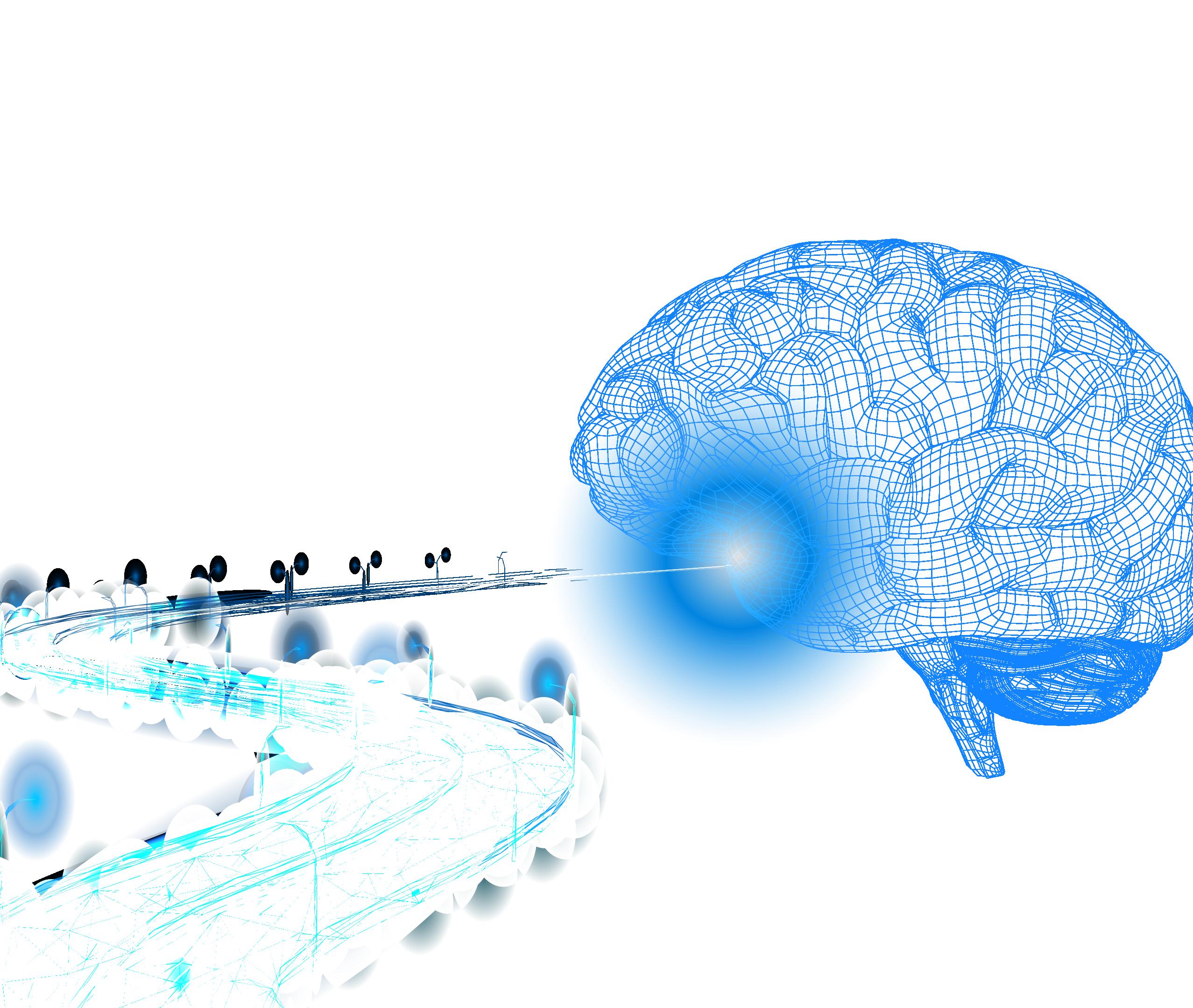
After two years of only virtual conferences, the CNLM hosted its first live scientific conference in 2022 bringing together more than 350 members of the learning and memory community to share their research. The Pathway to Memory spring meeting was held on May 5-6, 2022. A memorable highlight was Dr. Gina Poe’s brilliant and empassioned keynote talk that even included a neuro-jingle that got everyone on their feet singing and dancing. Whoever said scientists don’t know how to have fun!
Organizing Committee
Laura Ewell, Javier Diaz Alonso, Jenna Adams, Keiland Cooper, Diana Lofflin, Manuella Oliveira Yassa, and Michael Yassa
Watch Dr. Gina Poe’s talk at: https://cnlm.uci.edu/2022-conference
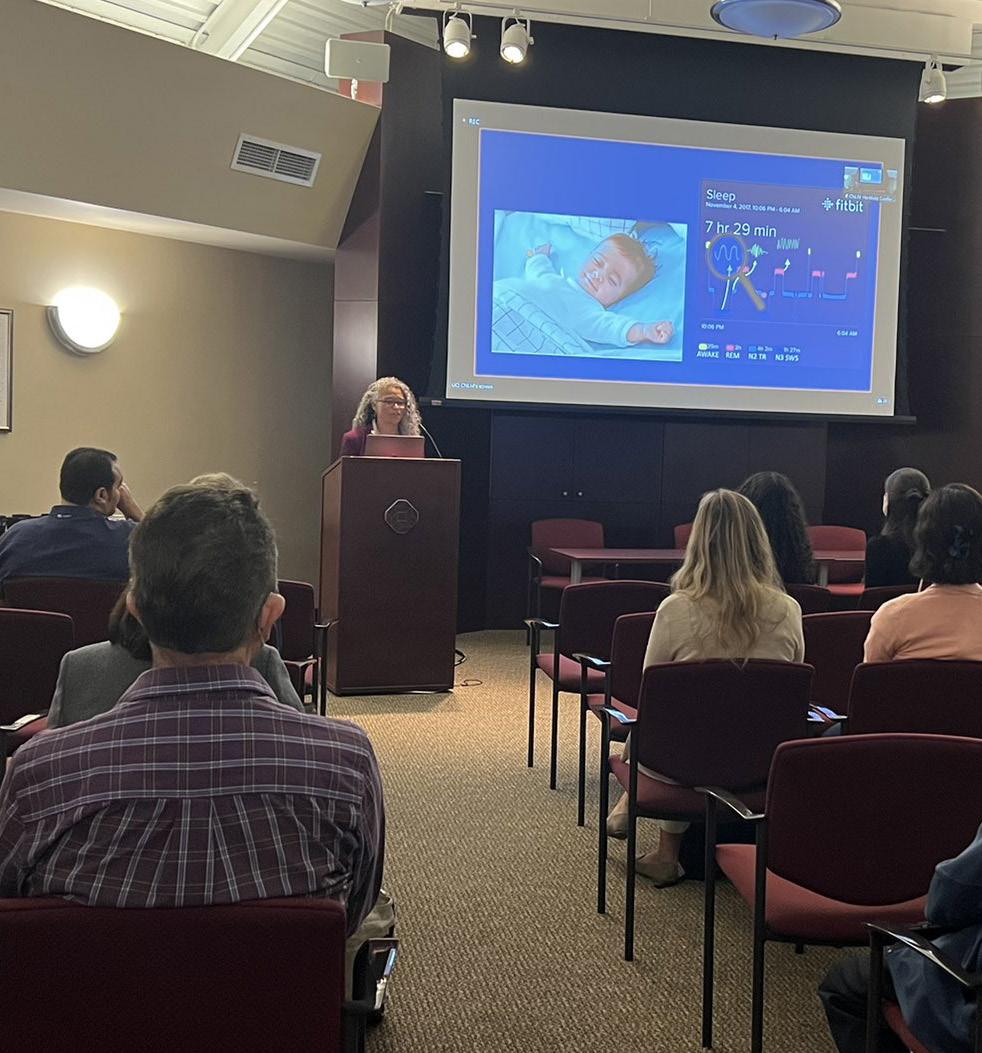
About The Conference:
As we change with time, so too do our memories. Decades of research have shown that memory formation is not a singular process, but rather a host of processes working together to encode, maintain, and augment memories to be used to guide intelligent behavior. The Pathway to Memory Spring Conference program focuses on the most recent advances in our understanding of these complex pathways to memory.
FEATURE STORY
“I think Dr. Poe’s song was an amazing surprise!”
– KEILAND COOPER, CONFERENCE ORGANIZING COMMITTEE
“I loved all of it. But I really enjoyed the poster session and talking at length with undergraduate presenters.” – Conference Attendee
8
Featured Symposia
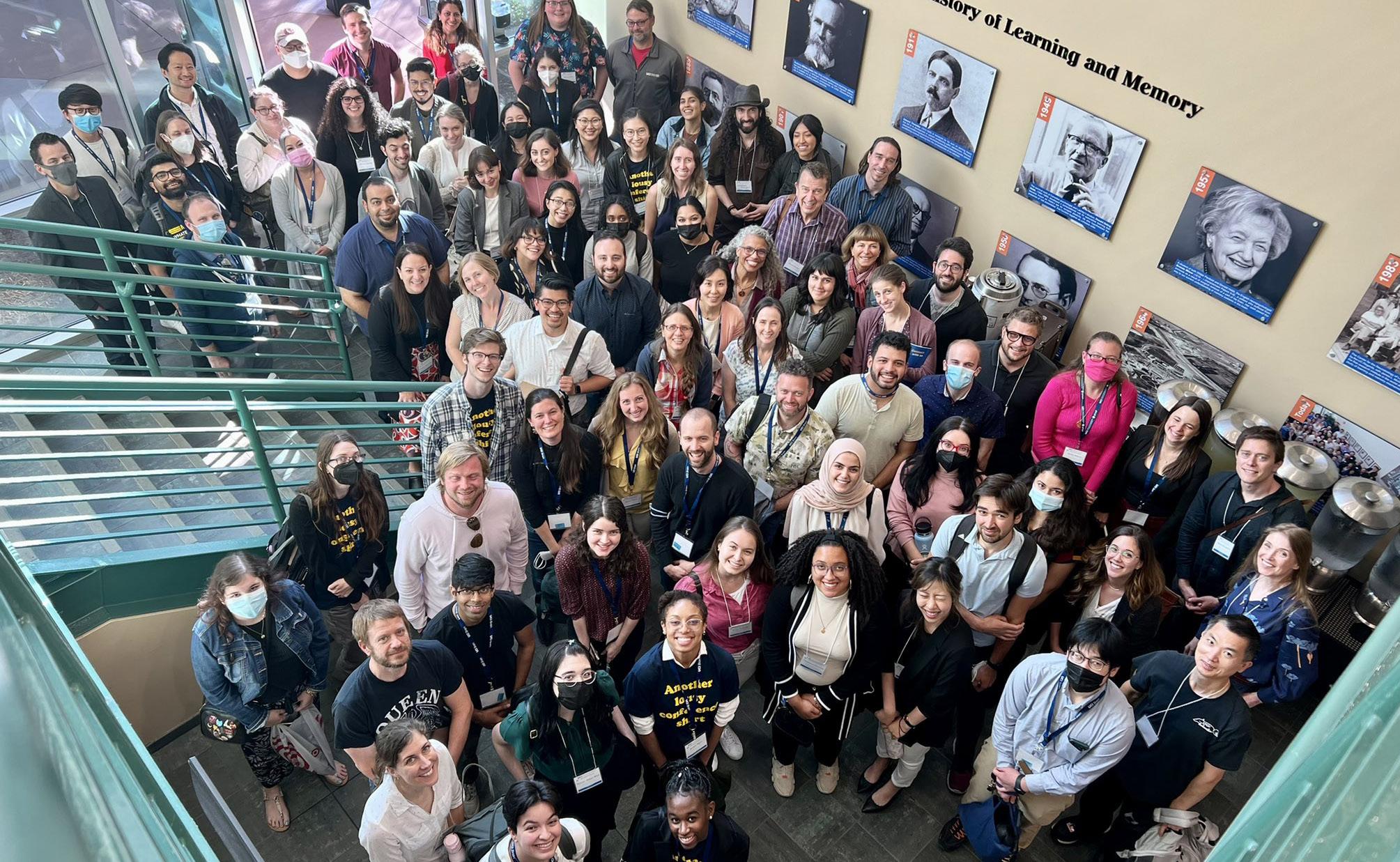
Learning Signals: How does the brain transform experience into signals which persist and augment neural circuits
Moderator: Javier Diaz Alonso, UC Irvine
Speakers: Lulu Chen, UC Irvine
Christine Grienberger, Brandeis University Autumn Ivy, UC Irvine Jason Shepherd, University of Utah
Representation: How do the dynamics of brain regions and neural populations support encoded memories
Moderator: Keiland Cooper, UC Irvine
Speakers: Liz Chrastil, UC Irvine

Aaron Bornstein, UC Irvine
Azahara Oliva Gonzalez, Cornell University Daniela Schiller, Mount Sinai
Consolidation: How do different brain regions and neural circuits change to stabilize labile memories allowing them to persist over time
Moderator: Laura Ewell, UC Irvine
Speakers: Attila Losonczy, Columbia University Bryce Mander, UC Irvine Sara Mednick, UC Irvine Brad Pfeiffer, UT Southwestern
“There has been a lot of recent discussion about learning mechanisms...questioning dogmas even at the most basic levels (like LTP). So we were hoping to follow the trip of a memory through the brain...how is it encoded...how is it consolidated...and finally how is it represented.”
 – LAURA EWELL, CONFERENCE ORGANIZING COMMITTEE
– LAURA EWELL, CONFERENCE ORGANIZING COMMITTEE
UCI Summer Institute in Neuroscience Trains Tomorrow’s Leaders in Brain Science
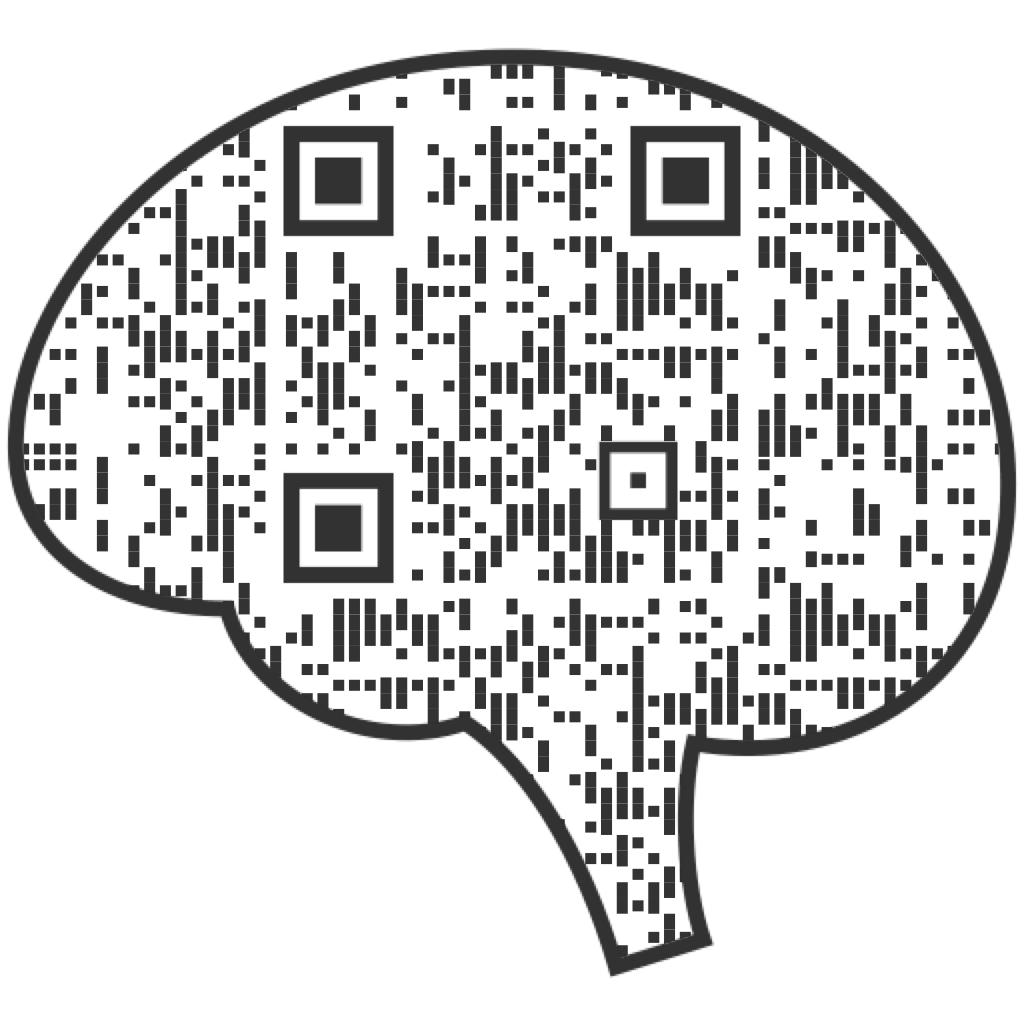


Chavara Bartley
Delaware State University
Drew Bookman
Xavier University
Brianna Bullock
Delaware State University
Angela Chapman
UC San Diego
Darrien Coates
Mount Saint Mary’s University
Gabriela Cornejo
Loyola University New Orleans
Jason Dennis
North Carolina A&T
Danielle Dwaah
University of Maryland College Park
Antonella Facundo
UC Irvine
Anisa Fair
Morgan State University
Raven James
Xavier University of Louisiana
Tamara Jones
Xavier University of Louisiana
Nikhita Kaushik
Beckman High School
Jaela Melton
North Carolina A&T
Avery Mizrahi
Orange County School of the Arts
Tatyana Murphy
Xavier University of Louisiana
Kepler Palacio-Soto
University of Rochester
Carly Rodriguez
Ursinus College
Morgan Skinner
Delaware State University
Zoe Treadwell
Hampton University
Nishtha Tripathi
St. Bonaventure University
Rebekka Twine
Delaware State University
Dyane Velazquez
Vanguard University
Nya Weems
Claflin University
FEATURE STORY
10
Class of 2022
Learn more at: https://cnlm.uci.edu/summer-22
This past summer, the CNLM hosted their first in-person summer program since the start of the COVID-19 stay-at-home orders, the Summer Institute in Neuroscience program. Twenty-four students from around the country participated in this 8-week residential research program. In addition to conducting research, the students participated in cohort-wide activities including workshops on neuroscience methods, professional development opportunities, seminars by faculty and, of course, socials.
Student projects covered a wide range of topics including the impact of trauma on the brain, the effect of early life adversity on memory circuits, mechanisms of neuronal injury in the fruit fly (drosophila), the role of sleep in memory and forgetting, the relationship between Down syndrome and Alzheimer’s disease, individual differences in spatial navigation, and brain circuits involved in addiction.
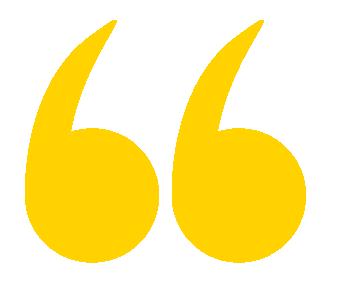

“At the core of the Irvine Summer Institute in Neuroscience is a large body of science e ducation research suggesting that participating in authentic, meaningful science research can have significant impacts on the success of junior scholars in science,” says Manuella Oliveira Yassa, Director of the Summer Institute. “By participating in this program, students engage with real scientists in laboratories where their work contributes to important discoveries.”
Just as important as the research the students conduct is the quality of the mentorship that they receive from graduate students and faculty. “Our summer scholars are paired with mentors and lab environments that equally prioritize research excellence and responsible mentorship,” says Dr. Autumn Ivy, CNLM Fellow and Principal Investigator of one of the funding grants supporting the program. “This is hugely important to the mission of this program—to not only provide a rigorous neuroscience research experience, but also to foster mentor-mentee relationships with their faculty mentor that can support the scholars’ potential research careers beyond their time with us.”
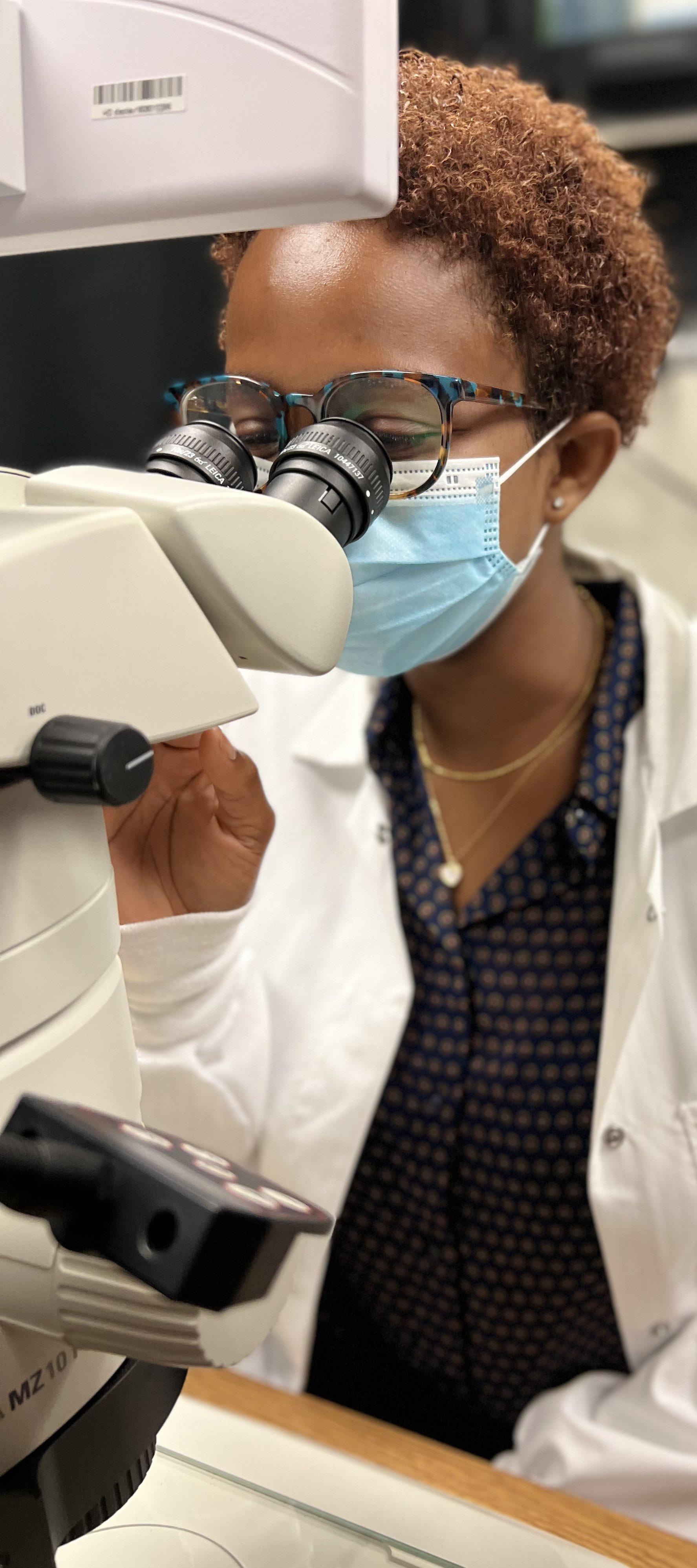
“This program was about more than the research for me. It was also about the lifelong connections I made with my mentors, fellow cohort, and other graduate students.”
– DARRIEN COATES, A RISING THIRD YEAR AT MOUNT SAINT MARY’S UNIVERSITY
Stemming the Rising Mental Health Crisis

While the pandemic has brought mental health into sharper focus for many, 1 in 5 adults were receiving mental health treatment before the arrival of COVID-19. Addressing mental health—and revealing the mysterious ways in which the brain drives our behaviors and emotions —requires the collective work of scientists with expertise ranging from genetics to pharmacology to biomedical engineering to public health.
Learn

“We need to educate students, parents, and the ommunity that not only is mental illness treatable, but there’s a biology behind it that makes it on par with any other physical condition. Is it all in your head? Yes of course. That’s the brain we’re talking about and it’s an organ just like every other organ. It can undergo physical change like any other organ, just like diabetes, arthritis or any other ailment.”
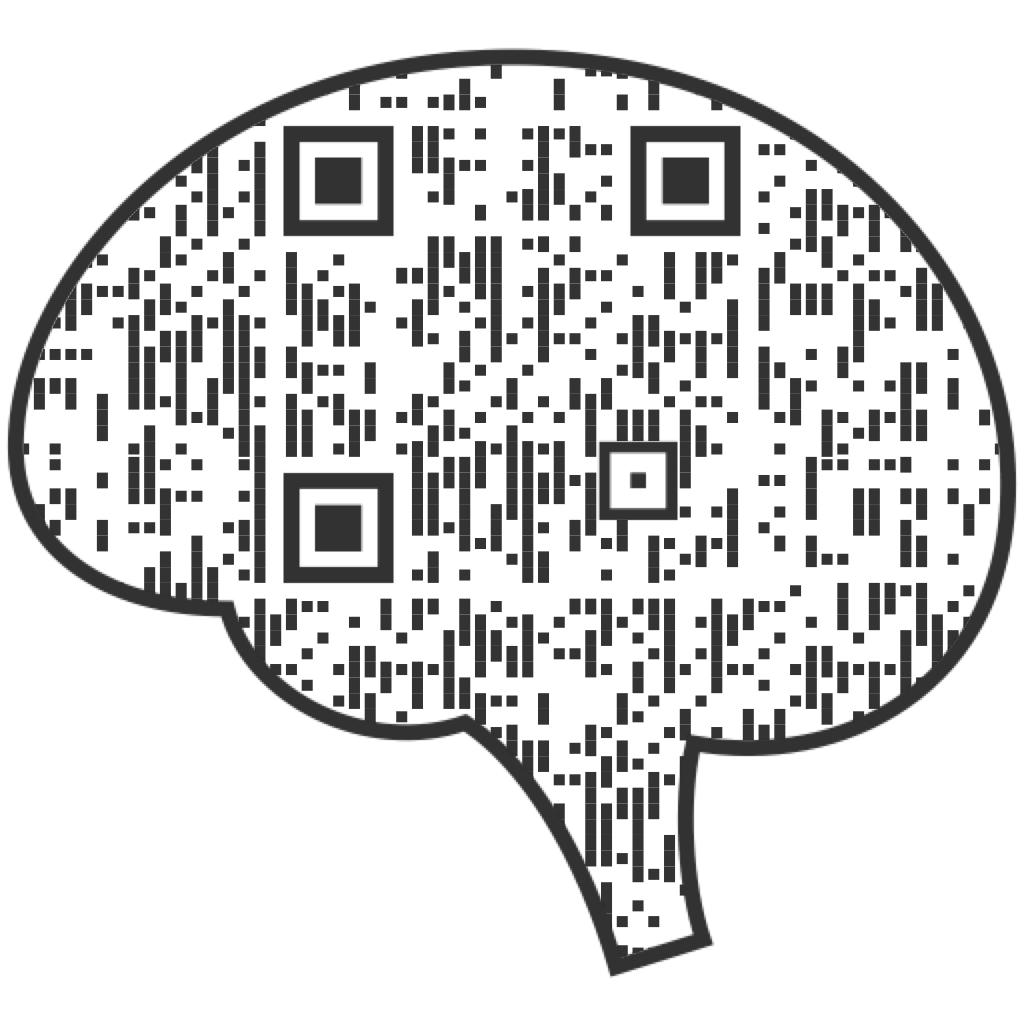
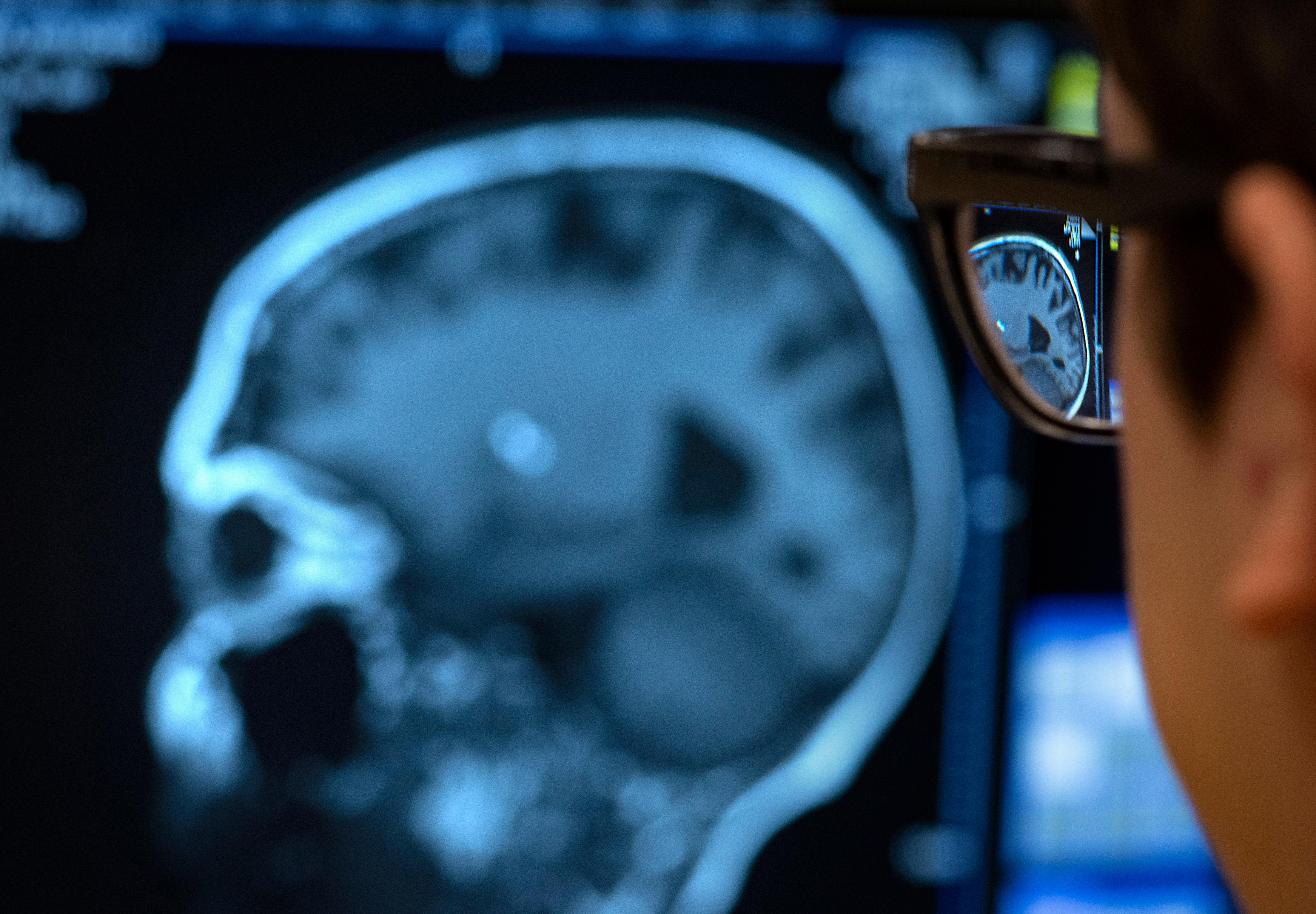
FEATURE STORY
– MICHAEL YASSA, CNLM DIRECTOR
more at: https://cnlm.uci.edu/baram-yassa
Understanding Early Roots
Because three-quarters of adults with mental illness begin experiencing symptoms before the age of 24, understanding the early-life origins of mental disorders is key. One of the most tantalizing questions CNLM Fellows are pursuing is: What factors help protect young people from or make them more susceptible to future mental health problems?
“Genetics plays a major role in who we are and how we function, but genetics is not fate,” says Dr. Tallie Z. Baram, CNLM Fellow and director of the UCI Conte Center on adolescent vulnerabilities. “What happens to us early in life is profound because this time is an especially sensitive period for the brain.”
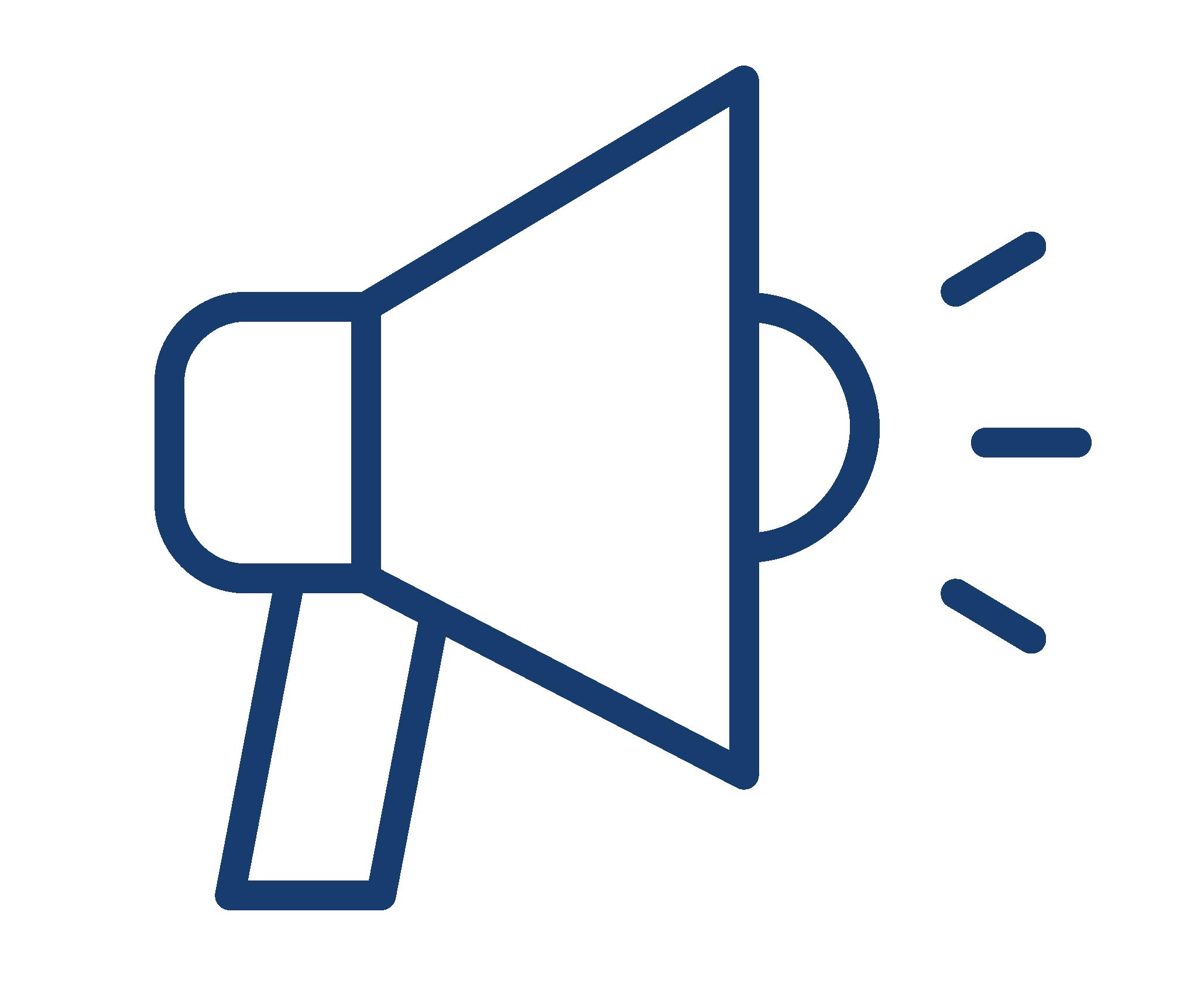


Baram’s research has shown that the complex circuitry of a child’s brain is affected by unpredictable signals –which could mean not having a stable routine, a parent frequently interrupting interactions with the child to check the phone, or a parent having volatile outbursts. In addition to studying infants and children, Conte Center researchers use sophisticated imaging tools to look into the brains of mice and rats—whose genetics and environmental factors can be controlled in a lab—and then corroborate their findings in people.
An Ever-Changing Brain
The state of California recently granted CNLM Fellow Tallie Z. Baram $2.9 million to launch a study of the mental health effects of unpredictability in 100,000 Orange County children, in collaboration with CHOC Children’s Hospital and Chapman University. The researchers will also look for biomarkers that could predict how resilient or vulnerable a child may be to adversity.
Early life experience is crucial, but the brain is also ever-changing and susceptible to significant stressors throughout life. For example, living in a pandemic has left many people feeling a sort of mental fog – and it isn’t a figment of their imagination.
“Our brains are very good at dealing with acute stressors such as a deadline or test. But chronic levels of stress may have long-lasting harmful effects on the brain,” says CNLM Director Michael Yassa.
When the brain is exposed to stress over long periods of time, cortisol —the hormone that famously fuels our flight-or-fight response—can rewire the brain’s circuitry, decreasing interaction among brain cells and lessening plasticity, making it harder for us to communicate and learn new things. The good news is that as the stress of the pandemic gradually recedes and many people hit reset on their work and life priorities, this mental fog will lift, he says.
But in extreme circumstances, the adult brain can be rewired in more lasting ways. New research by Yassa and Baram focuses on the changes in brains of mothers who have lost a child. The team members identified, for the first time, what they believe is the biological basis of maternal grief that persists for months and years after a child’s death and impacts hundreds of thousands of mothers in the U.S. and millions around the world. They found that the brain circuitry of grieving mothers was forever changed, especially in networks involving a less understood area of the brain called the paraventricular thalamus. This region may play a role in the persistence of stress in both adults and children.
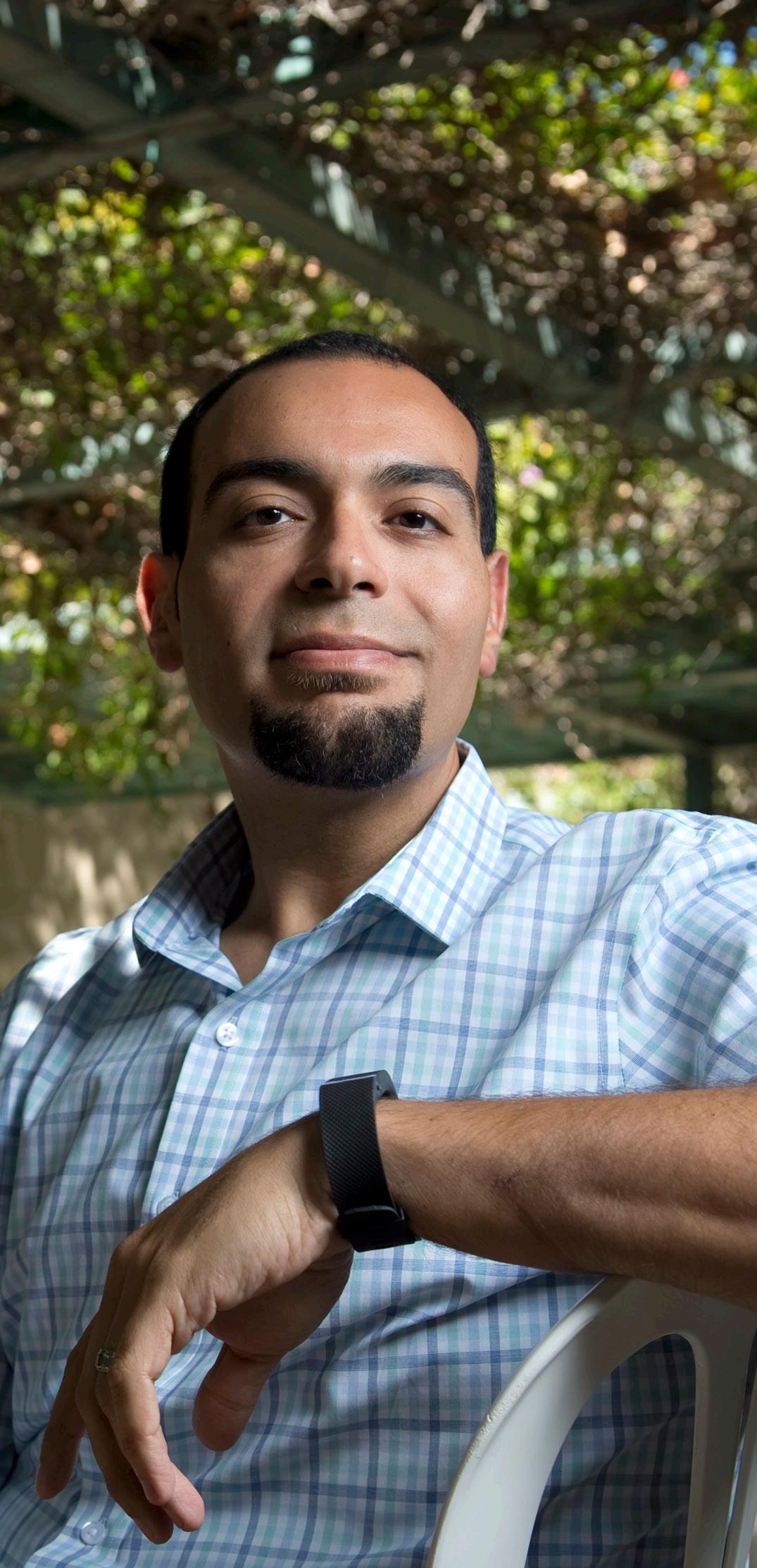
13
Welcome to our new CNLM 2021 & 2022 Fellows
UCI Fellows
Professor Amal Alachkar, Ph.D.
Pharmaceutical Sciences
School of Pharmacy & Pharmaceutical Sciences
Laura Ewell, Ph.D. Assistant Professor
Anatomy and Neurobiology
School of Biological Sciences
J. Zoe Klemfuss, Ph.D. Associate Professor


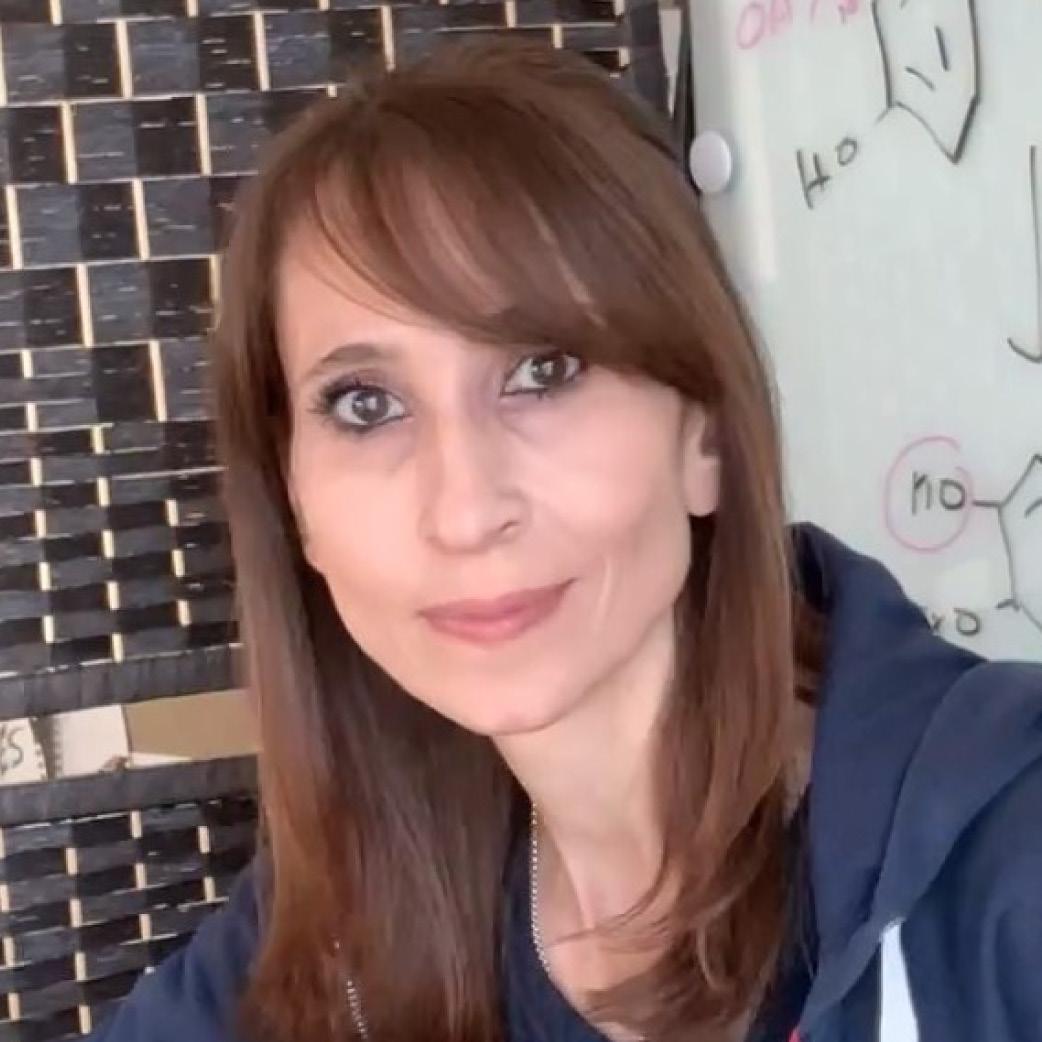
Psychological Science
School of Social Ecology
Albert R. La Spada, M.D., Ph.D. Professor
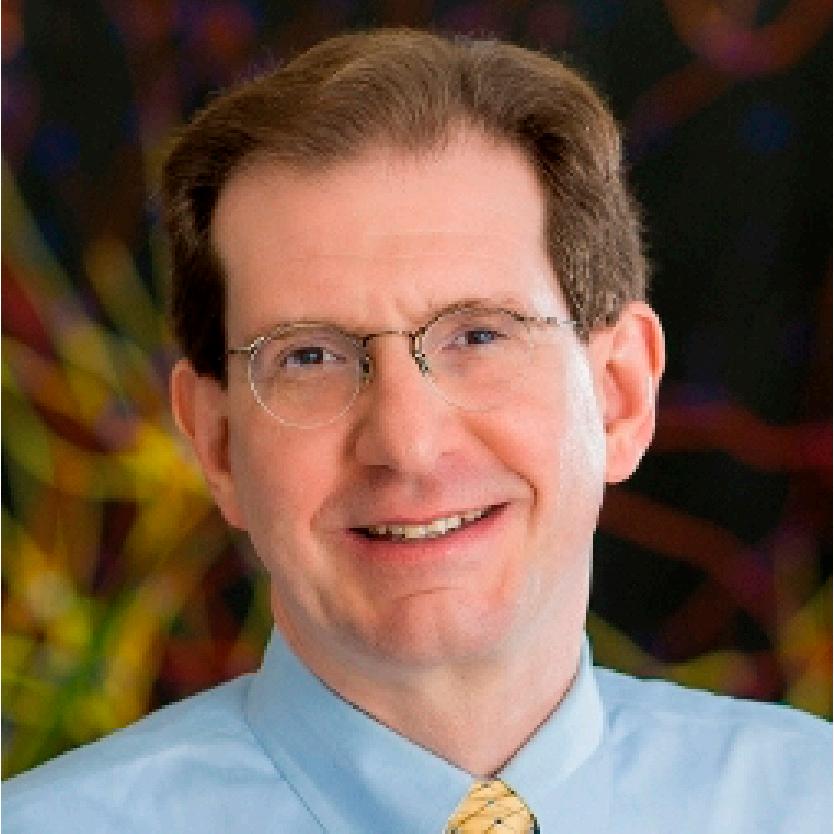
Pathology & Neurology
School of Medicine
Eitan Schechtman, Ph.D. Assistant Professor

Neurobiology and Behavior
School of Biological Sciences
Megan Peters, Ph.D. Assistant Professor
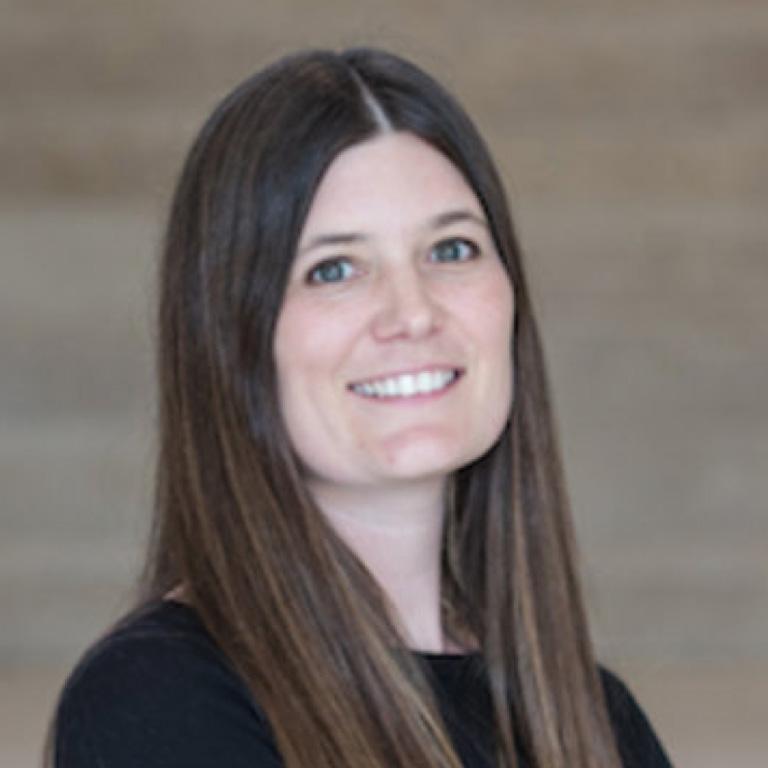
Cognitive Science
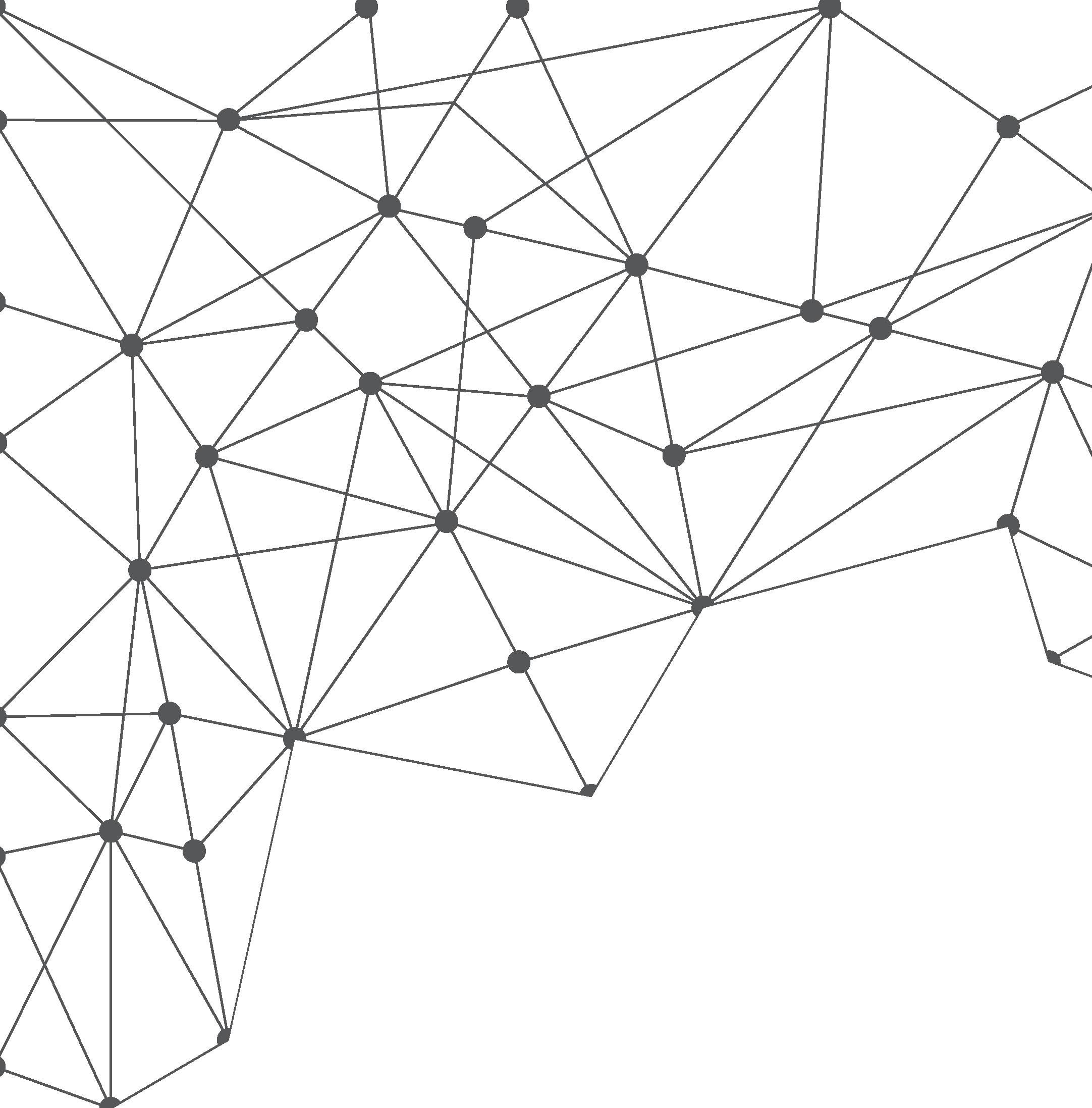
School of Social Sciences
School of Social Ecology Psychological Science
Momoko Watanabe, Ph.D. Assistant Professor

Anatomy and Neurobiology
School of Medicine
DeWayne P. Williams, Ph.D. Assistant Professor

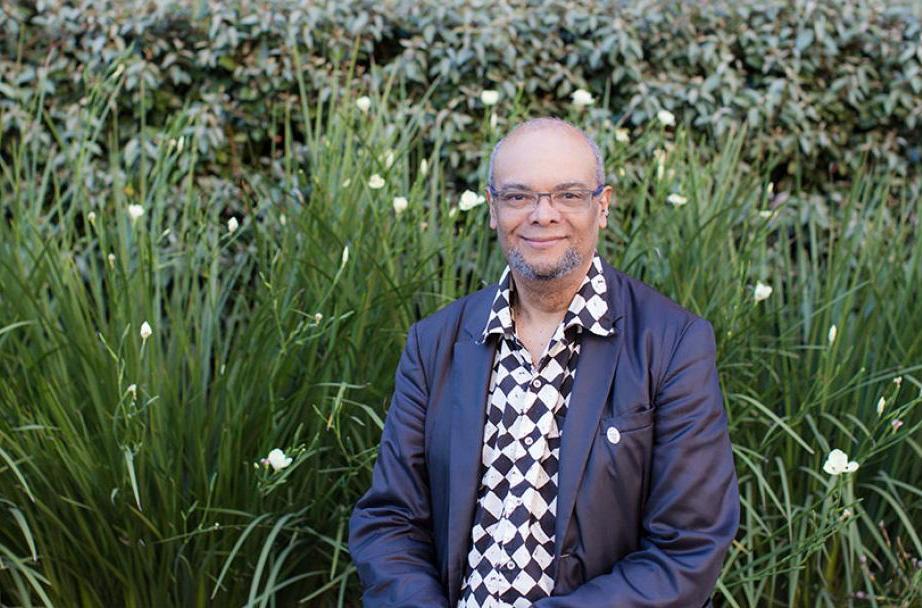
Psychological Science
School of Social Ecology
NEW CNLM FELLOWS ELECTED
External Fellows
Psychological and Brain Sciences
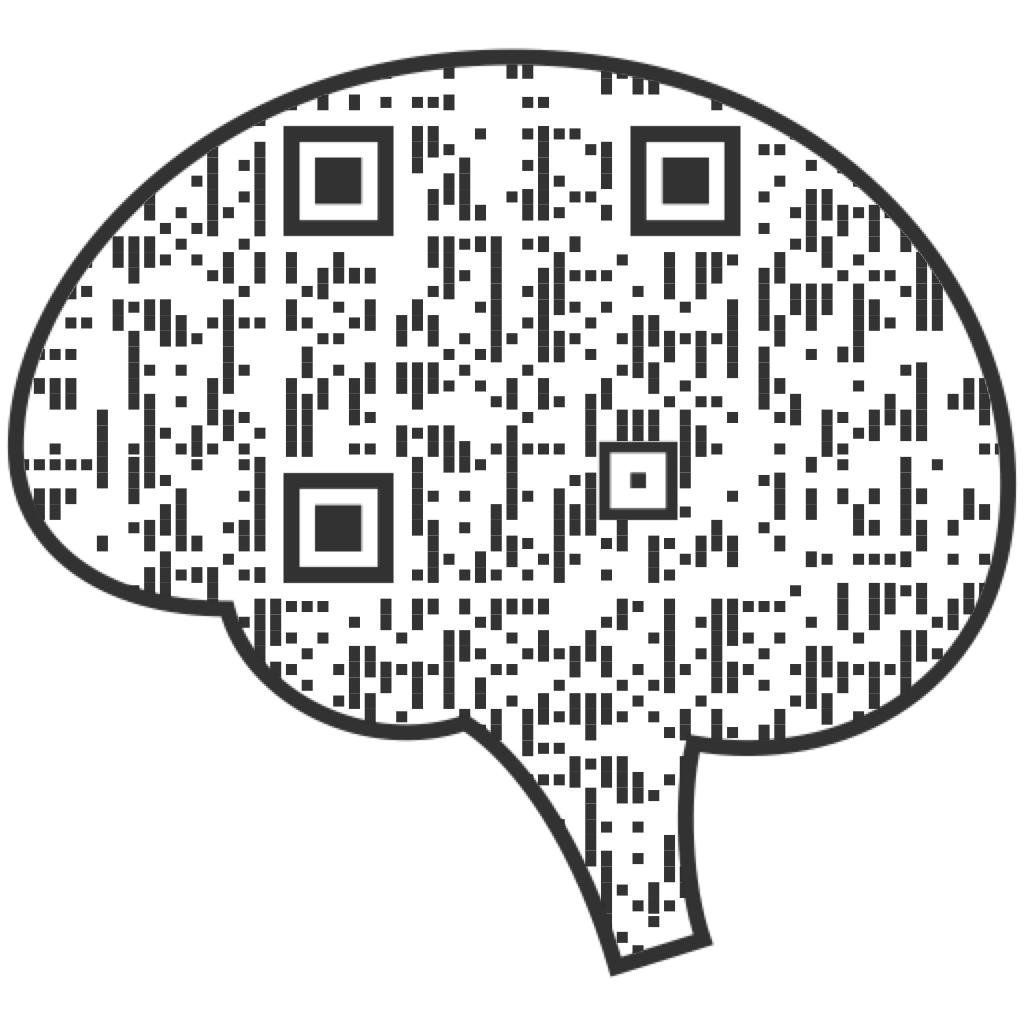
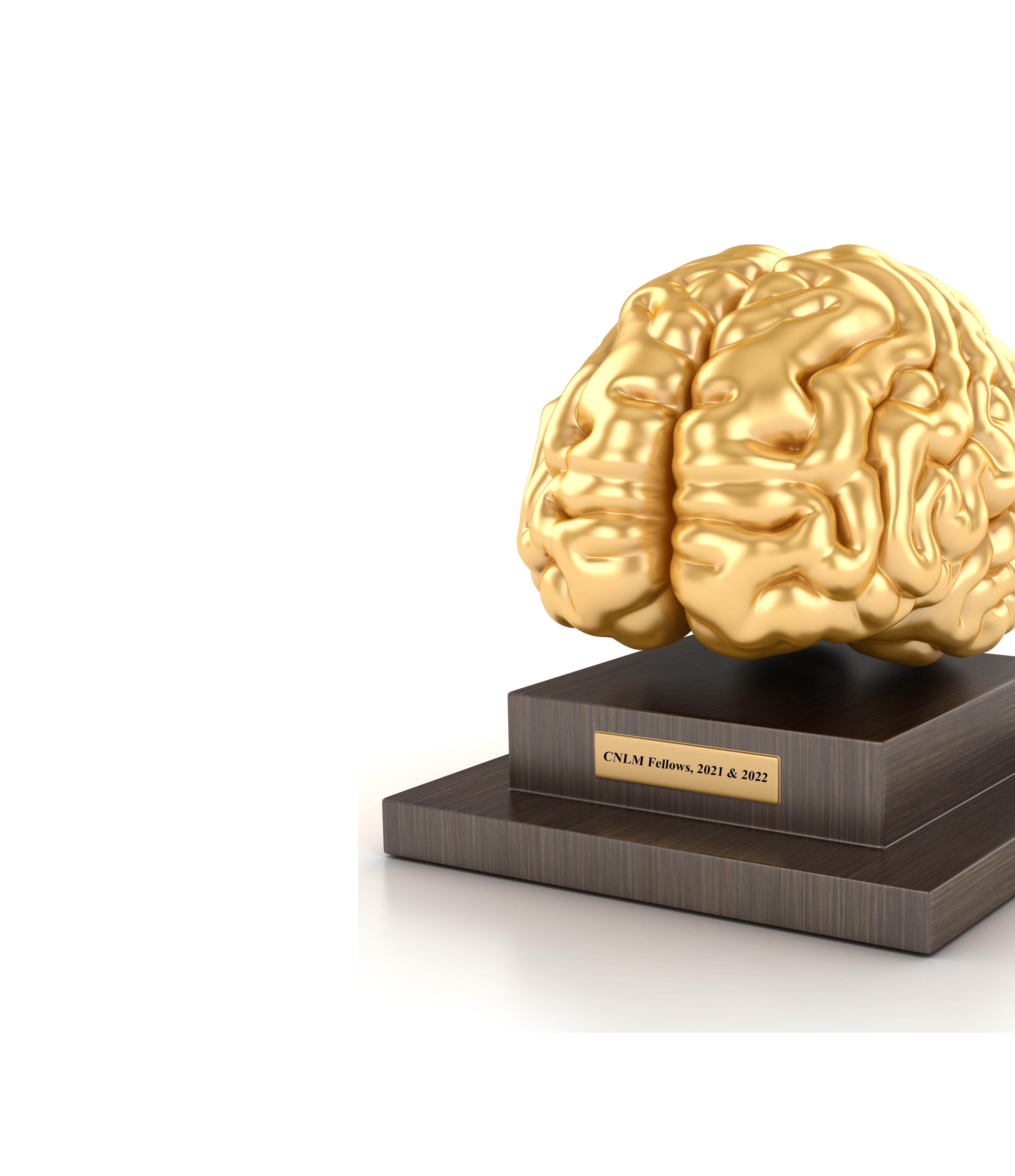 Laura DeNardo, Ph.D. Assistant Professor
Laura DeNardo, Ph.D. Assistant Professor
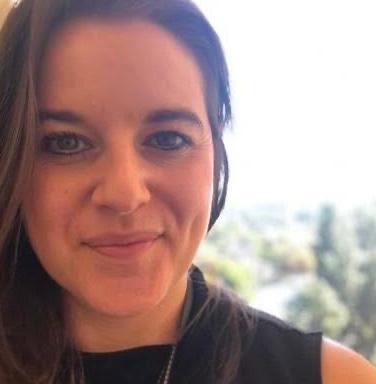

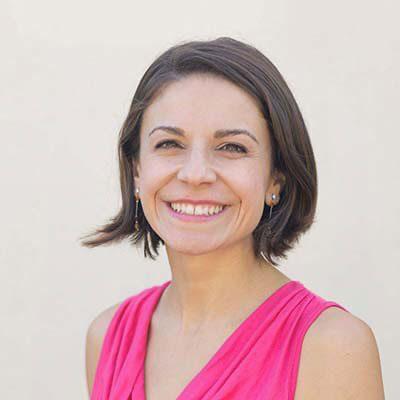
UC Los Angeles Physiology
Kalina J. Michalska, Ph.D. Assistant Professor
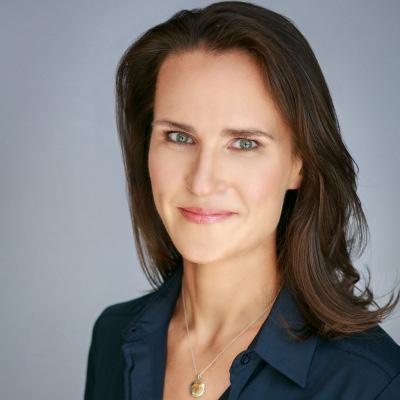
UC Riverside Psychology
Lara
Rangel, Ph.D. Assistant Professor

UC San Diego Cognitive Science
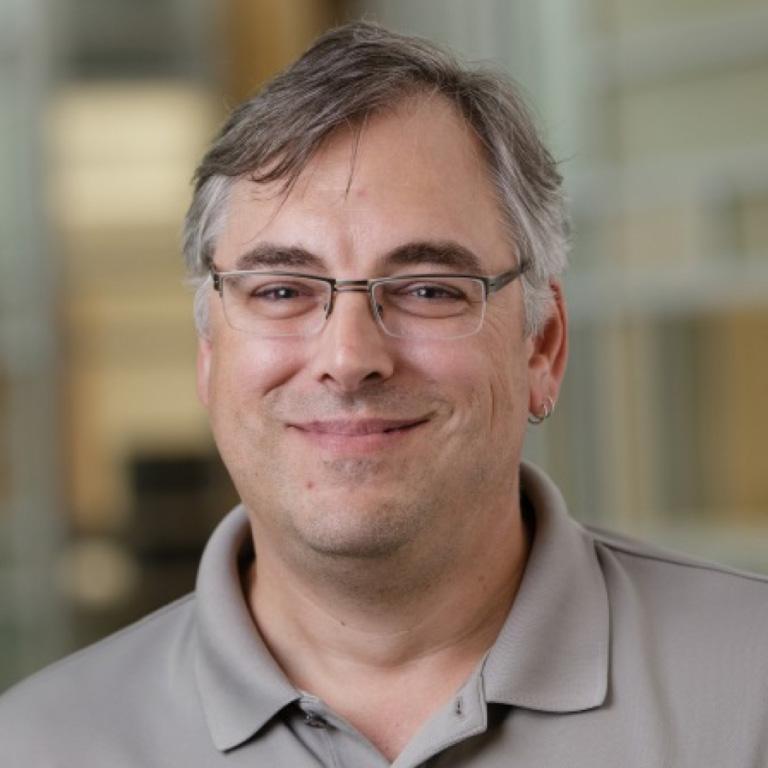

UC Los Angeles Psychology
 Melissa Sharpe, Ph.D. Assistant Professor
Melissa Sharpe, Ph.D. Assistant Professor
Learn about our CNLM Fellows: https://cnlm.uci.edu/fellows 15
BREAKTHROUGH RESEARCH


A mechanism for how our senses and thoughts come together


Our ability to think, decide, remember recent events and more, comes from our brain’s neocortex. A team led by CNLM Fellow Gyorgy Lur and graduate student Daniel Rindner recently discovered key aspects of the mechanisms behind these functions. The neocortex integrates feedforward and feedback information streams, a back-and-forth communication that allows the brain to pay attention, retain short-term memories, and make decisions. Think about crossing a road at a busy intersection. There are trees, people, moving vehicles, traffic signals, signs and more. Your higher-level neocortex tells your sensory system which things in the environment merit attention for deciding when to go across. How neurons in the brain participate in these complex processes has been a mystery until now. The team discovered that feedforward and feedback signals converge onto single neurons in the parietal region of the neocortex. The researchers also found that distinct types of cortical neurons merge the two information streams on markedly different time scales and identified the cellular and circuit architecture underpinning these differences. Understanding these processes is critical for developing future treatments for neuropsychiatric ailments like sensory-processing disorders, schizophrenia and ADHD, as well as for strokes and other injuries to the neocortex. The paper was published in Neuron.
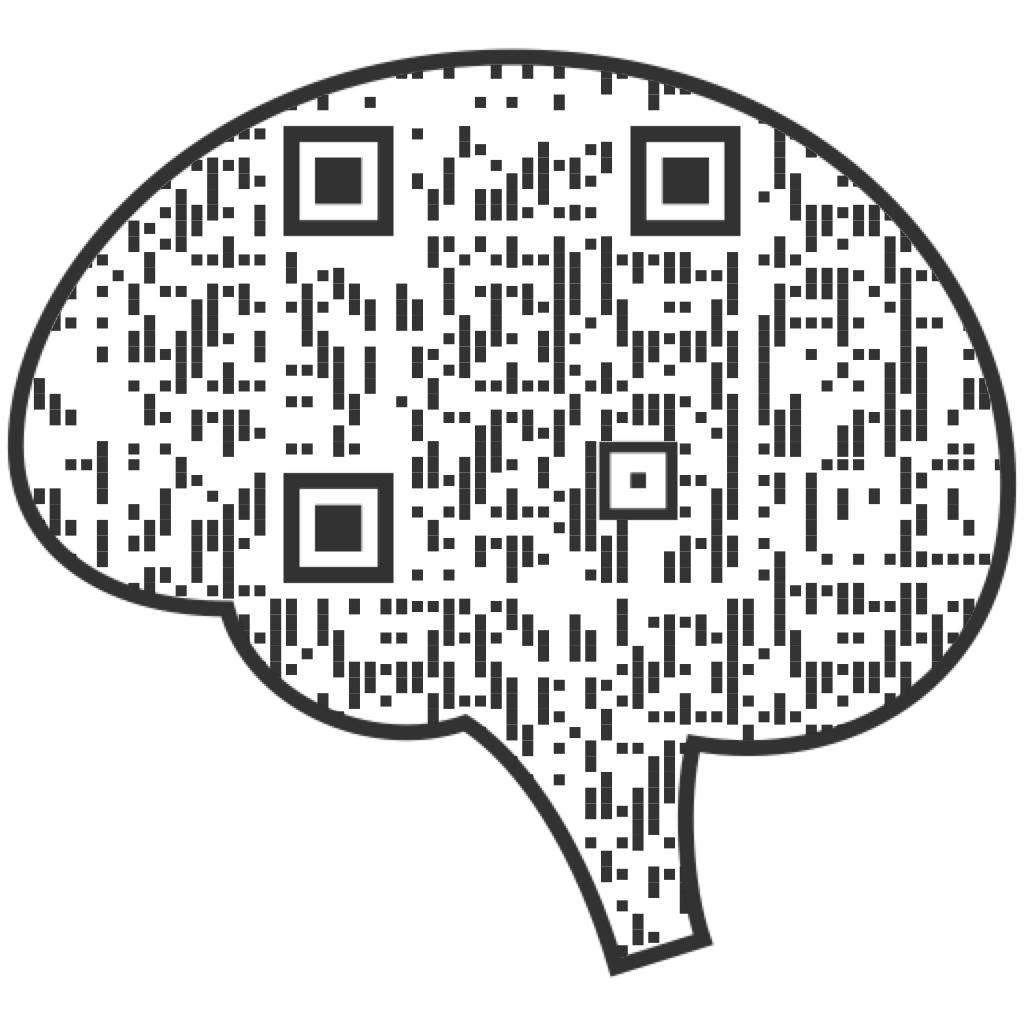
Learn more at: https://cnlm.uci.edu/lur-ids

17
Sex differences in memory encoding triggered by puberty
New research has highlighted a femalespecific memory mechanism leading to differences in learning between males and females, which are triggered by biological events occurring during puberty. The research, led by CNLM Fellow Christine Gall, further found that pharmacological intervention could restore these key memory mechanisms in females to levels observed before puberty. The study demonstrated that female rodents had enhanced spatial learning and long-term potentiation (a form of cellular memory) relative to males. This situation, however, reverses after puberty. Gall and colleagues show that the threshold for memory encoding increases in females and decreases in males after puberty. In females, this is linked to increased inhibition by a specific type of GABA receptor that undergoes changes during puberty. Suppressing this receptor pharmacologically restored learning to before puberty levels in females. Clearly, this shows that males and females have different mechanisms underlying their learning and memory and emphasizes the need to develop new approaches to develop sexually differentiated approaches for the development of therapeutic treatments and their applications at different life stages. This work was published in Nature Neuroscience with Aliza Le, alumna of the CNLM’s Howard Schneiderman Training Program in Learning and Memory as first author.
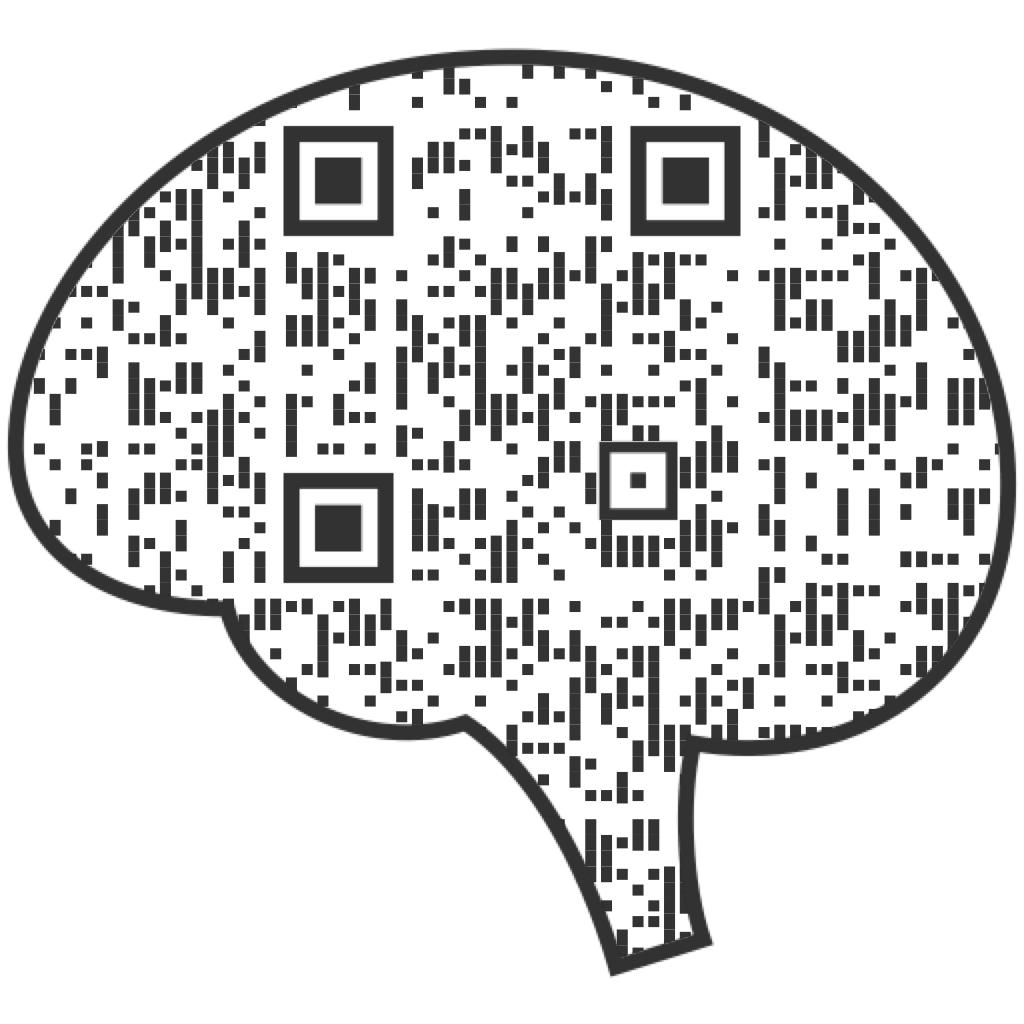



BREAKTHROUGH RESEARCH
Learn more at: https://cnlm.uci.edu/memory-encoding 18
How a Parkinson’s drug may improve then diminish quality of life
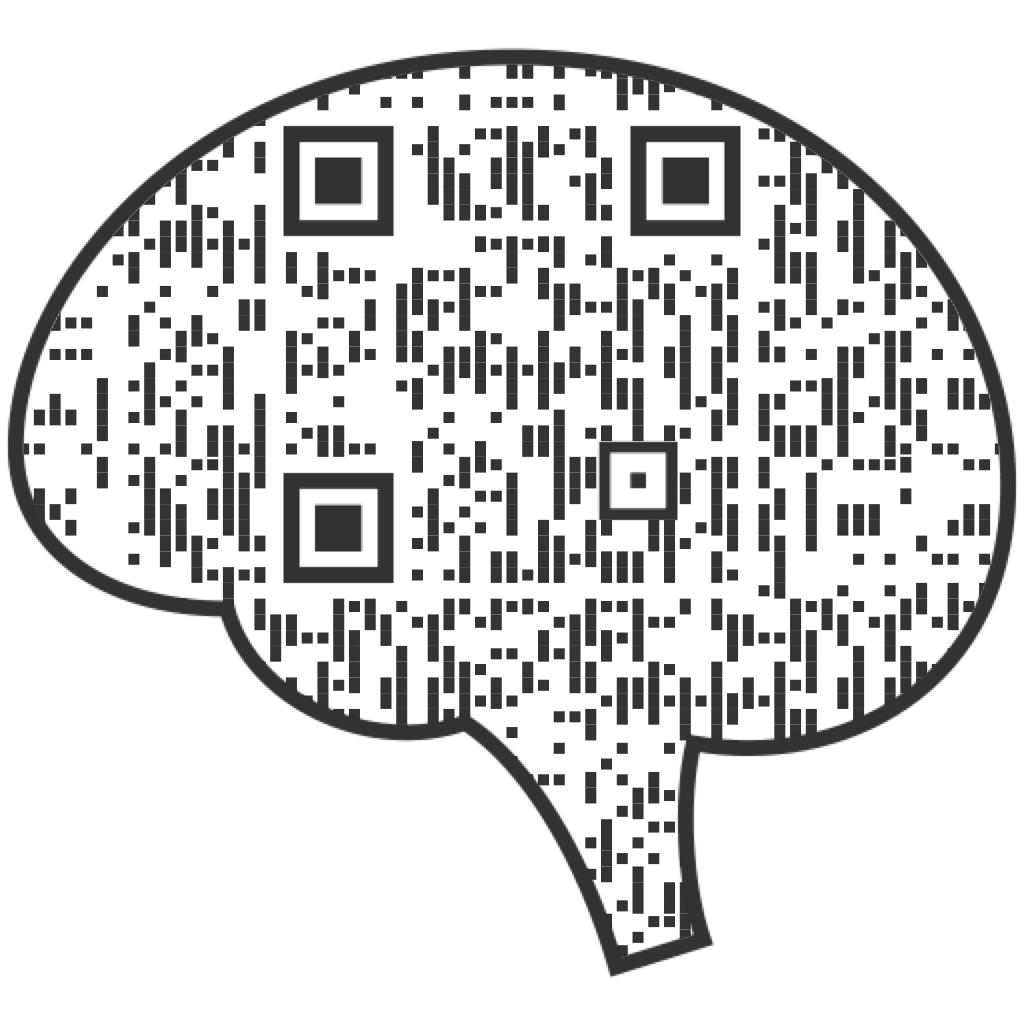
A team of researchers led by CNLM Fellow Amal Alachkar has discovered a possible reason why L-dopa, the front-line drug for treating Parkinson’s disease, loses efficacy and causes dyskinesia—involuntary, erratic muscle movements of the patient’s face, arms, legs and torso—as treatment progresses. The team studied L-dopa using a technology called surface plasmon resonance to measure interactions between the drug and target proteins. They discovered that L-dopa interacts with proteins creating a complex that causes inflammation which may trigger dyskinesia. As Parkinson’s progresses, higher doses of L-dopa are required to alleviate disease symptoms and negative side effects occur with even lower doses, resulting in a narrow therapeutic window. It’s possible that L-dopa forming complexes with other proteins reduces the amount of circulating L-dopa available for dopamine synthesis in the brain. Future studies aim to determine whether such complexes can be detected in the blood of Parkinson’s patients, serving as a new biomarker and target for novel disease treatments. Findings from the study were recently published in ACS Chemical Neuroscience.

Learn more at: https://cnlm.uci.edu/parkinsons-drug

19
for organizing memories in time

Combining electrophysiological recording techniques in rodents with a statistical machine learning analysis of huge troves of data, a new study led by CNLM Fellow Norbert Fortin and statistician Babak Shahbaba uncovered evidence that the hippocampus encodes and preserves progressions of experiences to plan future behavior. Findings could have implications for our understanding of how this type of memory gets worse as we get older and is severely impacted by a variety of neurological conditions. The project, which took more than three years to complete, involved monitoring the firing of neurons in rats’ brains as they completed sequence odor memory tasks and using machine learning techniques to “decode” how these neurons captured this sequential information. Interestingly, the team used convolutional neural networks, a type of deep learning network that is used widely in other applications like face recognition. The tools and methodologies developed during this project can be applied to a wide range of problems and to other brain regions. The work appears in Nature Communications.
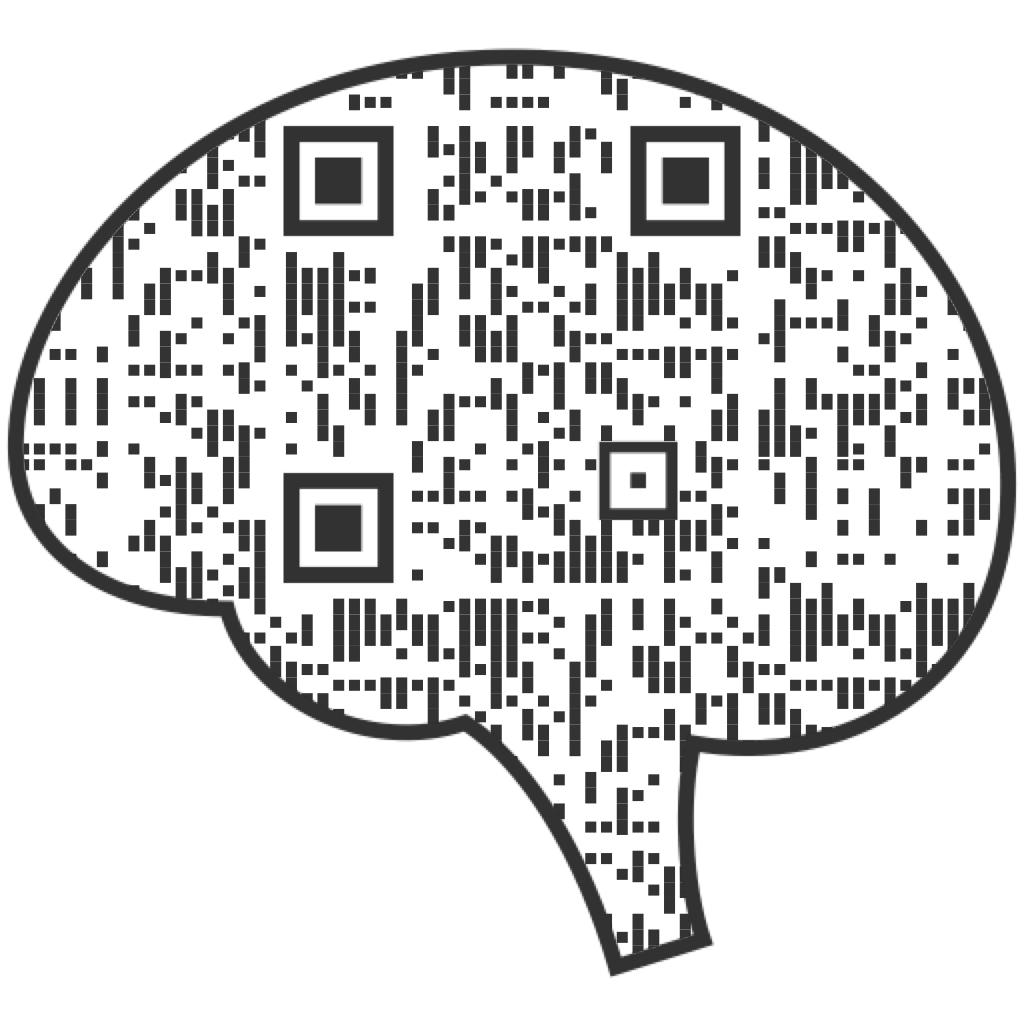

Learn more at: https://cnlm.uci.edu/memories-in-time

20
Solving algorithm ‘amnesia’

reveals clues to how we learn

A discovery about how algorithms can learn and retain information more efficiently offers potential insight into the brain’s ability to absorb new knowledge. A team led by CNLM Fellow Bruce McNaughton and graduate student Rajat Saxena tested a new hypothesis about learning using artificial neural networks. Researchers have long theorized that our ability to learn new concepts stems from the interplay between the brain’s hippocampus and the neocortex. The hippocampus captures fresh information and replays it during rest and sleep. The neocortex grabs the new material and reviews its existing knowledge so it can interleave, or layer, the fresh material into similar categories developed from the past. However, how the brain can sort through the whole trove of information it has gathered during a lifetime remains a mystery. The team discovered that when the network interleaved a much smaller subset of old information, including mainly items that were similar to the new knowledge they were acquiring, they learned it without forgetting what they already knew. These findings suggest a brain mechanism for why experts at something can learn new things in that area much faster than nonexperts. If the brain already has a cognitive framework related to the new information, the new material can be absorbed more quickly because changes are only needed in the part of the brain’s network that encodes the expert knowledge. The findings offer possibilities as well for making algorithms in machines such as medical diagnostic equipment, autonomous cars and many others more precise and efficient. The study appears in Proceedings of the National Academy of Sciences.
Learn more at: https://cnlm.uci.edu/algorithm-amnesia

Learn more at: https://cnlm.uci.edu/smarter-ai
A hybrid human-machine framework for building smarter AI

From chatbots that answer tax questions to algorithms that drive autonomous vehicles and dish out medical diagnoses, artificial intelligence undergirds many aspects of daily life. Creating smarter, more accurate systems requires a hybrid human-machine approach, according to CNLM Fellow Mark Steyvers, computer scientist Padharic Smyth and their colleagues who developed a new mathematical model that can improve performance by combining human and algorithmic predictions and confidence scores. To test the framework, the team conducted an image classification experiment in which human participants and computer algorithms worked separately to correctly identify distorted pictures of animals and everyday items – chairs, bottles, bicycles, trucks, and ranked their confidence. The results showed large differences in confidence between humans and AI algorithms across images. When predictions and confidence scores from both were combined using the team’s new Bayesian framework, the hybrid model led to better performance than either human or machine predictions achieved alone. This work points to new and improved approaches to human-AI collaboration. The study was published in Proceedings of the National Academy of Sciences.
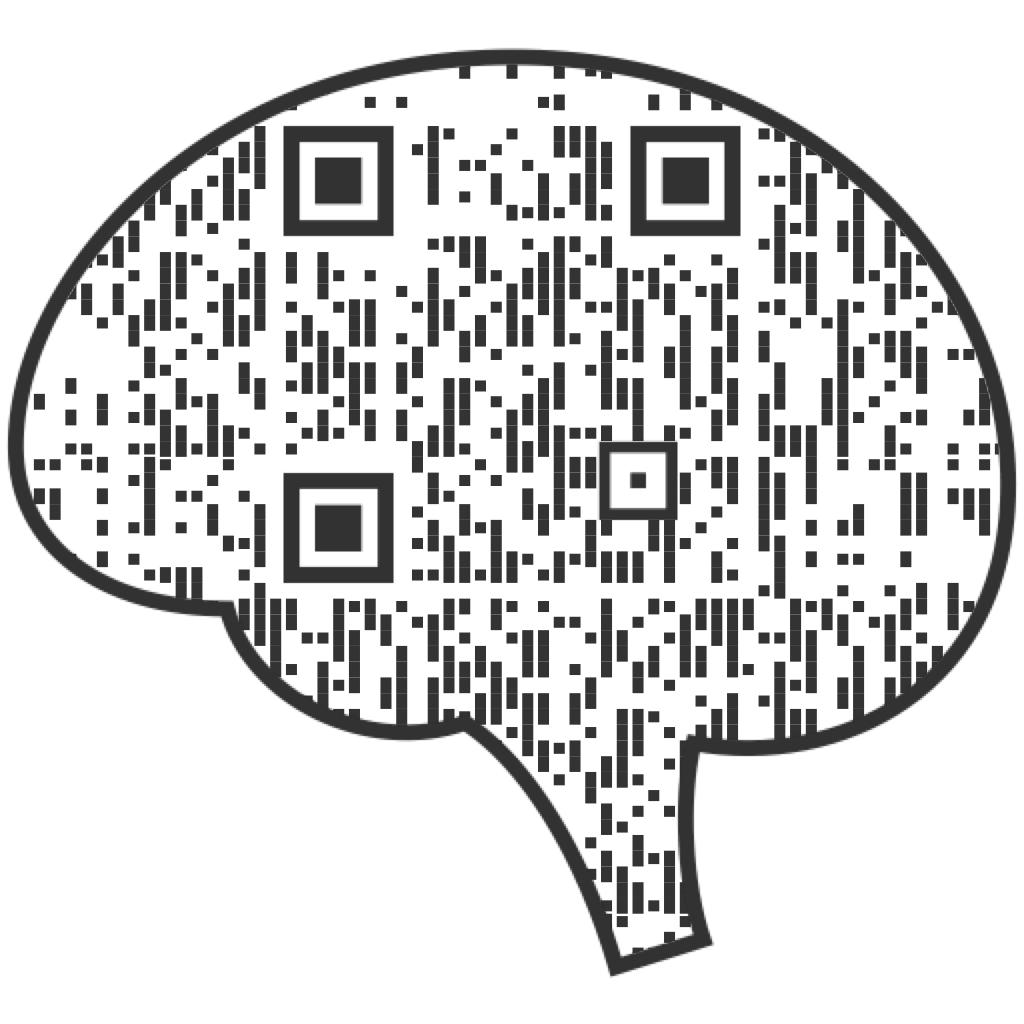


Who benefits from brain training, and why?
If you are skilled at playing puzzles on your smartphone or tablet, what does it say about how fast you learn new puzzles, or more broadly, how well can you focus in school or at work? In the language of psychologists, does “near transfer” predict “far transfer”? A new study in the labs of CNLM Fellow Susanne Jaeggi and UC Riverside psychologist Aaron Seitz is investigating these questions. The team conducted three randomized control trials involving nearly 500 participants and discovered that the extent to which people improve on near transfer tasks determines whether far transfer to an abstract reasoning task is successful. By analogy, if a person running on a treadmill in the gym proceeds to be able to run faster outdoors (near transfer), then this improvement predicts whether this person would be better prepared to engage in other physical activities such as cycling or playing a sport (far transfer). Why is this relevant? People are constantly being sold brain-training games. Some studies claim these games work; other studies claim the opposite, making it difficult to interpret the results of interventions. Studies also lump together people who show near transfer with people who show no near transfer. The new paper clarifies some of this confusion. Jaeggi cautions that the claims of companies promising that their games improve core cognitive functions need to be carefully evaluated. The study was published in Nature Human Behavior.
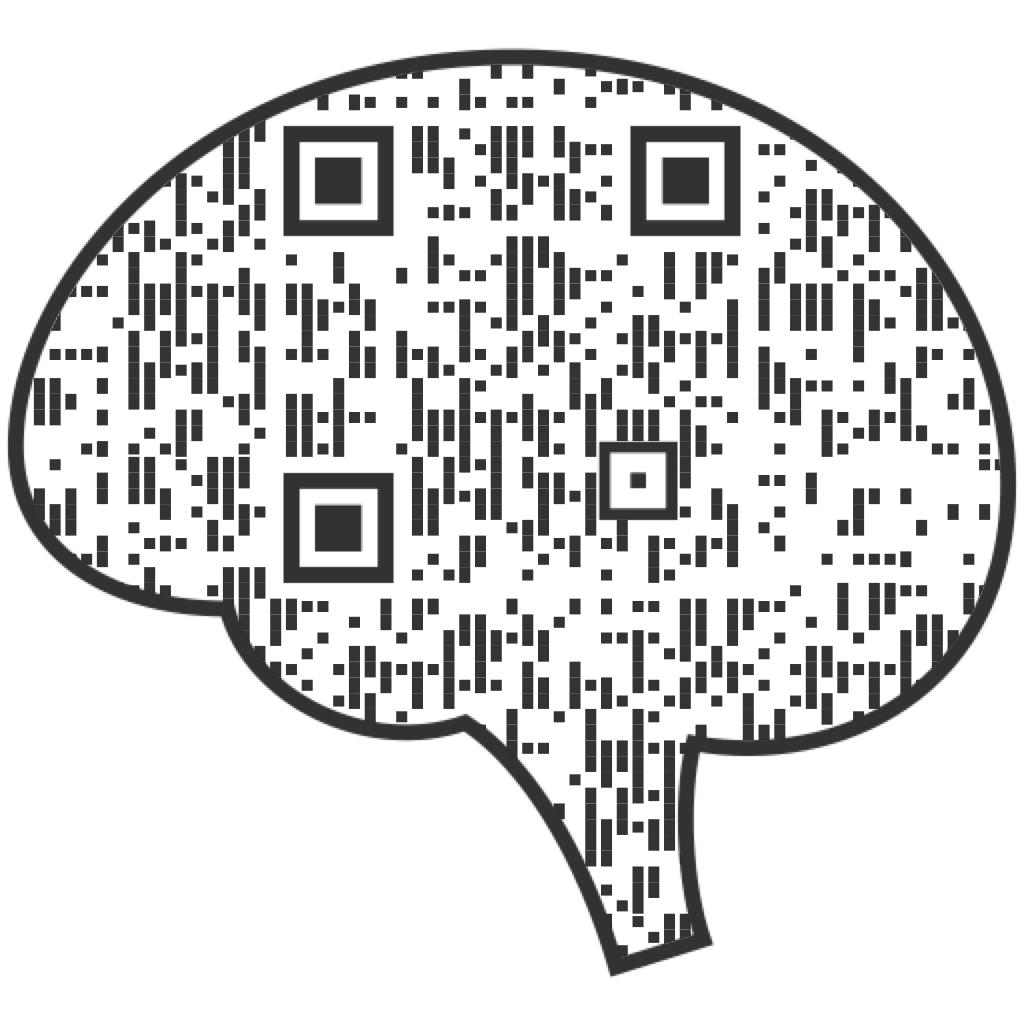



Learn more
23
at: https://cnlm.uci.edu/brain-training
UCI-led study is first to find that long- and short-term memory vie for brain space
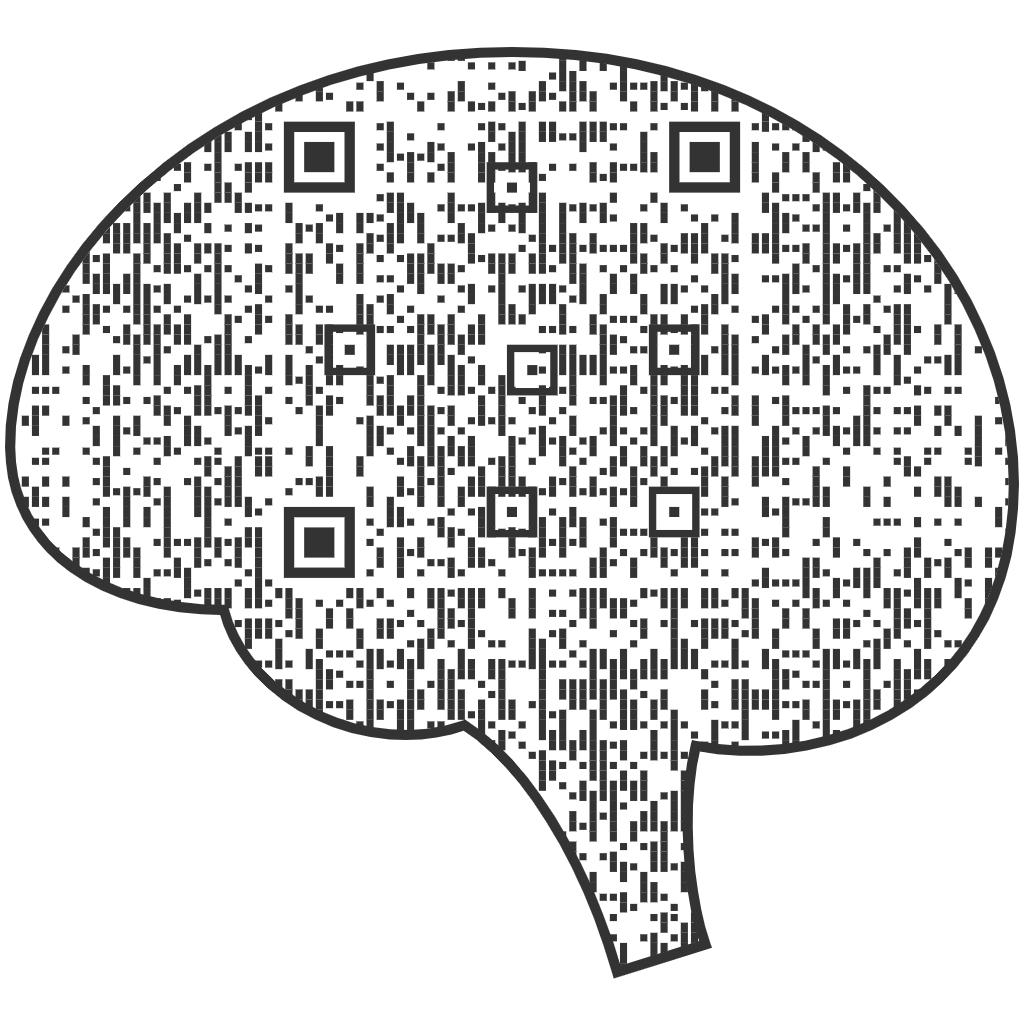

“These findings are important for further work aiming to understand the cognitive consequences of pharmacology, as well as sleep’s impact on the aging brain and on those with neurodegenerative disorders such as Alzheimer’s and Parkinson’s.”
- SARA MEDNICK, PHD PROFESSOR, COGNITIVE SCIENCE

The brain is a battlefield where cognitive domains vie for limited resources, and this appears to be particularly true during sleep. A UCI-led research team has discovered that long-term memory consolidation and working memory processes that happen during rest do so at a cost to one another. The study, published in Proceedings of the National Academy of Sciences, is the first to illuminate this critical trade-off in the human brain.
Research has found that both working memory and long-term memory rely on offline periods that include sleep to effectively accomplish their tasks. These two very different types of memory processes happen during the same cycle of slow-wave sleep, which occurs during the first three to four hours of slumber.
In this new study, participants who ingested zolpidem (Ambien’s generic equivalent) performed better on the longterm memory tasks but worse on working memory tasks when compared with those who had taken the placebo.
Learn more at: https://cnlm.uci.edu/memory-mednick
BREAKTHROUGH RESEARCH
Brain inflammation may link sleep disturbance with risk for Alzheimer’s disease
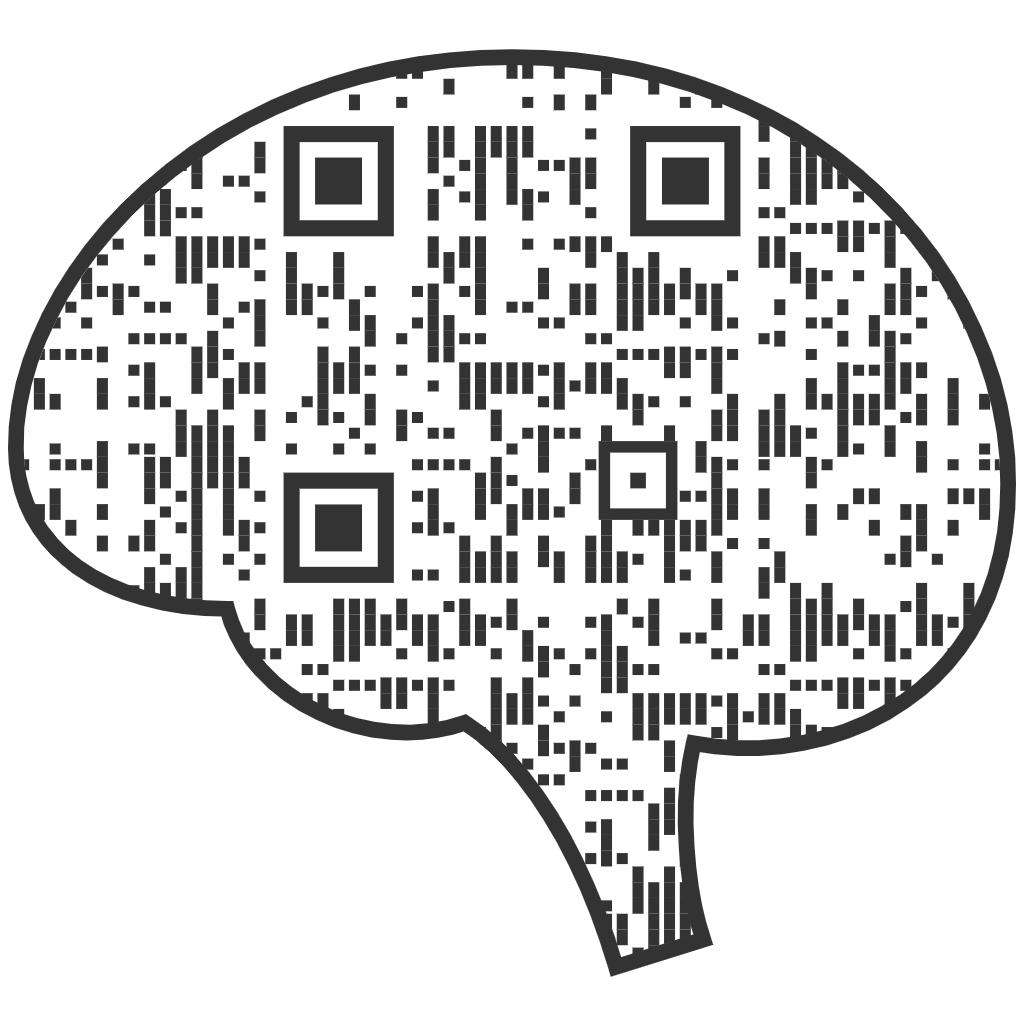


Brain inflammation, sleep disturbance and disrupted brain waves during sleep have all been associated with Alzheimer’s disease, but the interactions among them have not been investigated until now. A multisite team led by CNLM Fellows Bryce Mander and Ruth Benca discovered that brain inflammation may link Alzheimer’s disease risk with sleep disturbance. The study included adults in their 50s and 60s who had genetic risk for Alzheimer’s disease. Sleep was recorded overnight using high-density electroencephalography to map brain wave expression, and overnight memory retention was assessed. Participants also underwent a lumbar puncture so that cerebrospinal fluid biomarkers of brain inflammation, beta-amyloid and tau proteins, and neuronal integrity could be examined. The team discovered that brain inflammation had downstream effects on tau proteins and neuronal synaptic integrity. This resulted in deficits in the brain’s capacity to generate fast sleep spindles, which contribute to age-related memory impairment in older adults. These results may aid early detection and prevention efforts by identifying novel treatment targets at preclinical stages. The study was published in the journal Sleep.

25
Learn more at: https://cnlm.uci.edu/brain-inflamation
New Grant Funding
Conte Center Seed Grant
Learn more at: https://cnlm.uci.edu/uban-seed-grant
CNLM Fellow Kristina Uban received the Conte Center’s seed grant for 2021-2022. The funded proposal is an exploratory research project entitled, “Identification of Leading Early Life Factors Associated with Brain Maturation in Targeted Neurocircuitries.”
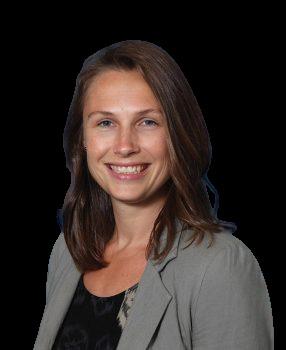
“Our team proposed to identify novel patterns among rates of brain and hormone maturation alongside antecedent life factors in adolescents as they undergo pubertal maturation: a hallmark of mammalian development.”


- KRISTINA UBAN, PHD, ASSISTANT PROFESSOR
and
HHMI Gilliam Fellowship
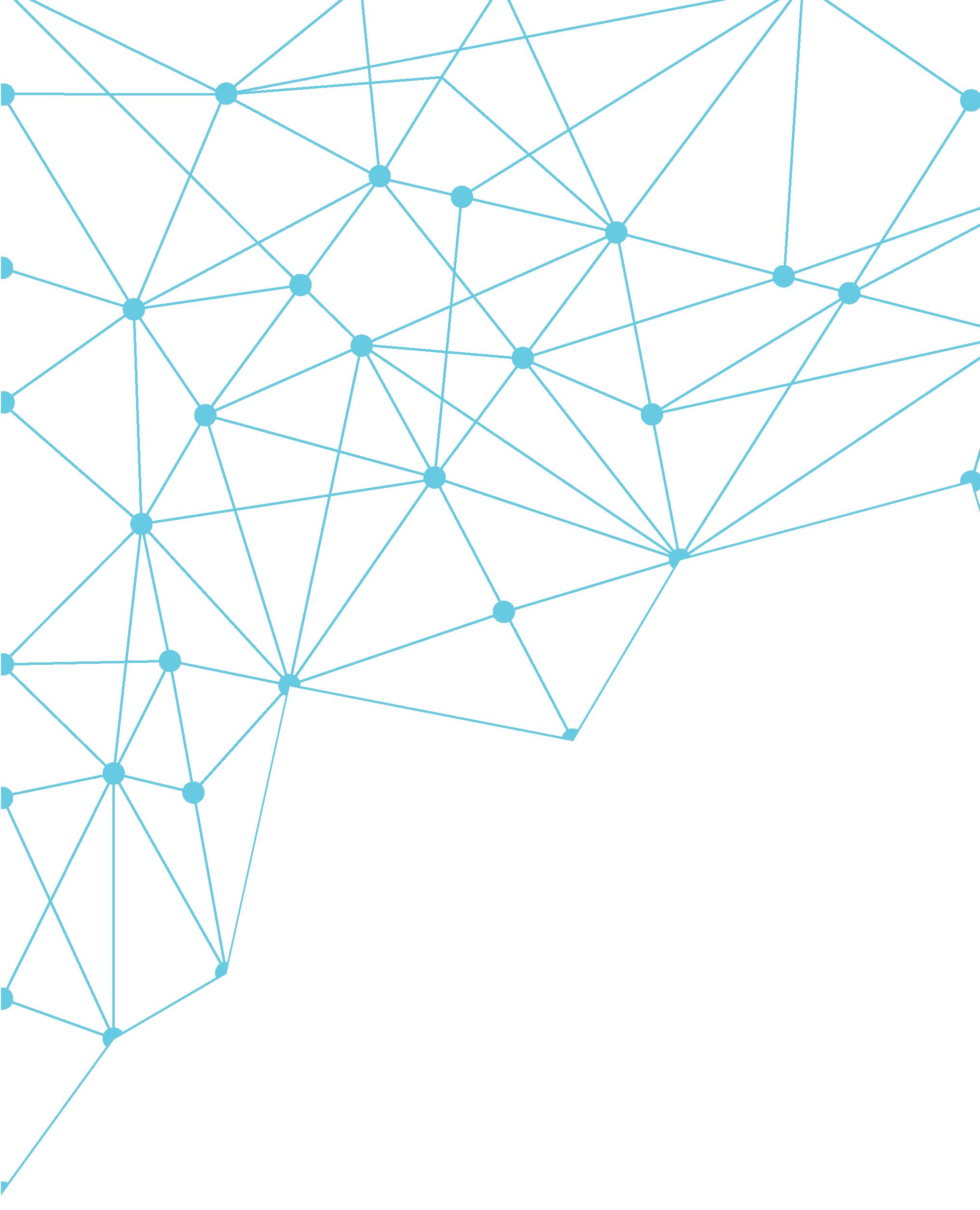
Carlene Chinn, a fourth-year neurobiology and behavior Ph.D. candidate, and adviser CNLM Fellow Dr. Marcelo Wood have been awarded the prestigious Howard Hughes Medical Institute (HHMI) Gilliam Fellowships for Advanced Study. The pair is one of 51 student-adviser teams to receive the honor along with $53,000 towards their research.
The Gilliam Program invests in graduate students from populations historically excluded and underrepresented in science so that they are prepared to become scientific leaders.
Learn more at: https://cnlm.uci.edu/gilliam-fellowship
“Being awarded as a 2022 Gilliam Fellow is a tremendous honor and opportunity. I am hoping this fellowship will allow me to grow as a member of the scientific community into a scientist that helps to contribute to STEM exposure, inclusivity, and retention of future generations of scientists from traditionally underrepresented groups.”

- CARLENE CHINN, PHD CANDIDATE
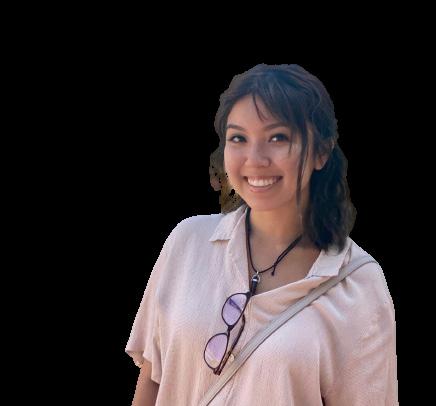
GRANT FUNDING
Kristina Uban, Ph.D.
Carlene Chinn
Marcelo Wood, Ph.D.
26
High-Risk, High-Reward Pilot Grants
The Center for the Neurobiology of Learning and Memory supports one-year pilot project awards of $25,000 to support high-risk, high-reward research advancing our understanding of learning and memory and/or memory disorders. This pilot program is intended to support interdisciplinary, collaborative, early stage and proof-ofconcept research with clear milestones and future funding mechanisms. The program is funded by the generosity of our philanthropic community, and in particular Dr. Diane Silber and her late husband Dr. Igal Silber.
Learning while you rest: promoting memory consolidation with audio-visual stimulation
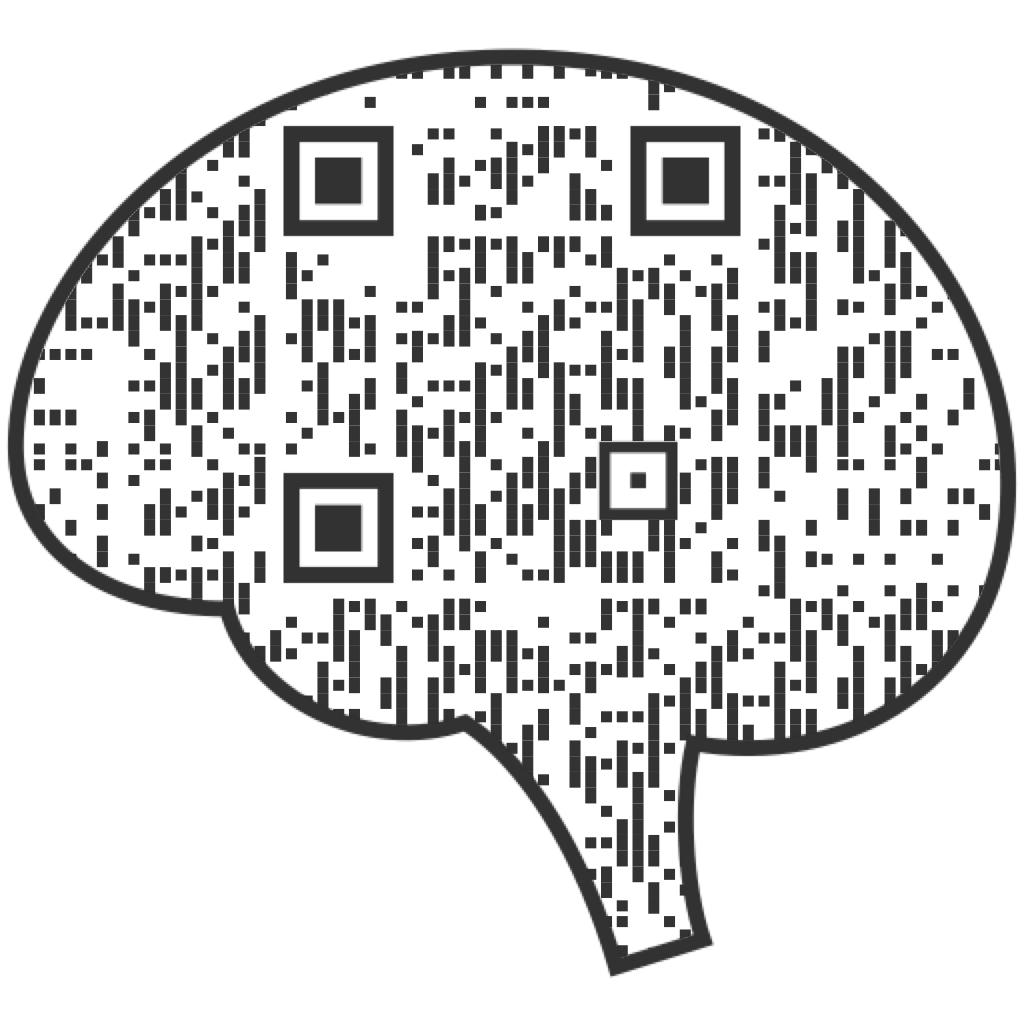
The first awardee is the team of Dr. Susanne Jaeggi (Education), Dr. Jacky Au (Education) and Dr. Bryce Mander (Psychiatry and Human Behavior), whose project leverages recent advances in noninvasive stimulation to present gentle, rhyth`mic lights and sounds to increase low-frequency brain activity that has been shown to promote memory consolidation. The goal of the research is to develop a simple, portable, and scalable tool that can facilitate learning and memory and potentially slow down age-related memory decline.
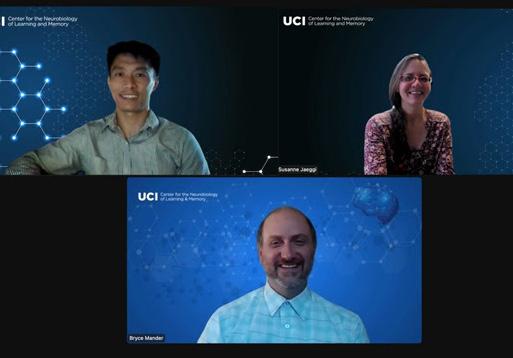
Learn more at: https://cnlm.uci.edu/high-risk
Mechanisms
of cortical

hyperexcitability
underlying neural synchronization, sleep regulation, and behavioral flexibility
The second awardee is Dr. Lulu Chen (Anatomy and Neurobiology), whose project aims to uncover links between gene mutations associated with autism spectrum disorders and epilepsy, and abnormalities in brain oscillations including sleep dysregulation, as well as inflexibility of behavior (difficulty shifting between behavior when rules change). The goal is to identify new synaptic targets for therapeutic interventions to treat symptoms of autism and epilepsy.
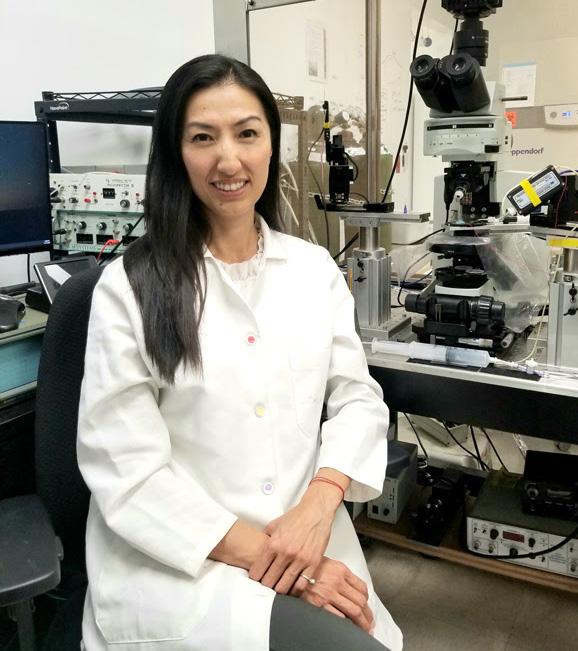
2022 Faculty Fellow Awards
In 2022, the CNLM accepted nominations for faculty awards for the first time. These awards are an opportunity for us to recognize the stellar contributions of our Fellows to research, mentorship, and service.
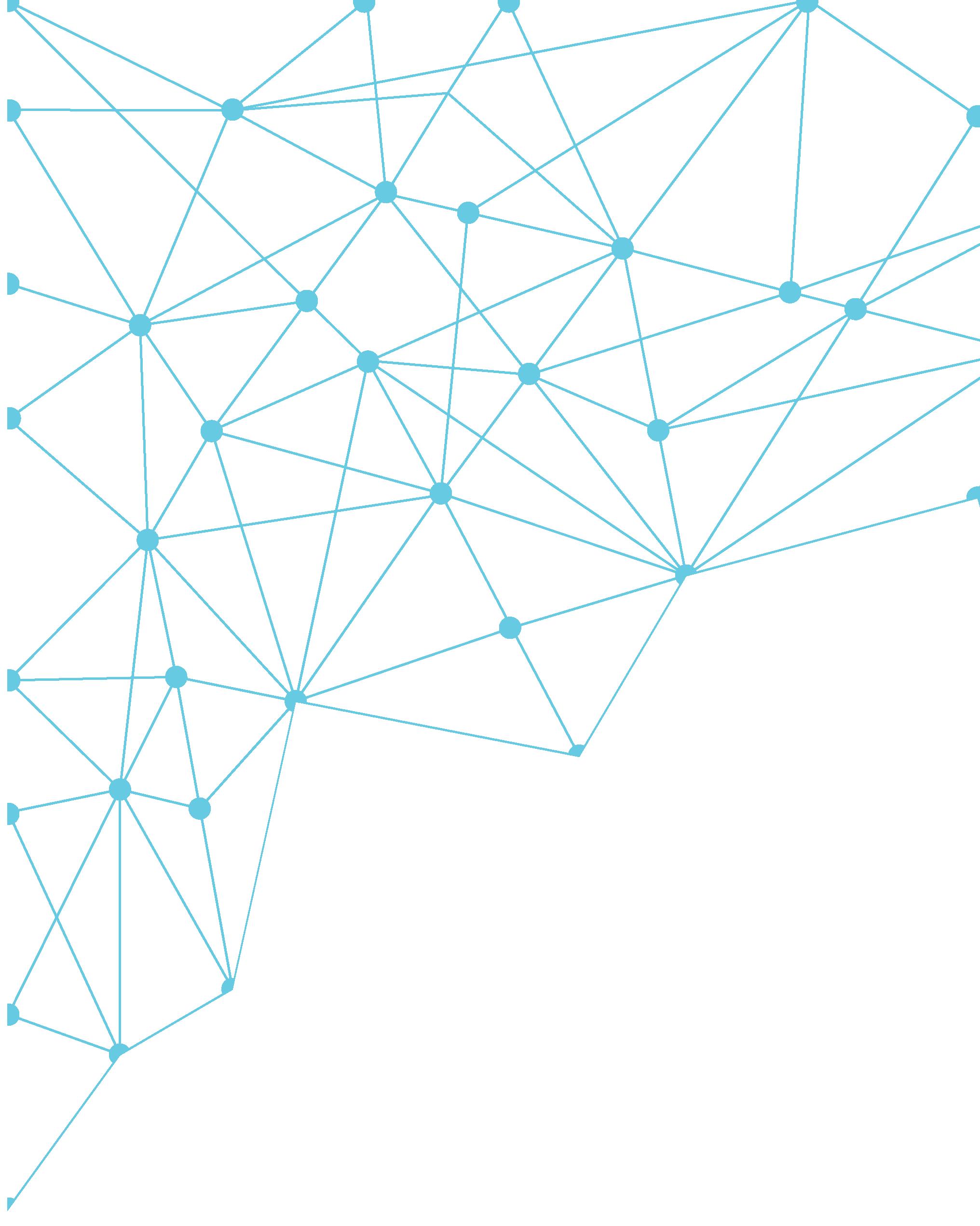
Tallie Z. Baram, M.D., Ph.D.
PUBLIC IMPACT AWARD
Distinguished Professor, Pediatrics, Anatomy & Neurobiology, and Neurology
For outstanding commitment to applying research findings to improve the human condition
Katherine Thompson-Peer, Ph.D.

EXCEPTIONAL MENTOR AWARD
Assistant Professor, Developmental & Cell Biology
For outstanding dedication to positively impacting the training of early career scientists
Kevin Beier, Ph.D.
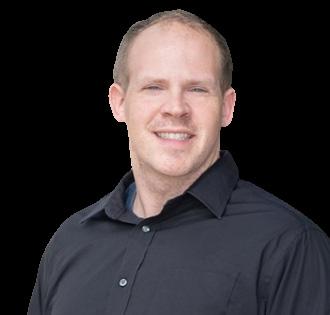
RISING STAR AWARD
Assistant Professor, Physiology & Biophysics
For outstanding early career contributions to charting new paths in neuroscience
Christine Gall, Ph.D.
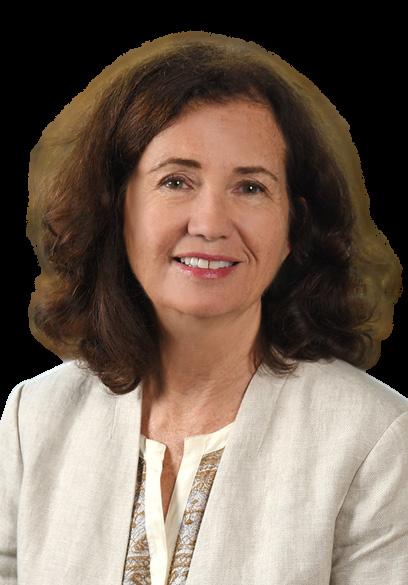
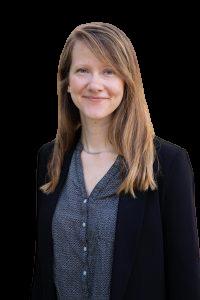
DISTINGUISHED SCHOLAR AWARD
Distinguished Professor and Chair, Anatomy & Neurobiology
For transformative and sustained contributions and impact on the field of learning and memory
FACULTY HONORS AND AWARDS
28
Loftus lauded for lifetime achievement
Elizabeth Loftus, CNLM Fellow and distinguished professor of psychological science, criminology, law and society, has been selected for the Lifetime Career Award from the International Union of Psychological Science.
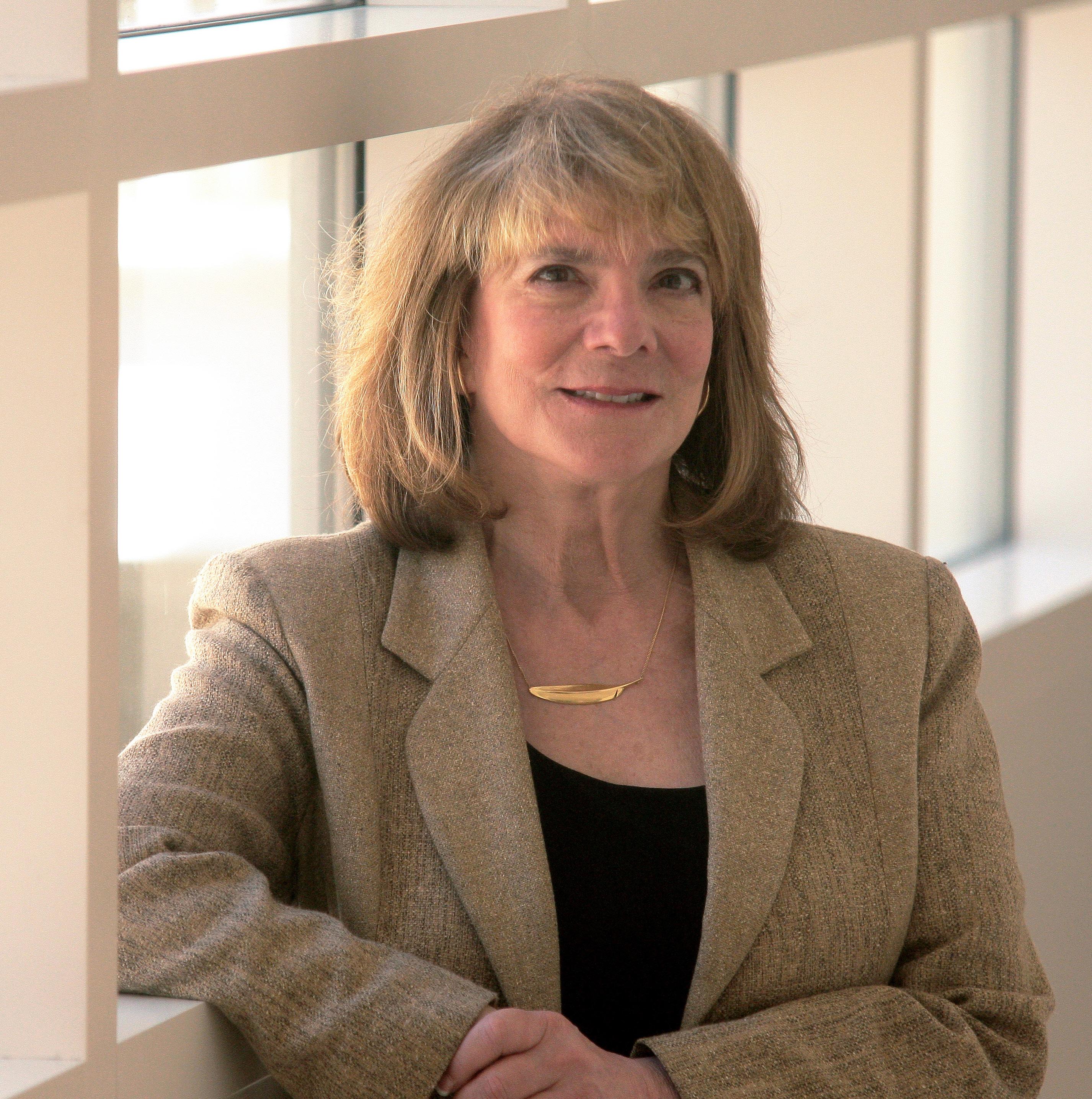
Learn more at: https://cnlm.uci.edu/loftus-achievement

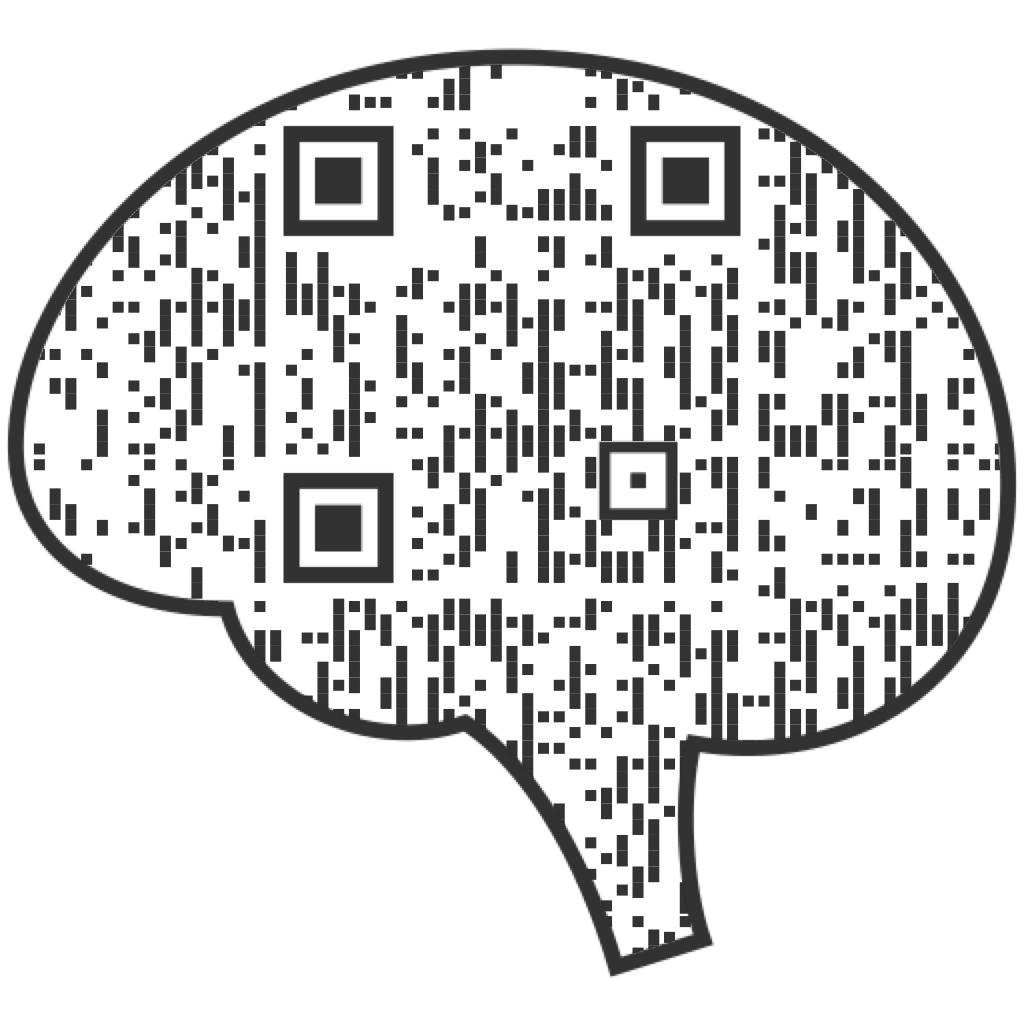
“Not only is Dr. Loftus one of the leading and most influential psychologists in history, but her immense and continued contributions to our science and the public good, as well as her mentoring of countless emerging scientists globally, made her the choice for the International Union of Psychological Science’s Lifetime Career Award.”
Katherine Thompson-Peer named Hellman Fellow

Dr. Katherine Thompson-Peer, CNLM Fellow and assistant professor of development and cell biology, is one of seven UCI faculty members to receive the 2022/23 Helman Fellowship. She will join an elite group of 70 UCI faculty who have received this award since the Hellman Fellow Fund was expanded to UCI in 2013.
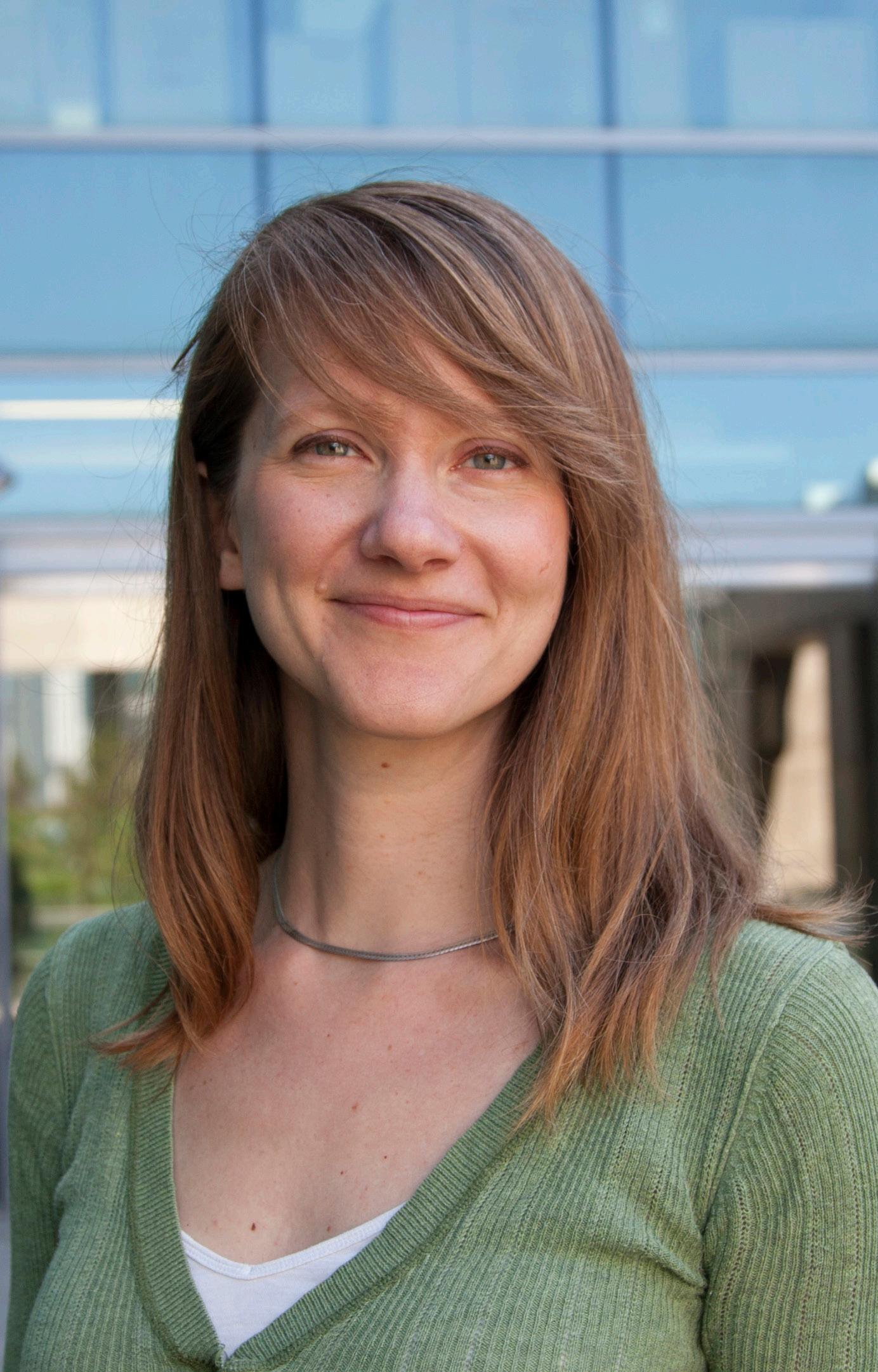
“We are pleased to announce the newest cohort of Hellman Fellows, seven outstanding junior faculty, innovative leaders in a broad array of disciplines. We are grateful to the Hellman Fellows Fund for its generosity and commitment to help earlycareer scholars advance their research. ”
Learn more at: https://cnlm.uci.edu/hellman-fellow
- DIANE O’DOWD, VICE PROVOST FOR ACADEMIC PERSONNEL AND PROFESSOR OF DEVELOPMENTAL & CELL BIOLOGY
- SATHS COOPER, CHAIR OF THE INTERNATIONAL UNION OF PSYCHOLOGICAL SCIENCE AWARDS COMMITTEE
29
Oswald Steward elected as President of the Society for Neuroscience
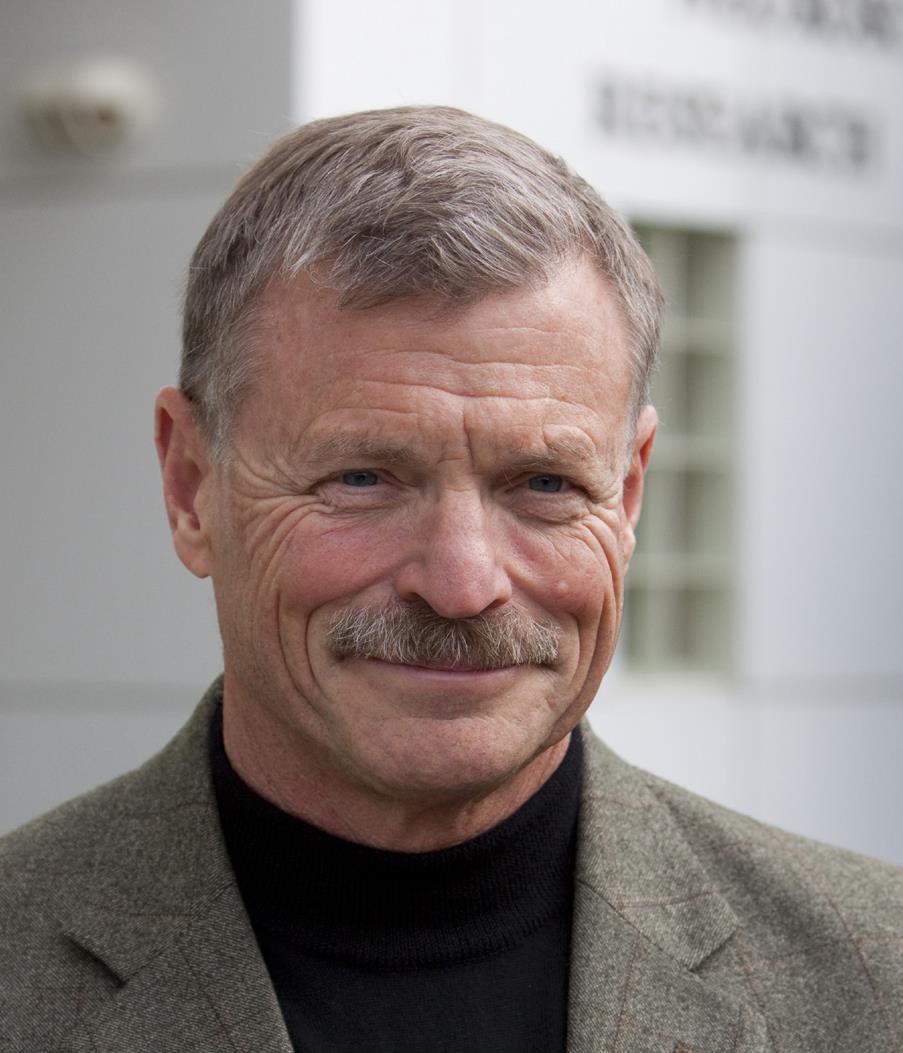
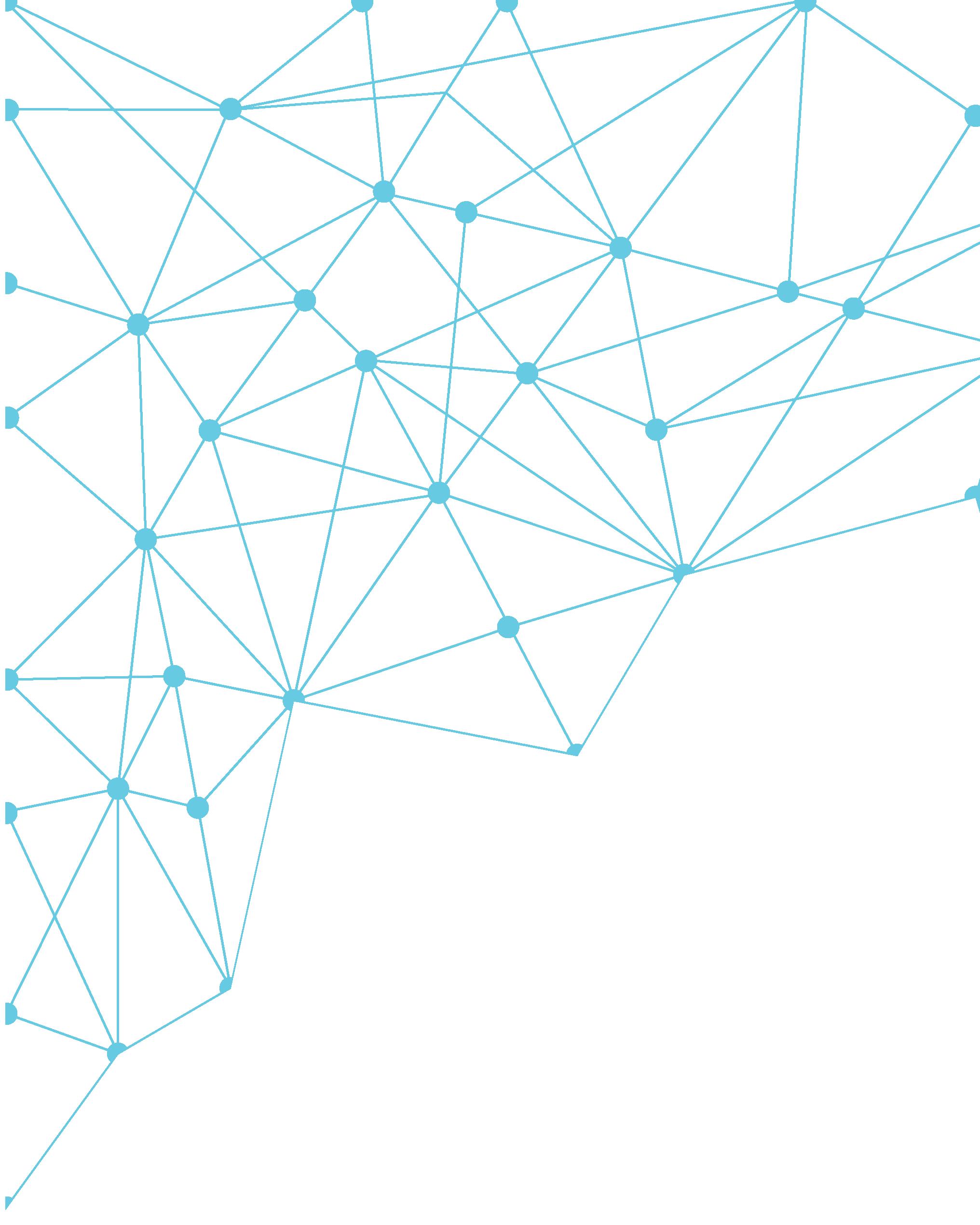
Steward, a distinguished neuroscientist and leader in the field, is the fourth UCI faculty member to hold this distinction.
At the conclusion of the Society for Neuroscience’s annual meeting in November in San Diego, Dr. Oswald Steward, CNLM Fellow and UCI Distinguished Professor of Anatomy and Neurobiology assumed the role of president of the Society for Neuroscience (SfN).
The Society is the world’s largest organization for the study of the brain and nervous system, with more than 36,000 members in 95 countries. He is the fourth UCI faculty member to hold the prestigious post since the society’s founding in 1969. Steward was elected in 2020 and served as president-elect for two years; he will serve as president for one year – beginning at the close of the annual meeting in San Diego – and then past president for an additional year.
FACULTY HONORS AND AWARDS
30
Steward is well known for his research on how nerve cells create and maintain their connections with each other and how these synapses are modified after injury. He also studies how genes influence nerve cell regeneration, growth and function and how physiological activity affects nerve cell connections.

Steward earned a Ph.D. in psychobiology at UCI in 1974. After his tenure as professor of neurosurgery and physiology at the University of Virginia School of Medicine, he returned to UCI in 1999 as founding director of the Reeve-Irvine Research Center. He additionally served in a number of important roles at UCI including as Senior Associate Dean for Research in the School of Medicine from 2012-2017. He was also a major driving force behind the UCI Brain Initiative.
Steward is a recipient of the National Institutes of Health Research Career Development Award, the Jacob Javits Neuroscience Investigator Award and the Story Landis Award for Oustanding Mentorship from the National Institute of Neurological Disorders and Stroke, and the Distinguished Investigator Award from the National Alliance for Research on Schizophrenia and Depression. He served on the Council of the Society for Neuroscience from 2013-2017 and pioneered the Society’s efforts during that time to improve rigor and reproducibility in research.
“I am honored to have the opportunity to serve as president and help achieve the organization’s goals of advancing scientific exchange, advocating for the field, and communicating the value and importance of neuroscience. These efforts are vital to continued learning and professional development, strengthening our public policy engagement and extending our community outreach.”
- OSWALD STEWARD, PRESIDENT, SOCIETY FOR NEUOSCIENCE DISTINGUISHED PROFESSOR OF ANATOMY AND NEUROBIOLOGY
UCI has a distinguished history in SfN leadership. The Society was started by Ralph W. Gerard, who was its first honorary president. A founding faculty member in UCI’s Department of Psychobiology (now Department of Neurobiology and Behavior) in 1964, Gerard became the first dean of UCI’s Graduate Division.
Other UCI faculty members who served as president of the organization are Edward “Ted” Jones (19981999) former chair of the Department of Anatomy and Neurobiology, and Tom Carew (2008-2009), former chair of Neurobiology and Behavior.
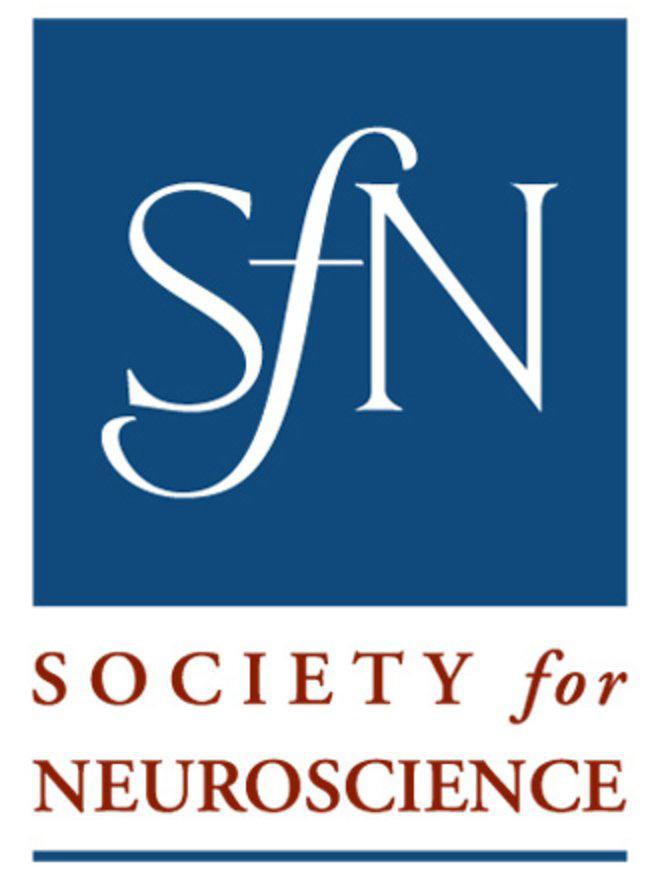
31
PREPARING
LEADERS
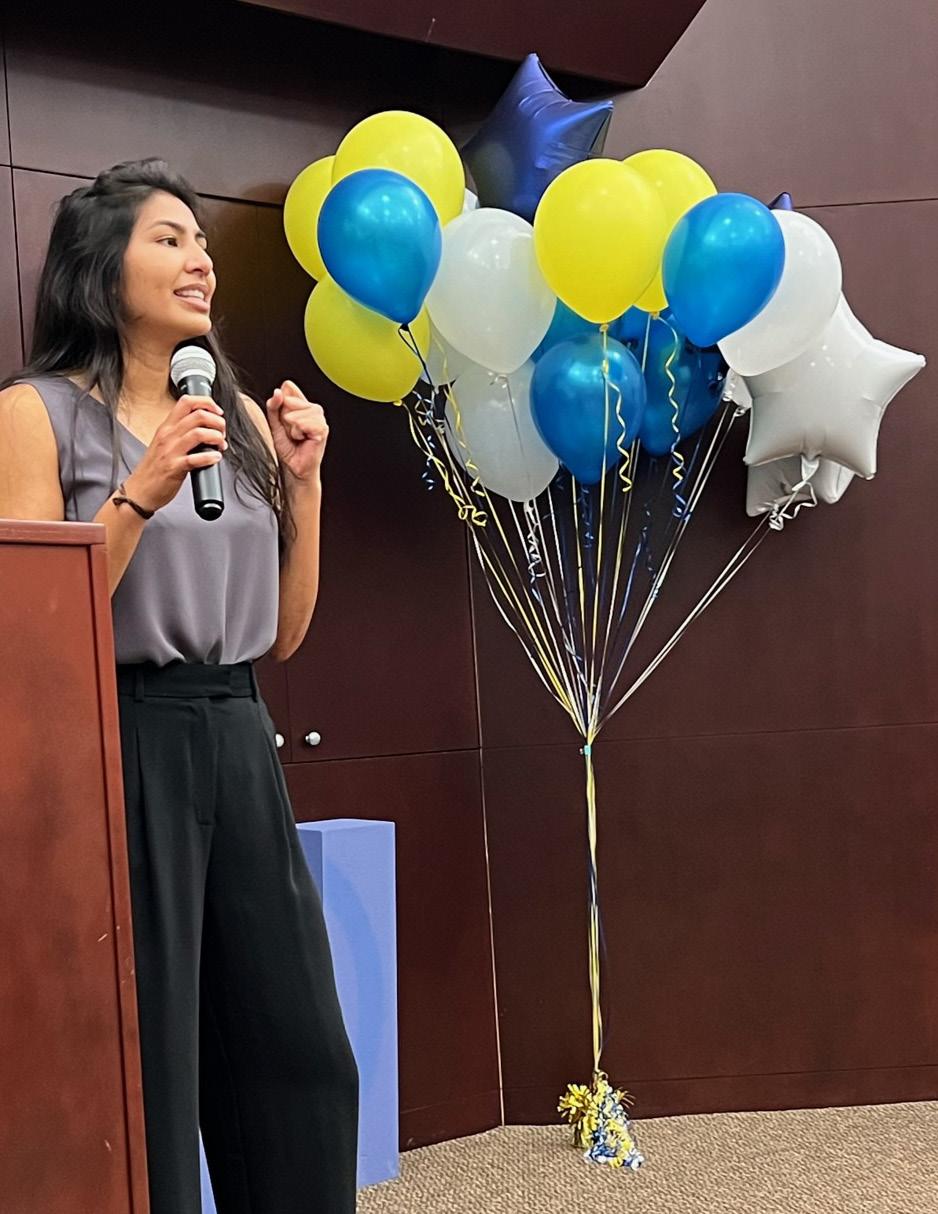
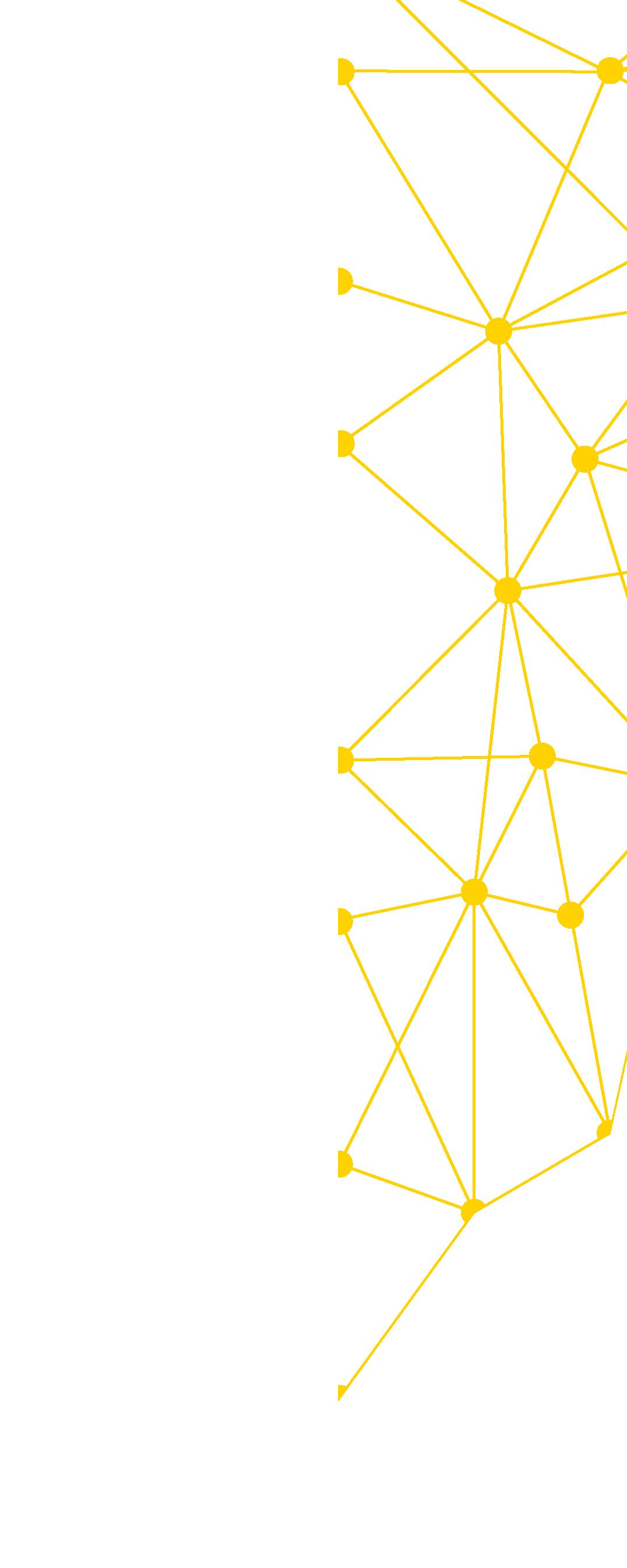
Schneiderman Training Program Appoints Five New Fellows
The Howard Schneiderman Interdisciplinary Training Program in Learning and Memory at the Center for the Neurobiology of Learning and Memory is a T32 predoctoral training program that is funded by the National Institute on Mental Health (NIMH) and supplemented with a private endowment named in honor of Howard Schneiderman (1927-1990), former Dean of Biological Sciences at UC Irvine and a major driving force in building the School in its early days.
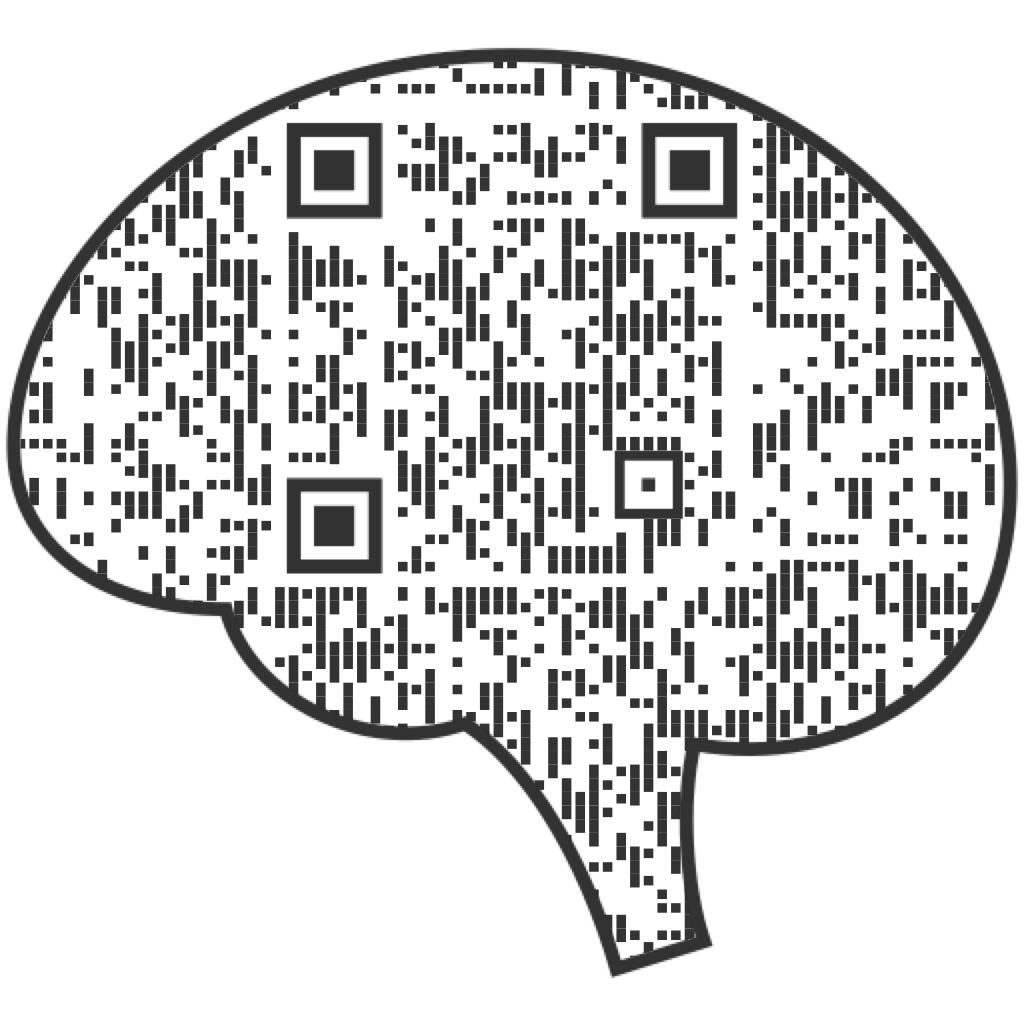
The Schneiderman Training Program is an immersive experience in learning and memory and is a major undertaking by trainees. All trainees successfully complete advanced coursework in learning and memory, data science, and computational neuroscience, participate in professional development activities, including workshops on team science, and present their research at the CNLM annual conference.
Michael Yassa and Bruce McNaughton serve as the program’s principal investigators. Manuella Oliveira Yassa serves as director of training.
Check out our Schneiderman Fellow Spotlights: https://cnlm.uci.edu/t32
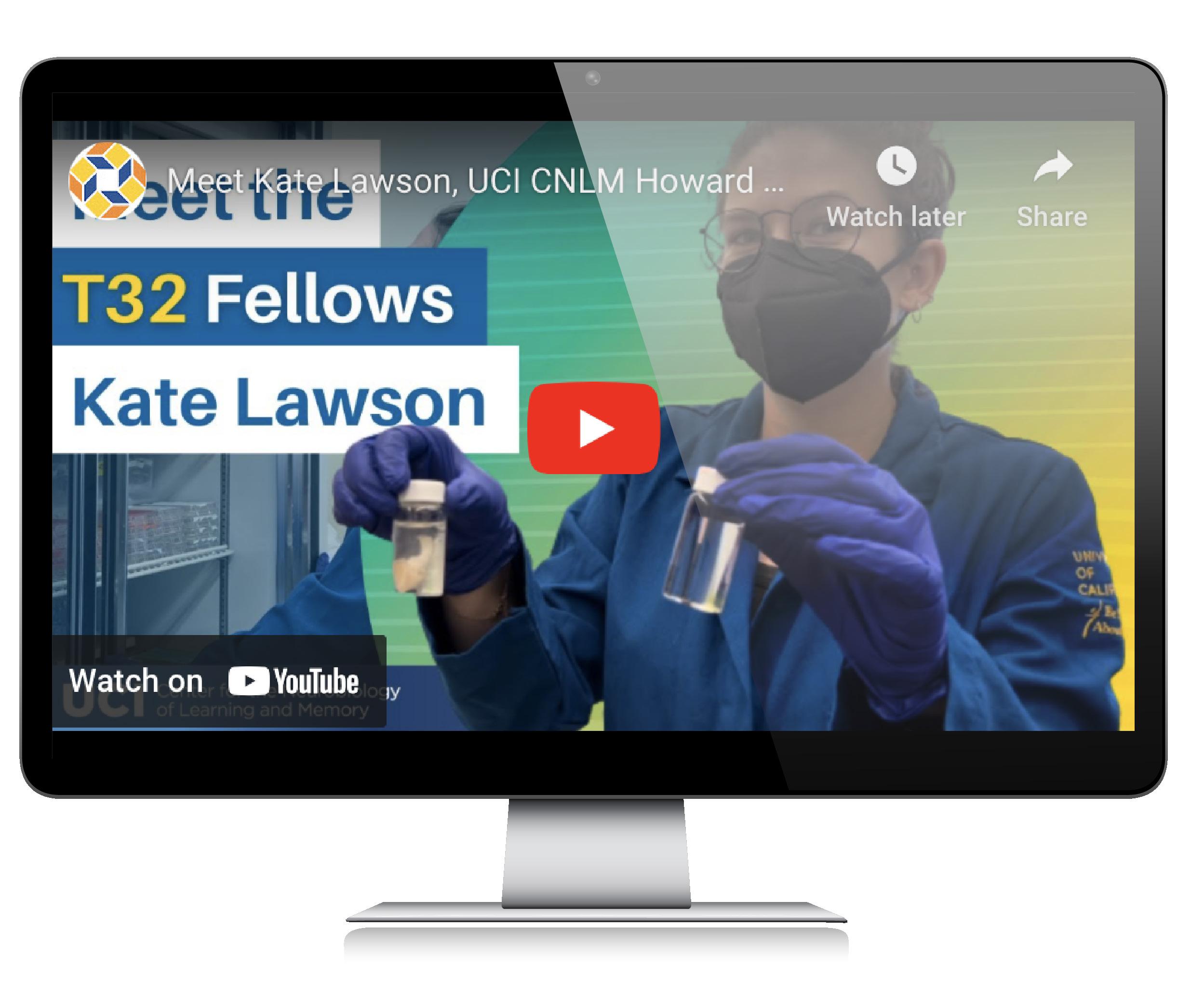
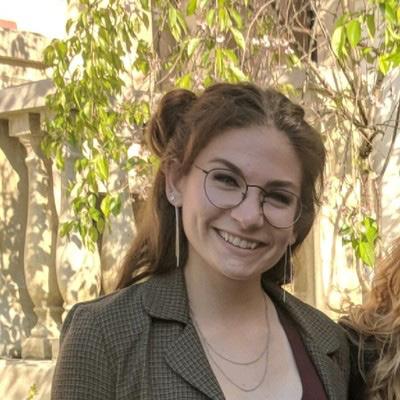

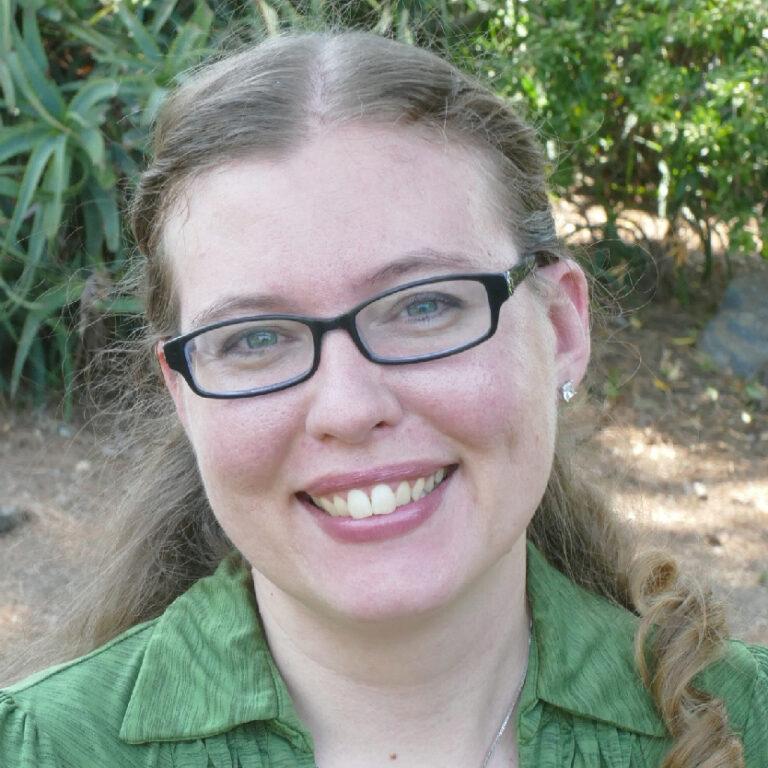


 Vinicius Duarte
Advisor: Dr. Thompson-Peer
Ali Ozgur Advisor: Dr. Lur
Nellie Nelson Advisor: Dr. Ivy
Bianca Leonard Advisor: Dr. Yassa
Kate Lawson Advisor: Dr. Mahler
2022/2023 Fellows
Vinicius Duarte
Advisor: Dr. Thompson-Peer
Ali Ozgur Advisor: Dr. Lur
Nellie Nelson Advisor: Dr. Ivy
Bianca Leonard Advisor: Dr. Yassa
Kate Lawson Advisor: Dr. Mahler
2022/2023 Fellows
33
Junior Scholar Awards 2021 - 2022

The CNLM offers awards to exceptional trainees along with a plaque, $1,000 fellowship, and opportunity to present their work at our annual CNLM Awards Ceremony.
Carol Becker McGaugh Award Carol and James McGaugh Award
This award recognizes a student who excels in both scholarship and research, and to support the student in completing research in their senior year.
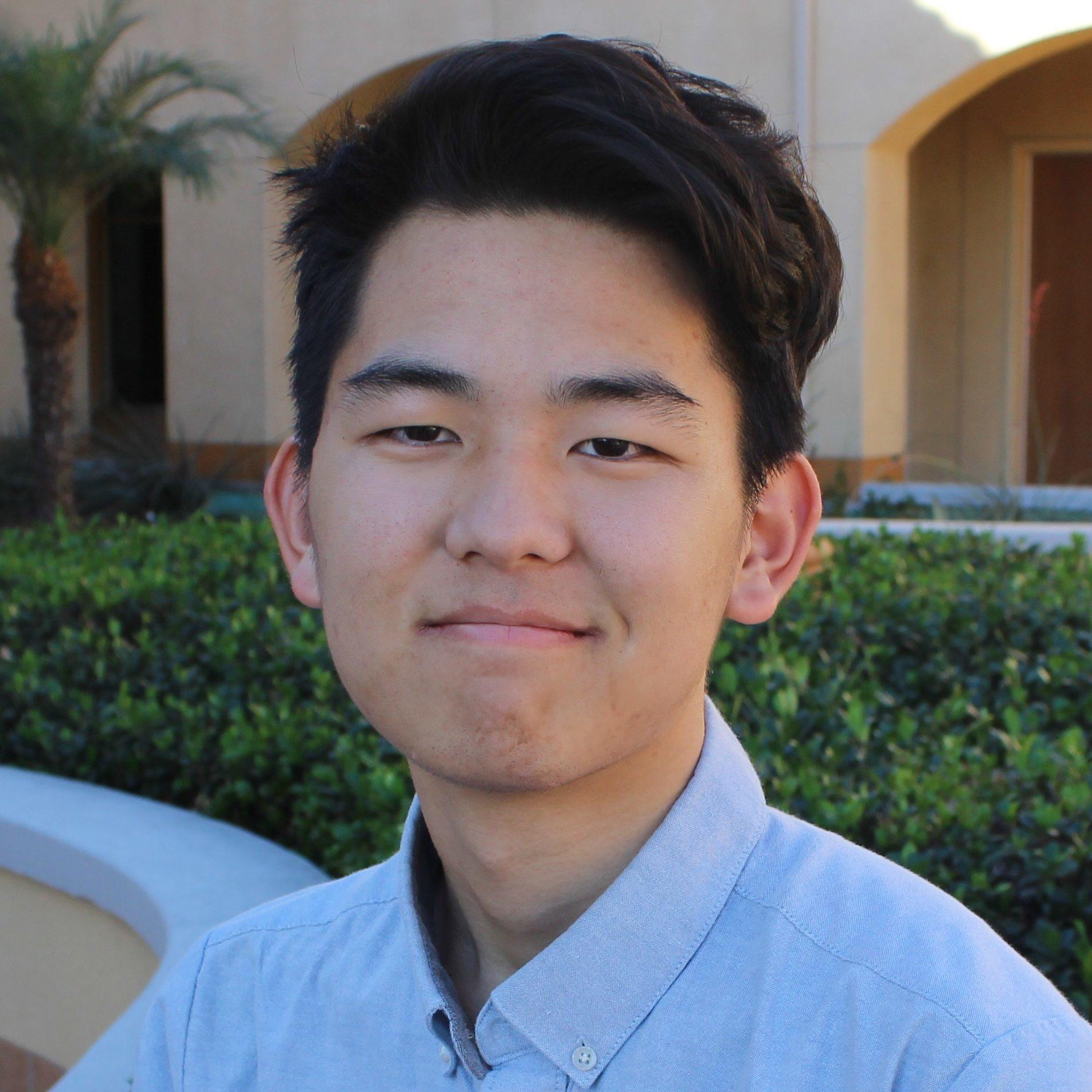
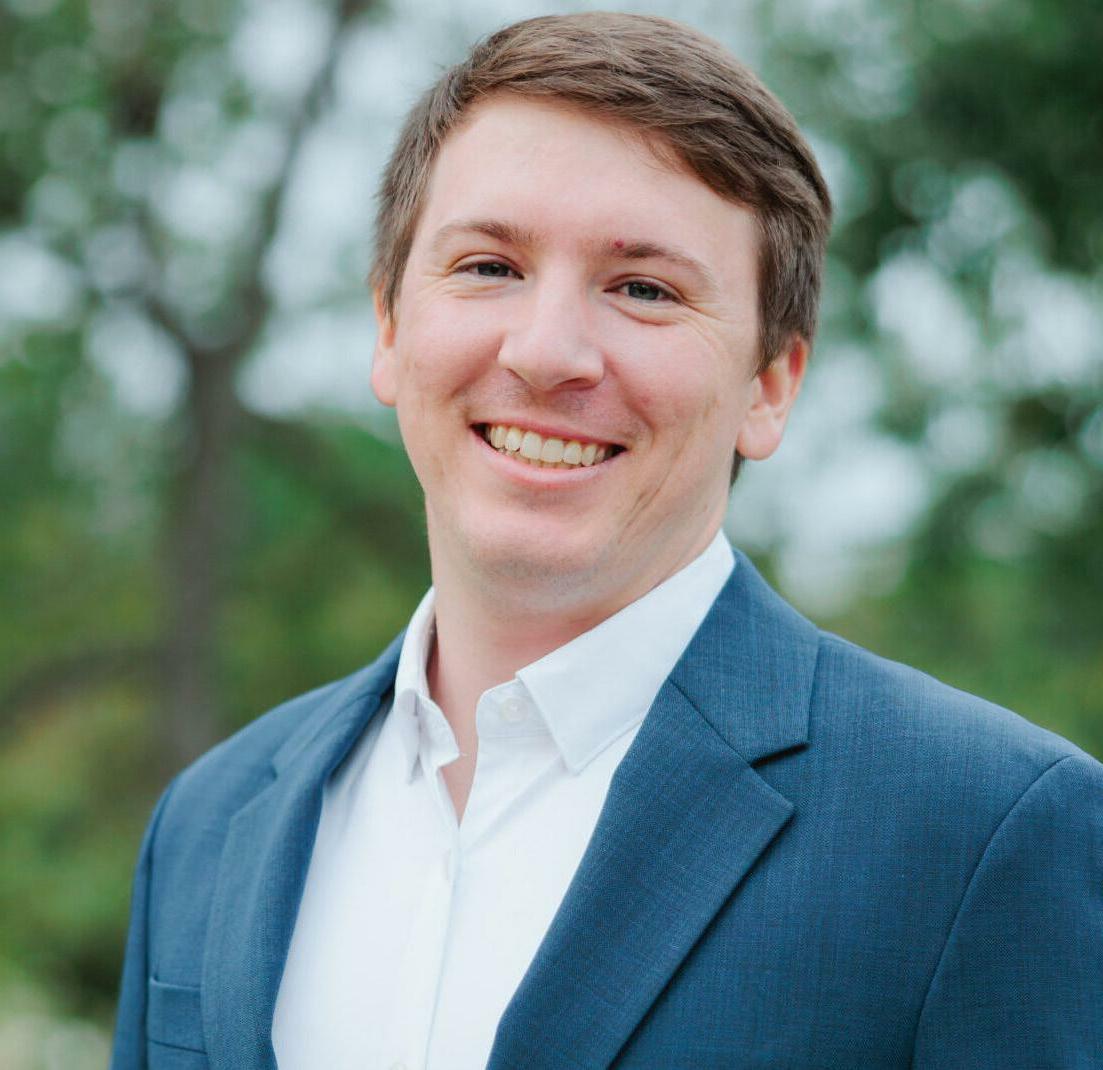
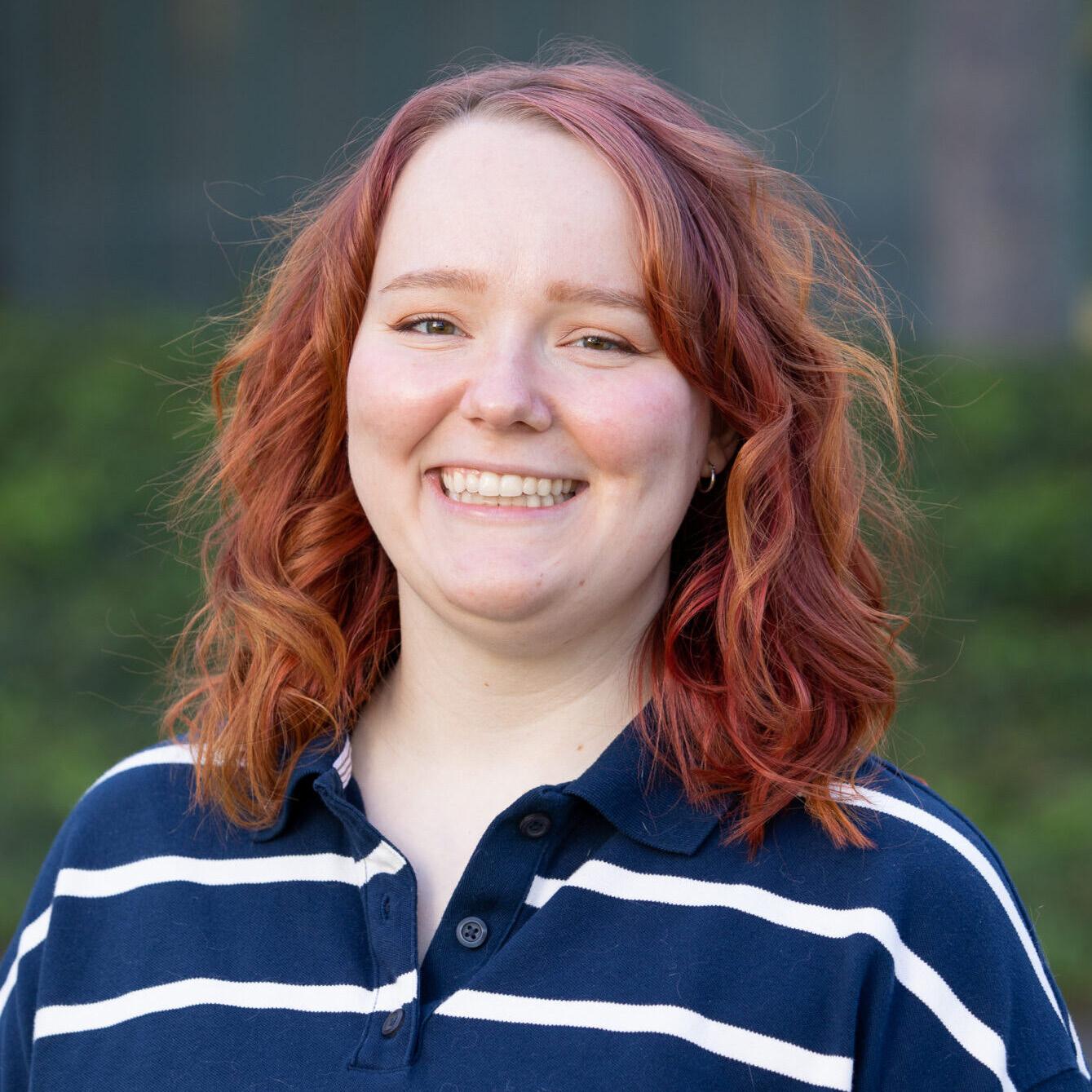
This award recognizes a 3rd year student in the School of Biological Sciences with strong moral character, integrity, and demonstrated potential for making a difference in neuroscience.
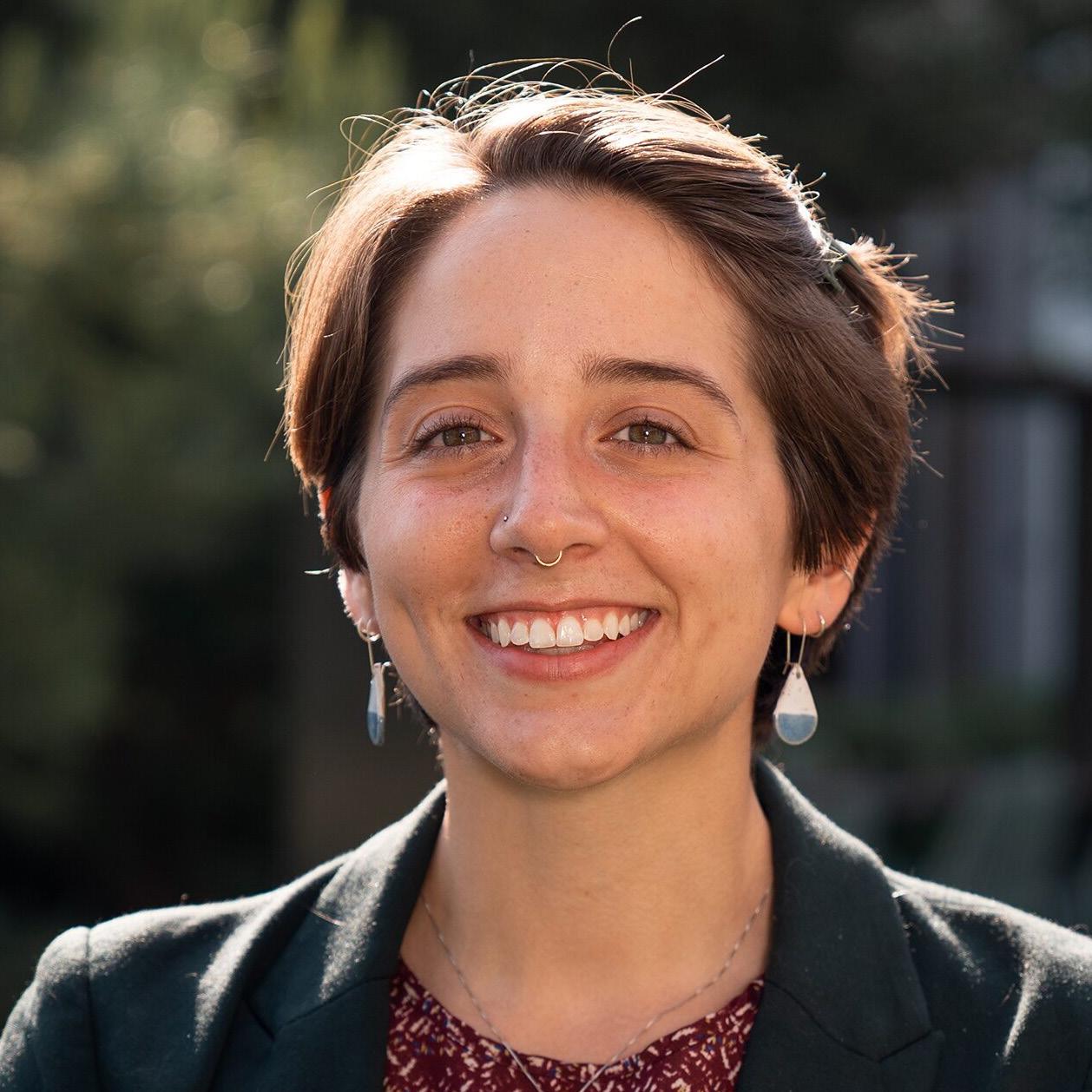
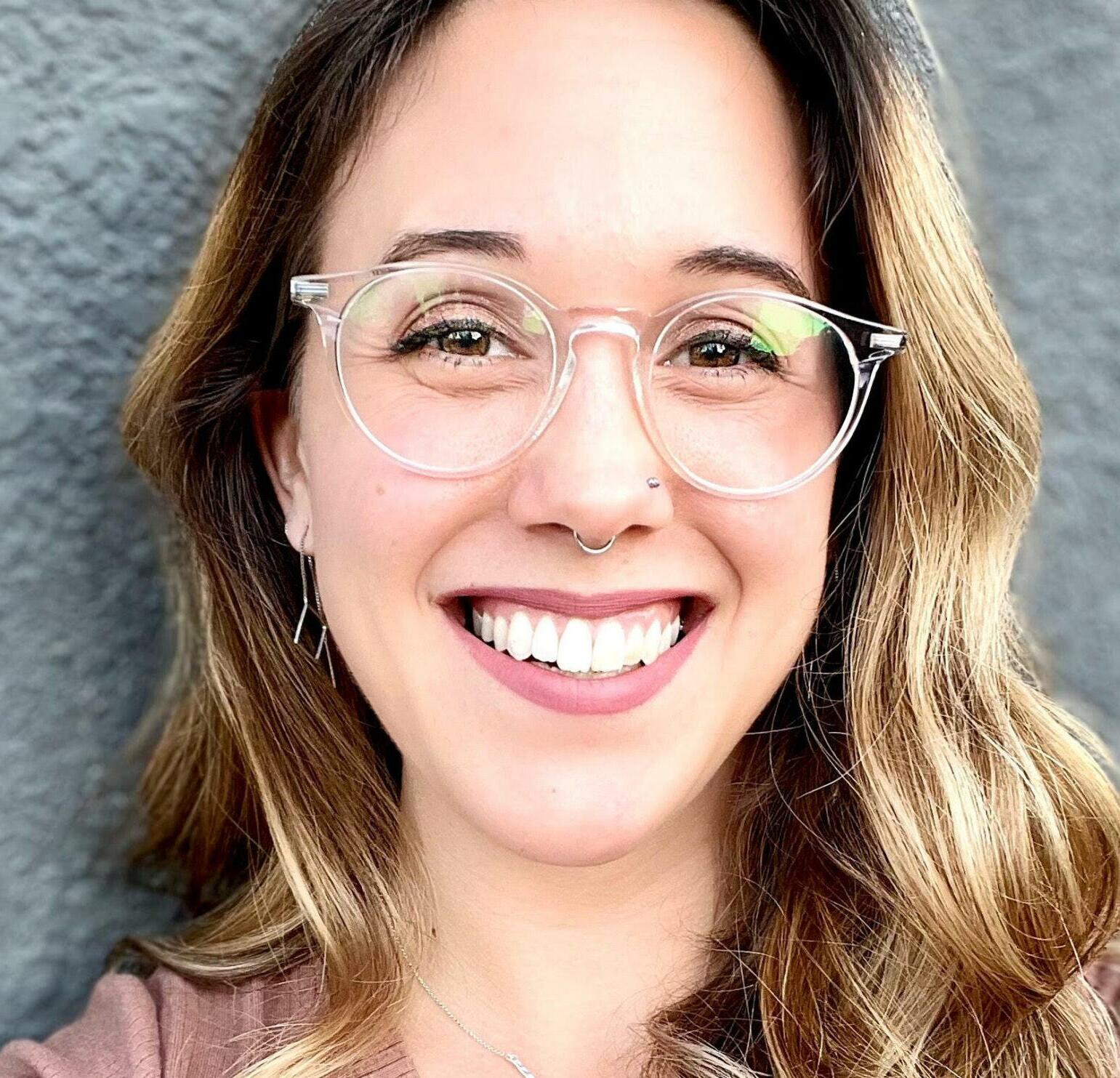
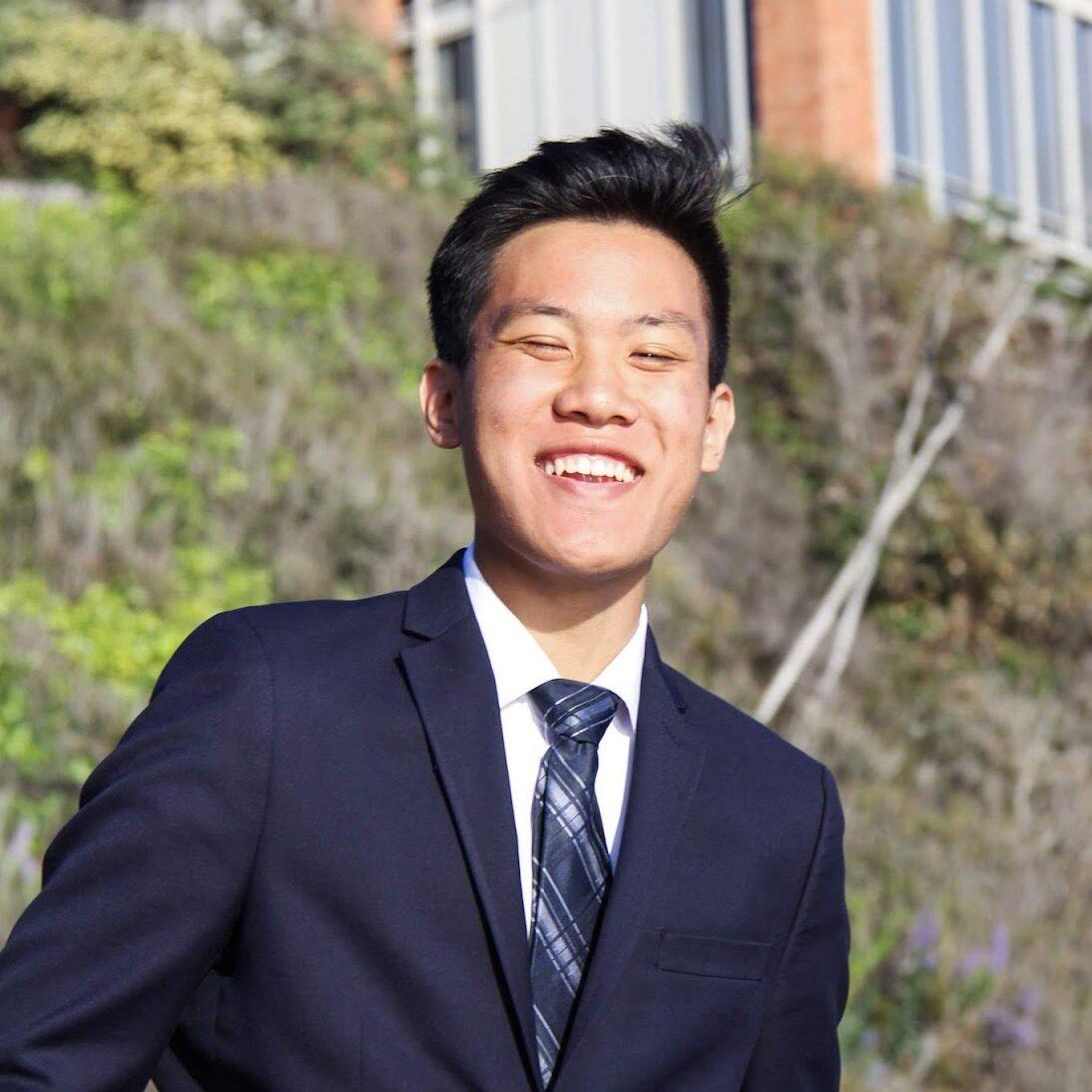
Norman Weinberger Award James Tait Goodrich Award for Excellence in Neurobiology
The award recognizes an undergraduate student completing their 3rd year, for outstanding achievement in neurobiology.
Dr. Norman M. Weinberger was a founding UCI faculty member and a founding member of the CNLM. This award supports exceptional graduate students that embody Professor Weinberger’s high standards for doctoral trainees.
Director’s Excellence Award
This award is supported by the CNLM Director’s Excellence Fund and recognizes outstanding trainees for their extraordinary achievement and distinguished record of research, mentoring and/ or service to the CNLM.
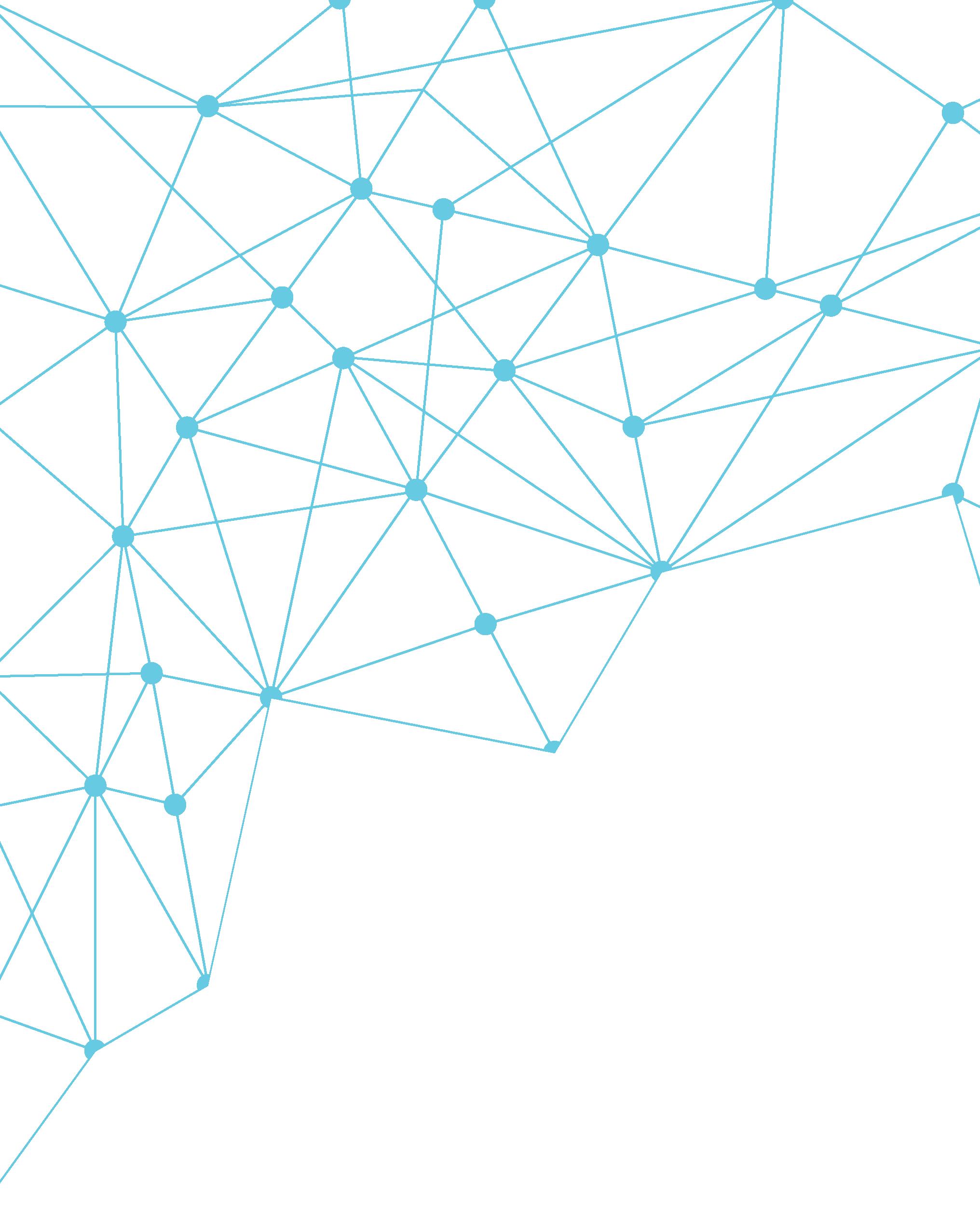 Erick Ho
Sean Lee
Sydney Prange
Caden Henningfield Miranda Chappel-Farley
Nora Bradford
Erick Ho
Sean Lee
Sydney Prange
Caden Henningfield Miranda Chappel-Farley
Nora Bradford
34 PREPARING LEADERS
Kayla Solorio
John W. Haycock Memorial Graduate Student Travel Award
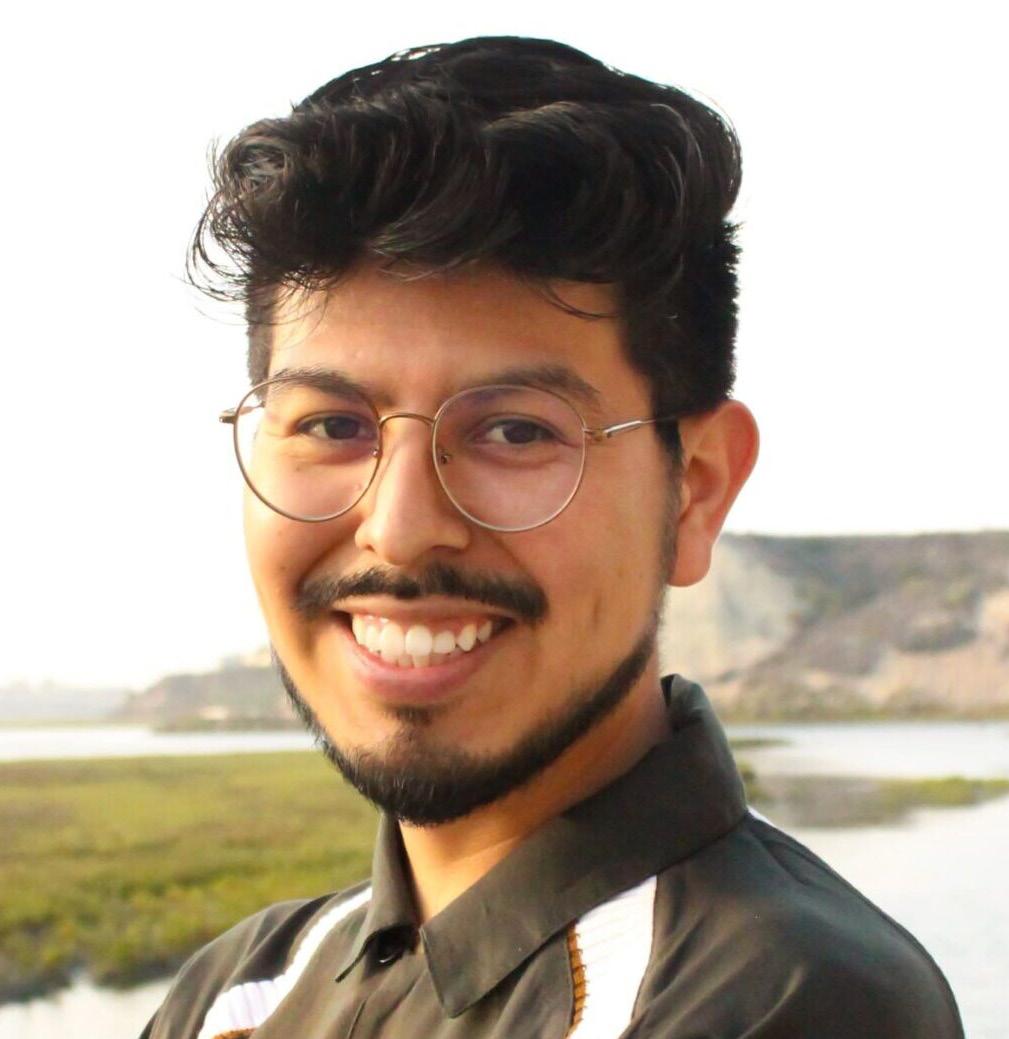
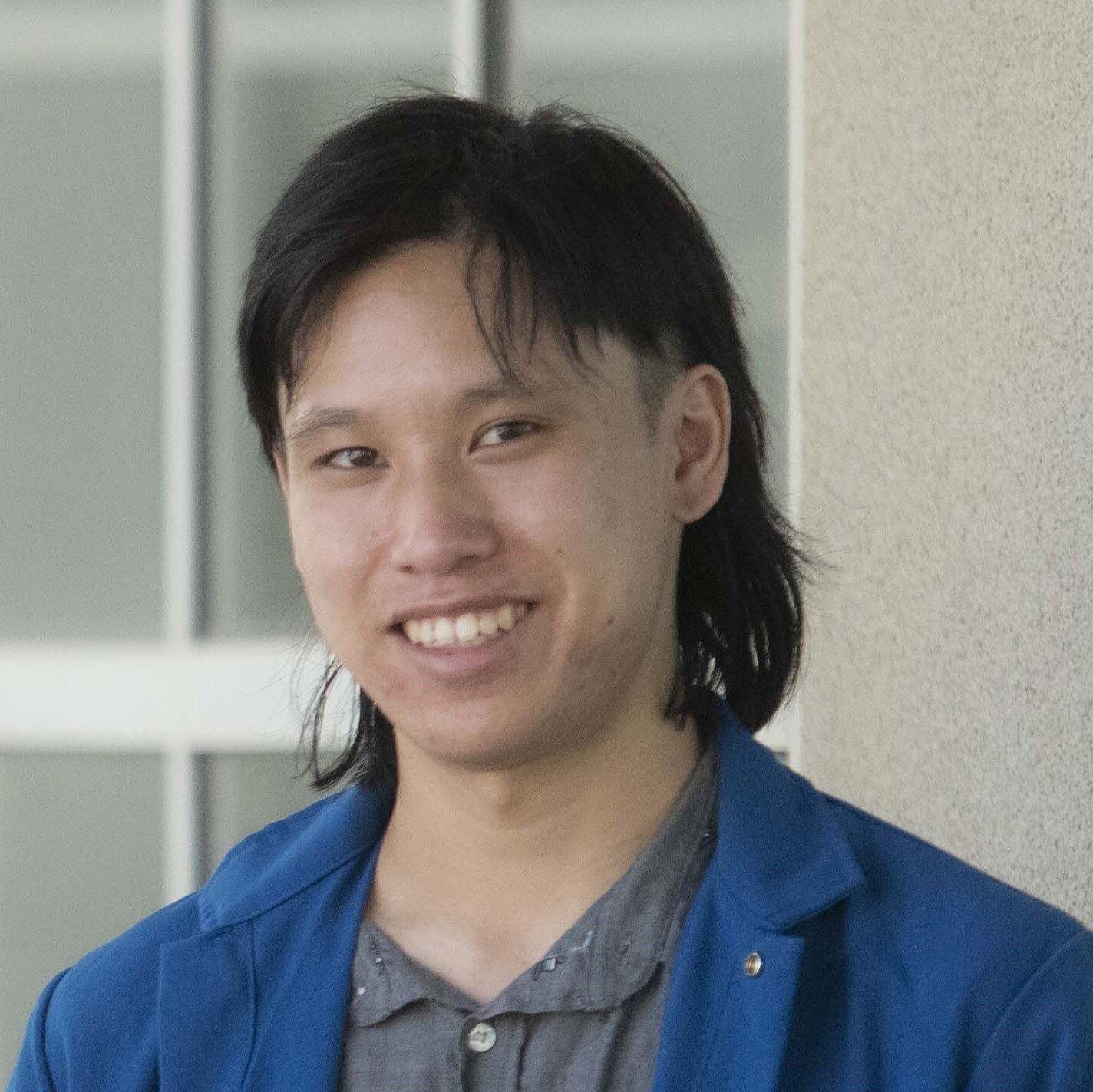
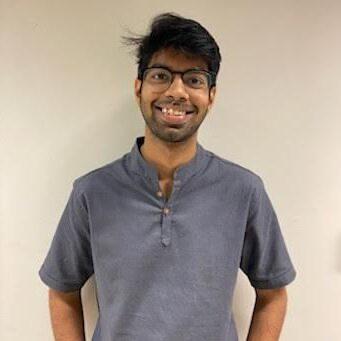
This award defrays registration and travel costs for outstanding neuroscience graduate students to attend and present at the annual Society for Neuroscience (SFN) conference.
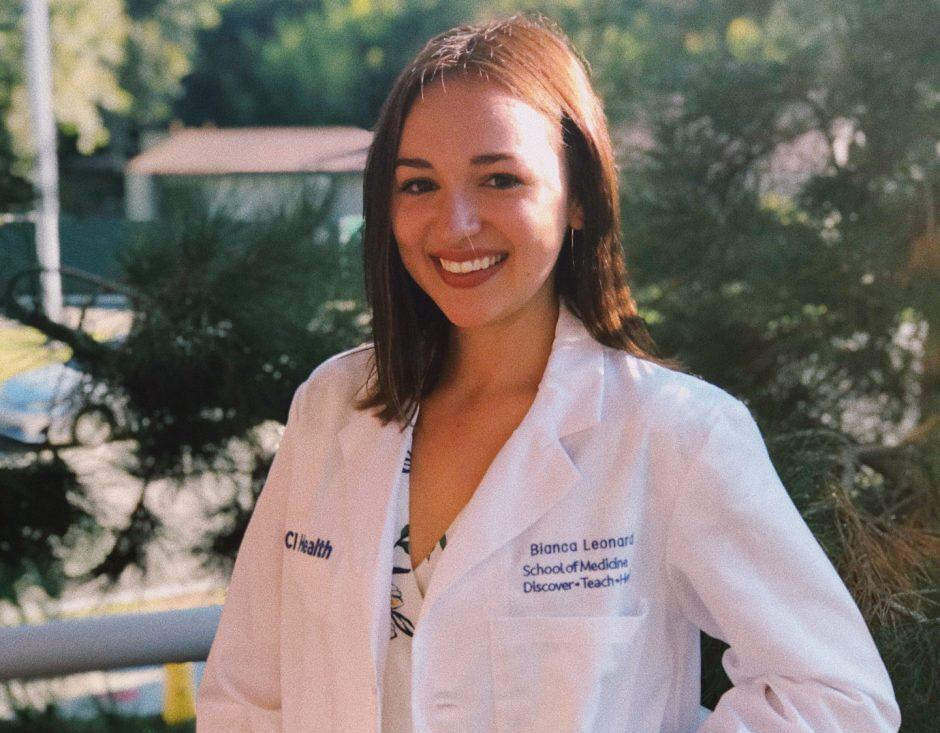
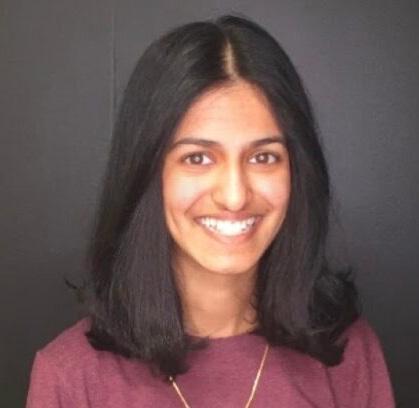
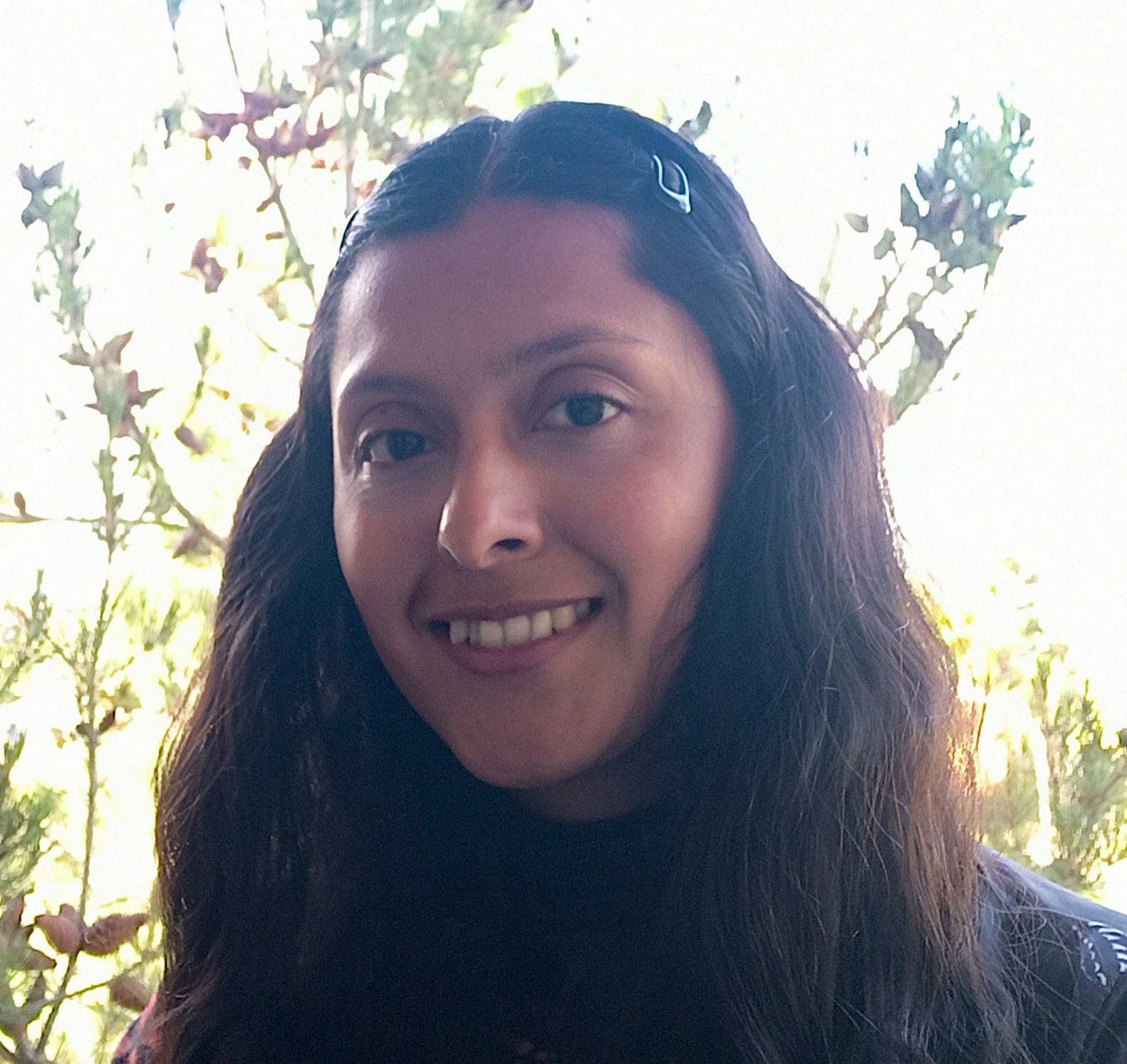
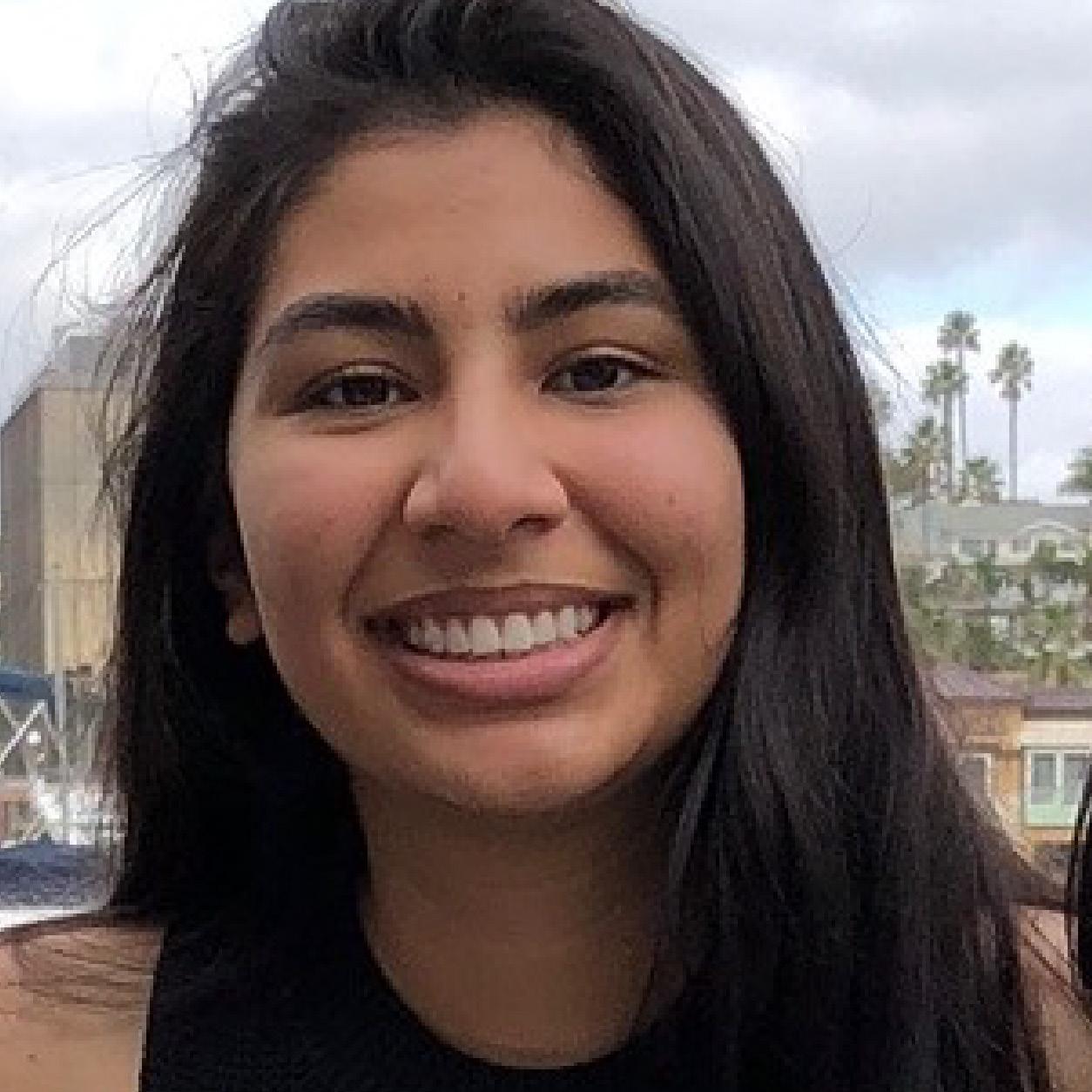


Jared M. Roberts Memorial Graduate Student Award
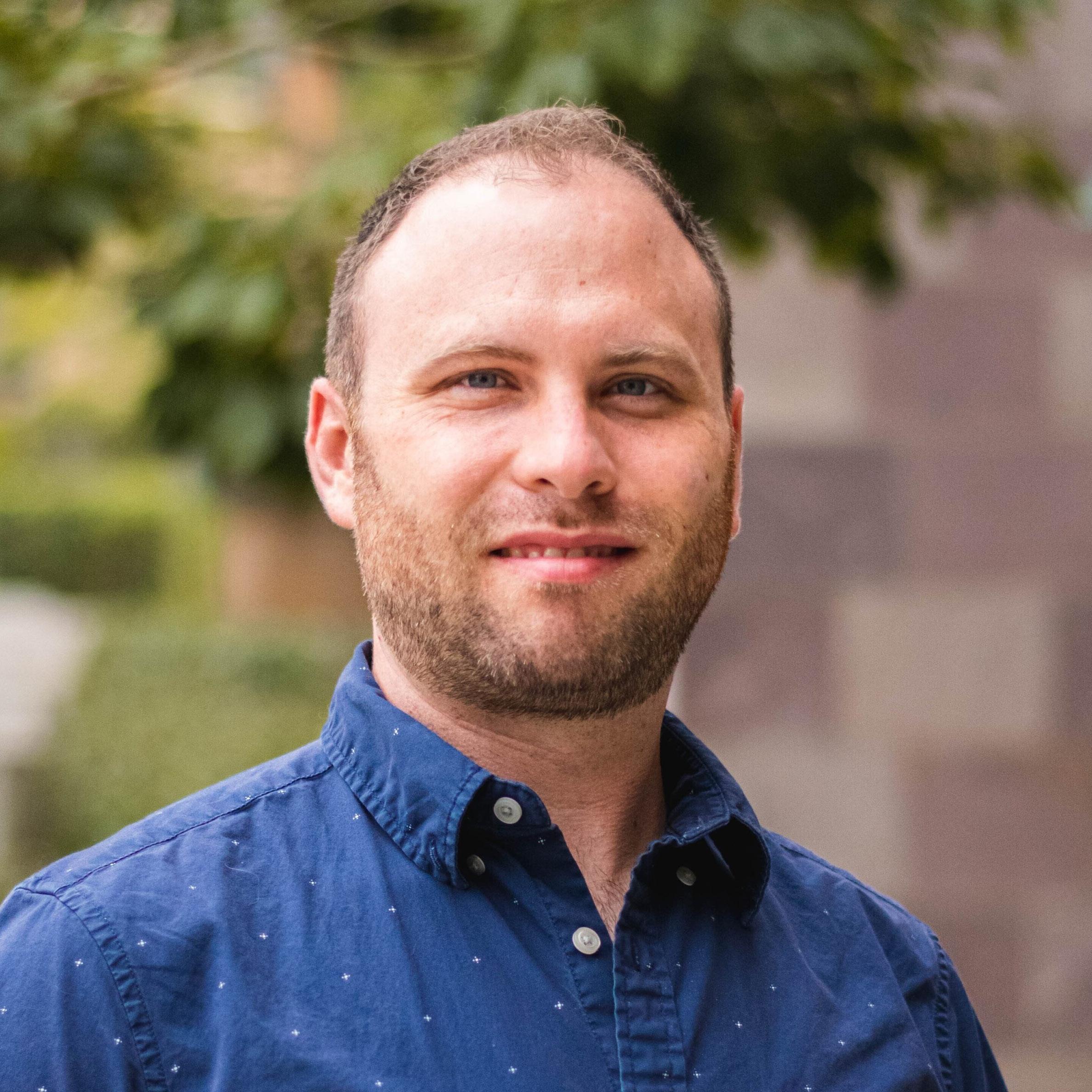

This award defrays registration and travel costs for outstanding neuroscience graduate students to attend and present at the annual Winter Neurobiology of Learning and Memory Meeting at Park City, Utah.
Renee Harwick Advanced Graduate Student Award
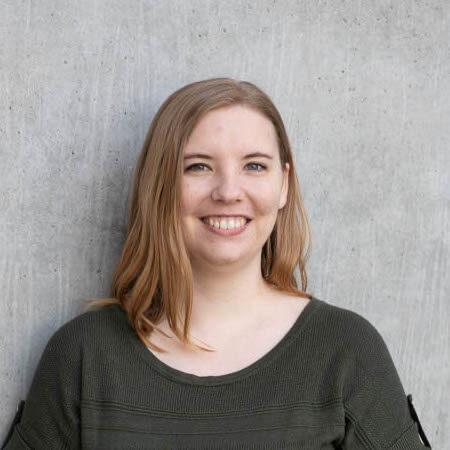
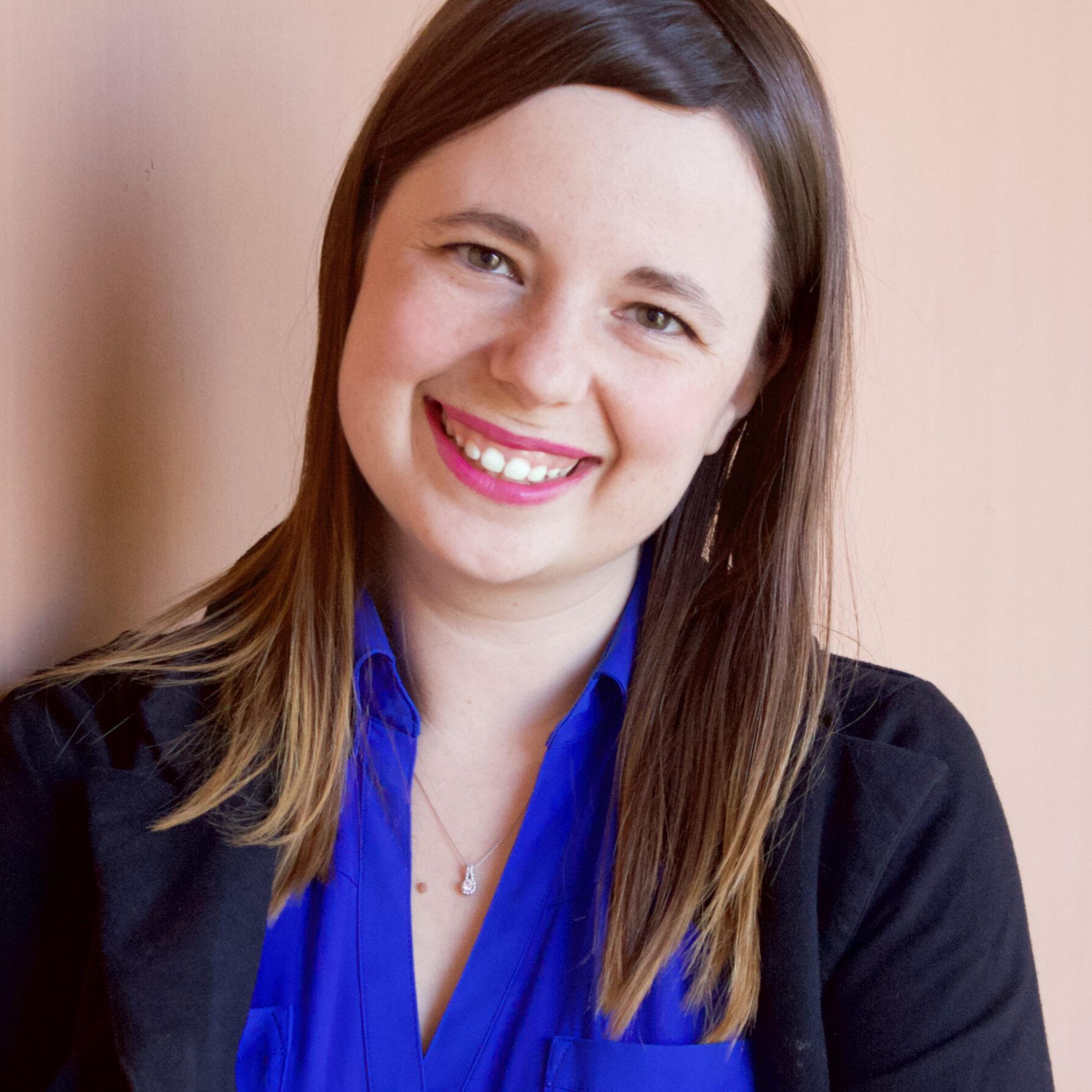
The award provides financial support to students who show outstanding scientific promise, as evidenced by research accomplishments as well as the quality of their advancement document.
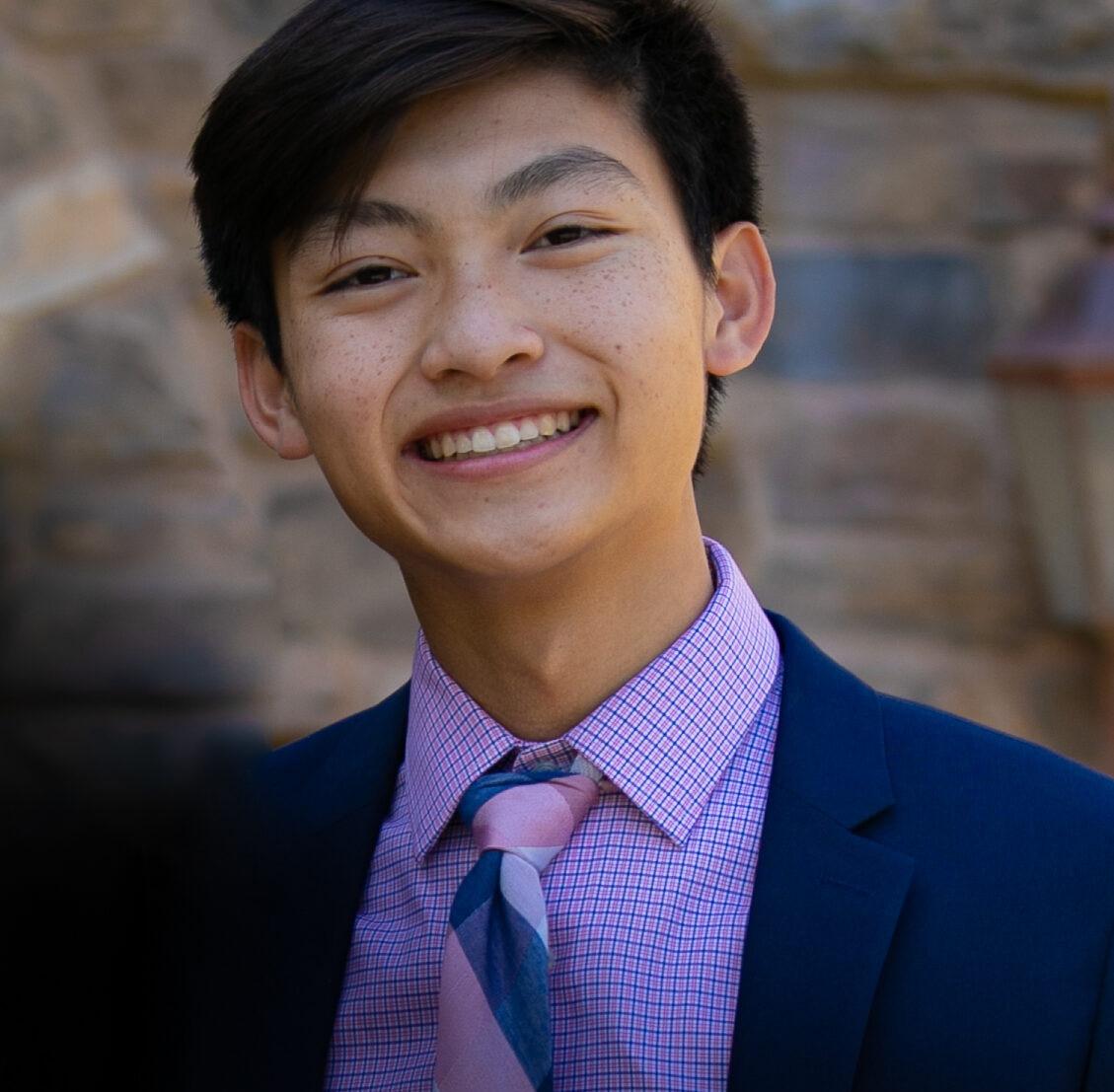
Friends of the CNLM Award
This award provides financial assistance to students who will perform research in CNLM laboratories over the summer. The students must demonstrate excellence in lab research, academic grades, and other activities.

Roger W. Russell Award in the Neurobiology of Learning and Memory
This prize is awarded in memory of Roger W. Russell, who was a Lifetime Distinguished Fellow of the CNLM. The purpose of the award is to recognize individuals who emulate and demonstrate Roger Russell’s dedication to exacting scholarship in the conduct of research, personal attributes of integrity and collegiality, and steadfast support of the goals and programs of the CNLM.
Erica Ward
Jason Lee
Isabel Rivera
Nikhita Kaushik
Mike Starrett Ambrose
Joshua Nguyen
Malia Bautista
Maricela Martinez
35
Gerardo Sandoval
COMMUNITY IMPACT
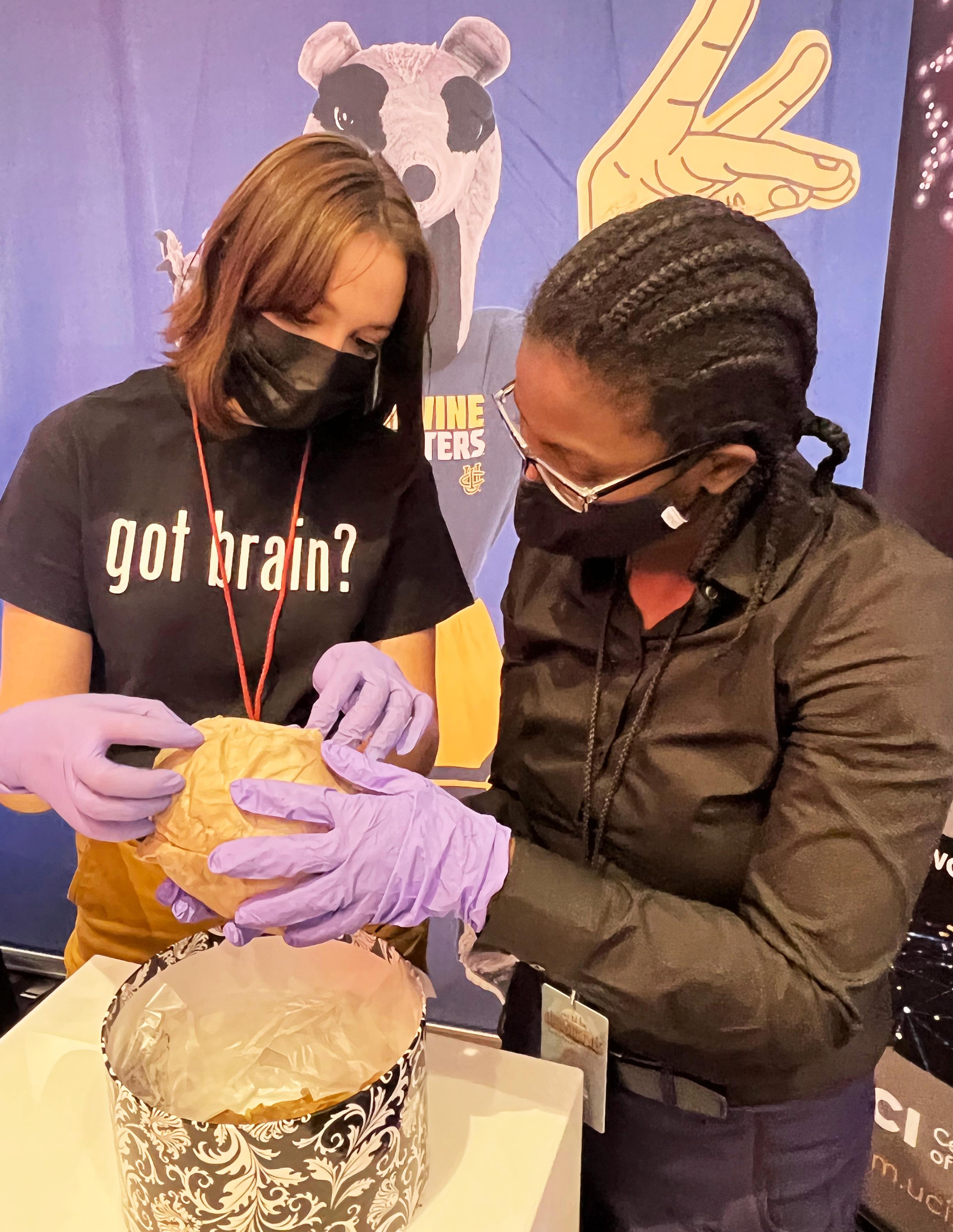

CNLM Ambassador Program

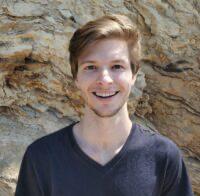
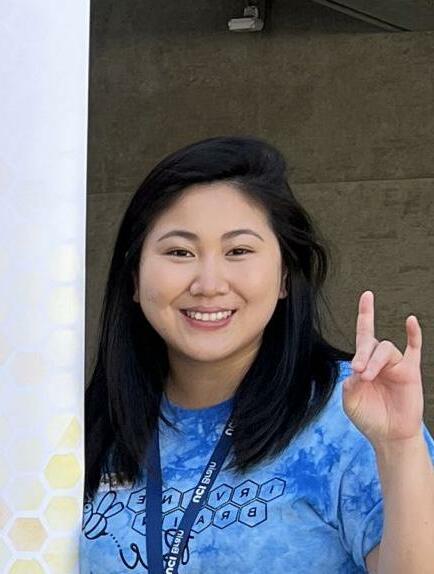
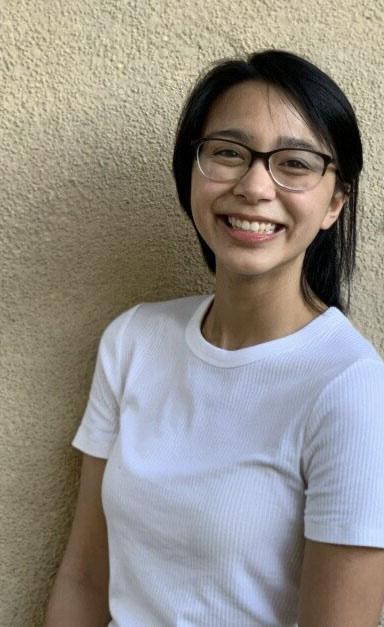
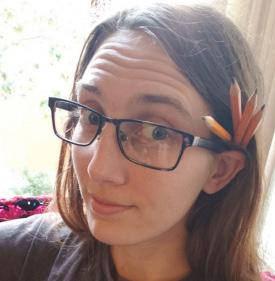
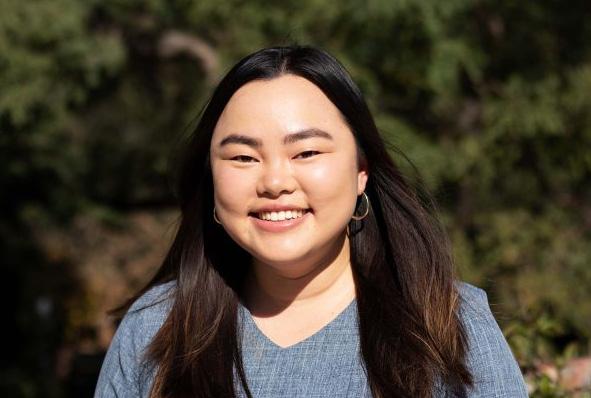

The CNLM Ambassadro Program was launched in 2017 by CNLM Director of Outreach and Education Manuella Oliveira Yassa. The program aims to advance public understanding of brain science through outreach and community education activities. Now, nearly 100 Ambassadors strong, the program reaches thousands of Orange County community members each year.
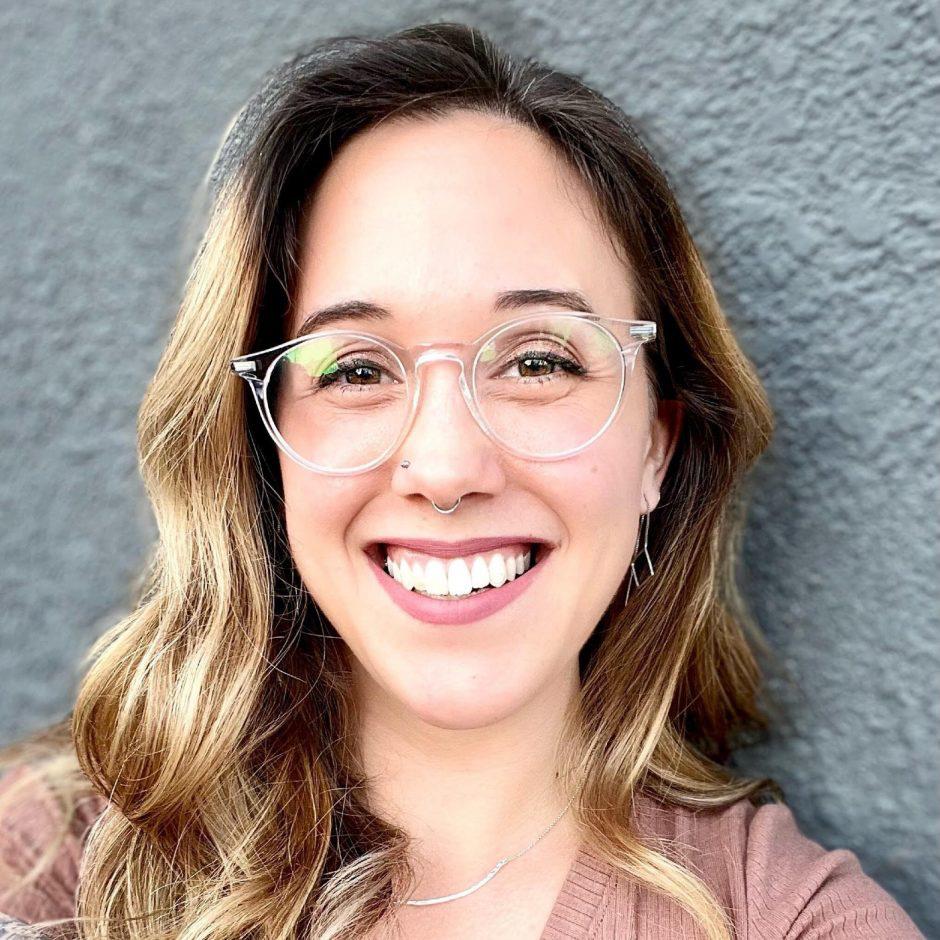
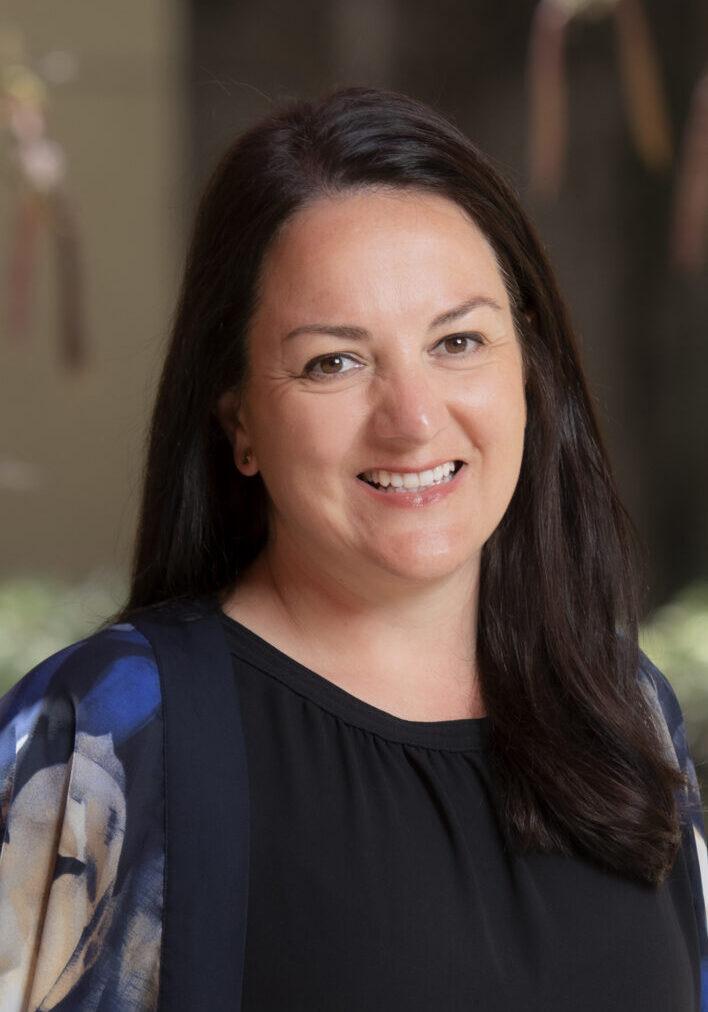
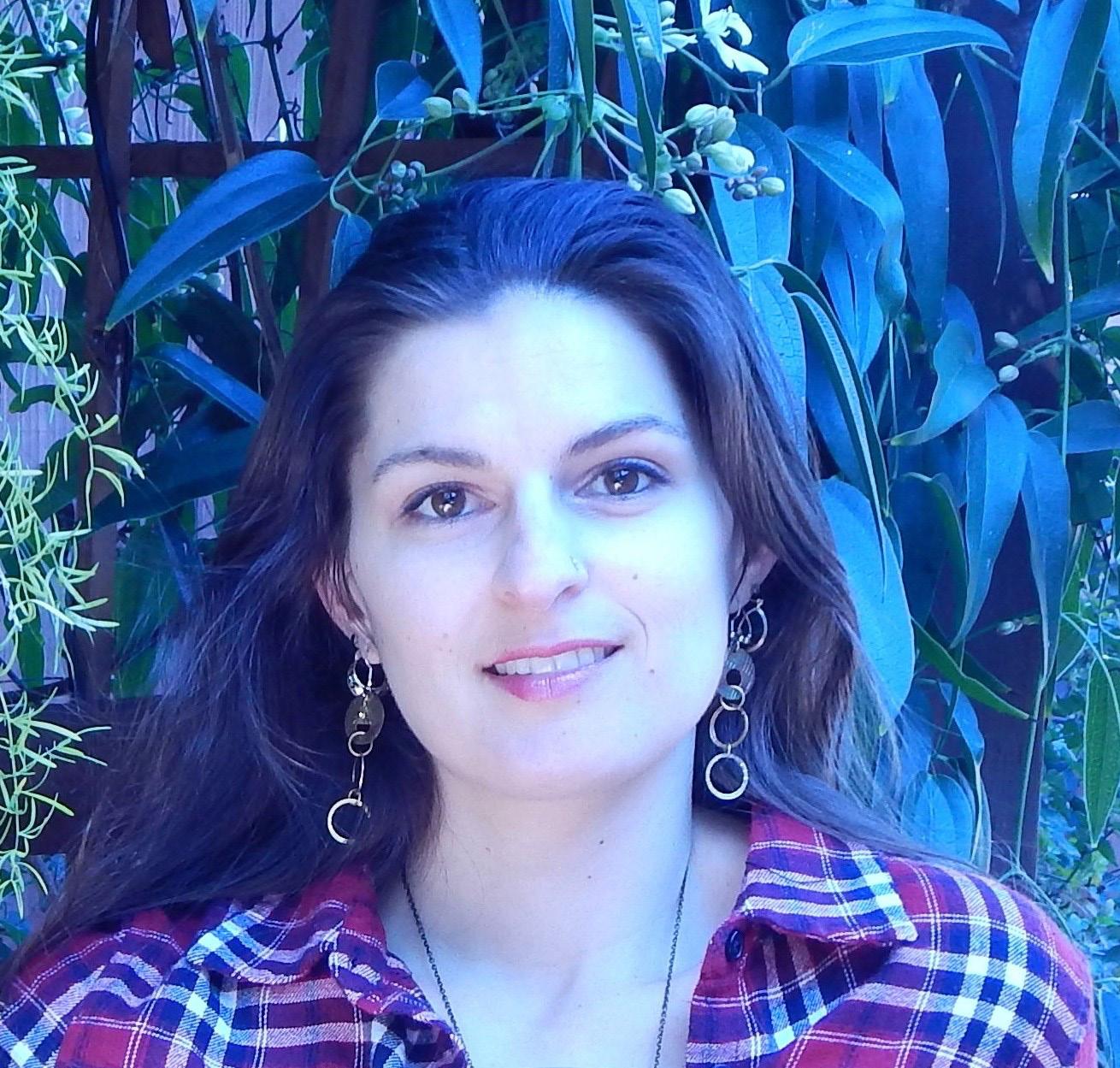
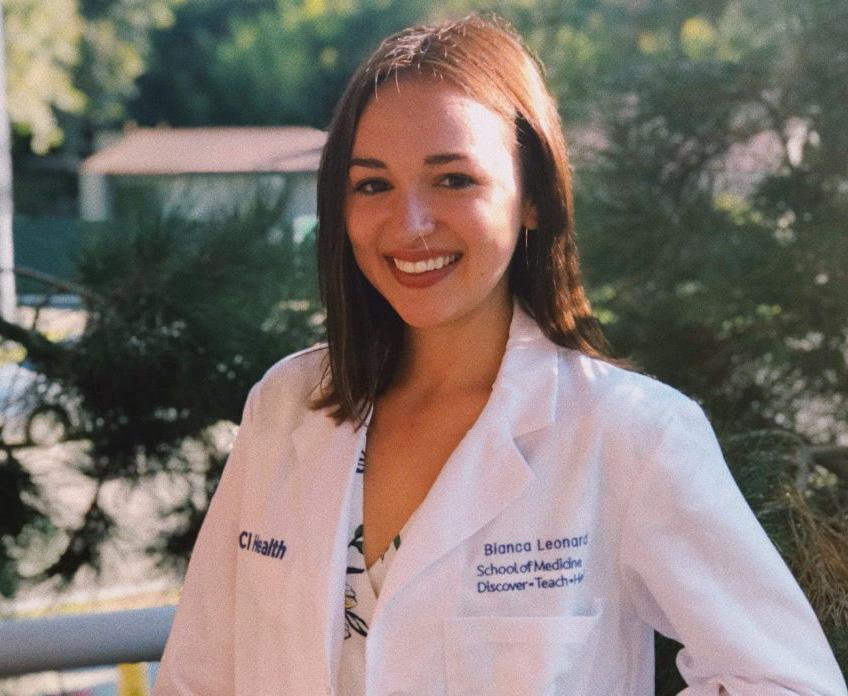

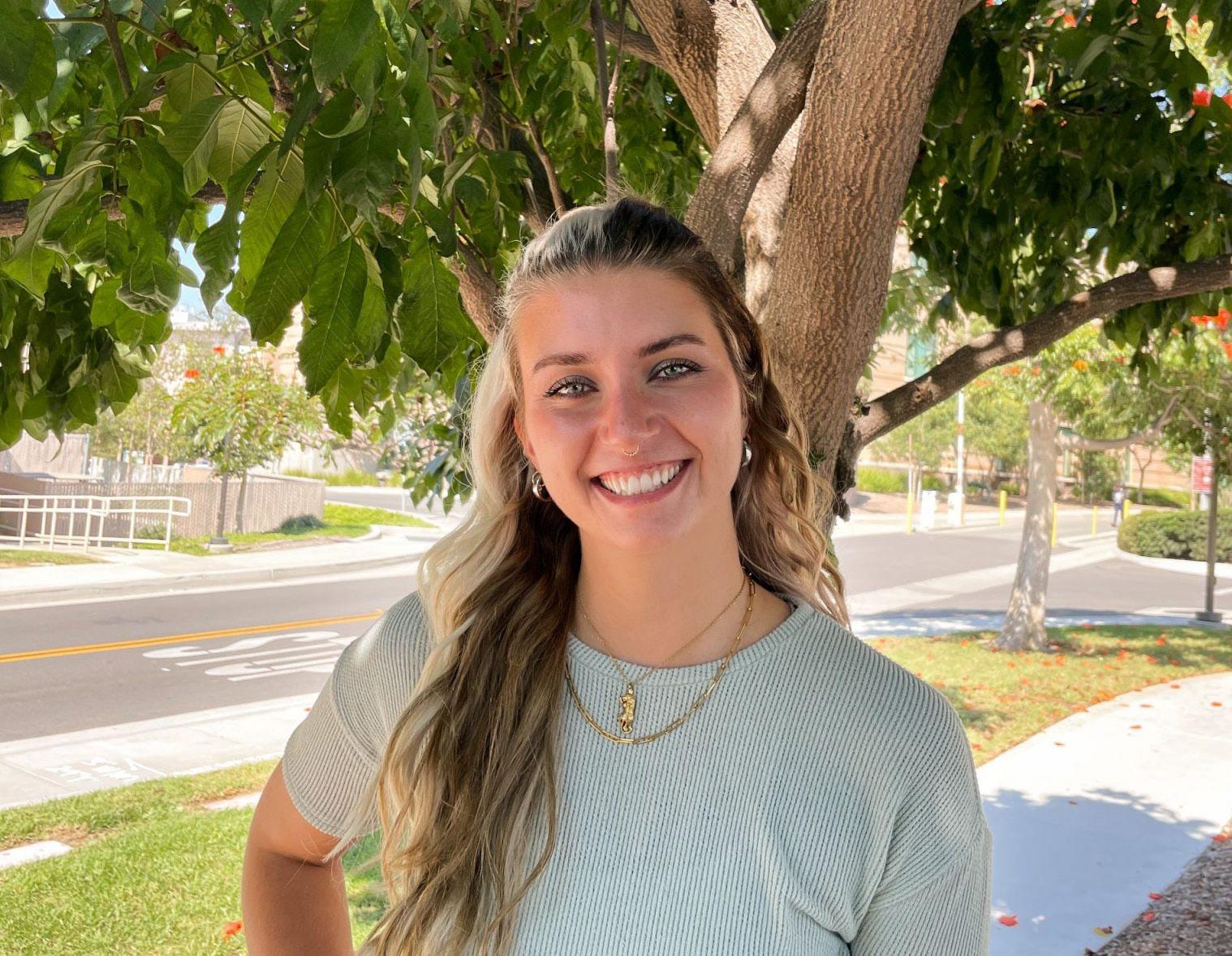 Desiree Macchia K-12 Committee Co-Chair
Kate Inman Tsourmas Adult Program Co-Chair
Rachael Hokenson Brain Bee Co-Chair
Elizabeth Hubbard K-12 Committee Co-Chair
Abigail Flores
Winny Ning Brain Bee Co-Chair
Bianca Leonard Adult Program Co-Chair
Zahara Keulen Communications Committee Co-Chair Keiland Cooper Outcomes Committee Chair
Manuella Oliveira Yassa Founding Director
Miranda Chappel-Farley Program Co-Chair
Desiree Macchia K-12 Committee Co-Chair
Kate Inman Tsourmas Adult Program Co-Chair
Rachael Hokenson Brain Bee Co-Chair
Elizabeth Hubbard K-12 Committee Co-Chair
Abigail Flores
Winny Ning Brain Bee Co-Chair
Bianca Leonard Adult Program Co-Chair
Zahara Keulen Communications Committee Co-Chair Keiland Cooper Outcomes Committee Chair
Manuella Oliveira Yassa Founding Director
Miranda Chappel-Farley Program Co-Chair
37
Irvine Brain Bee
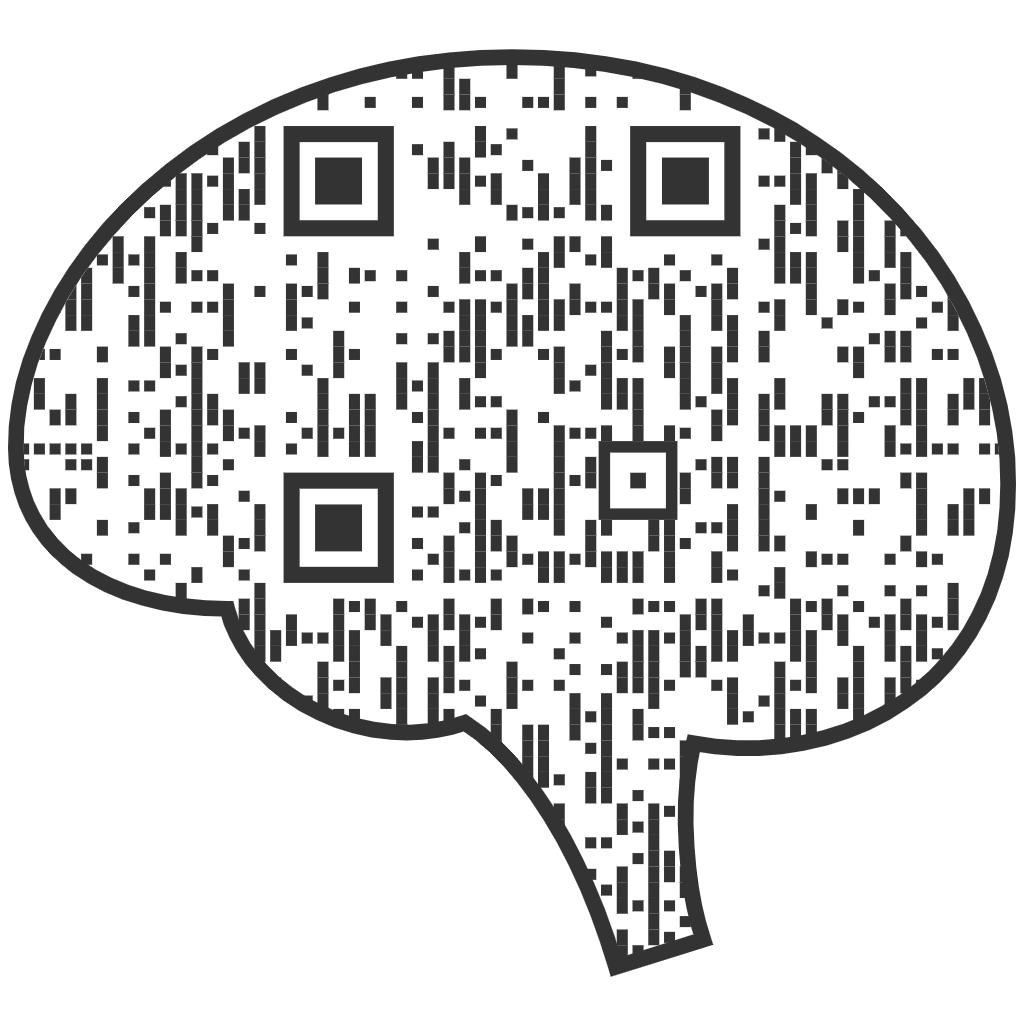
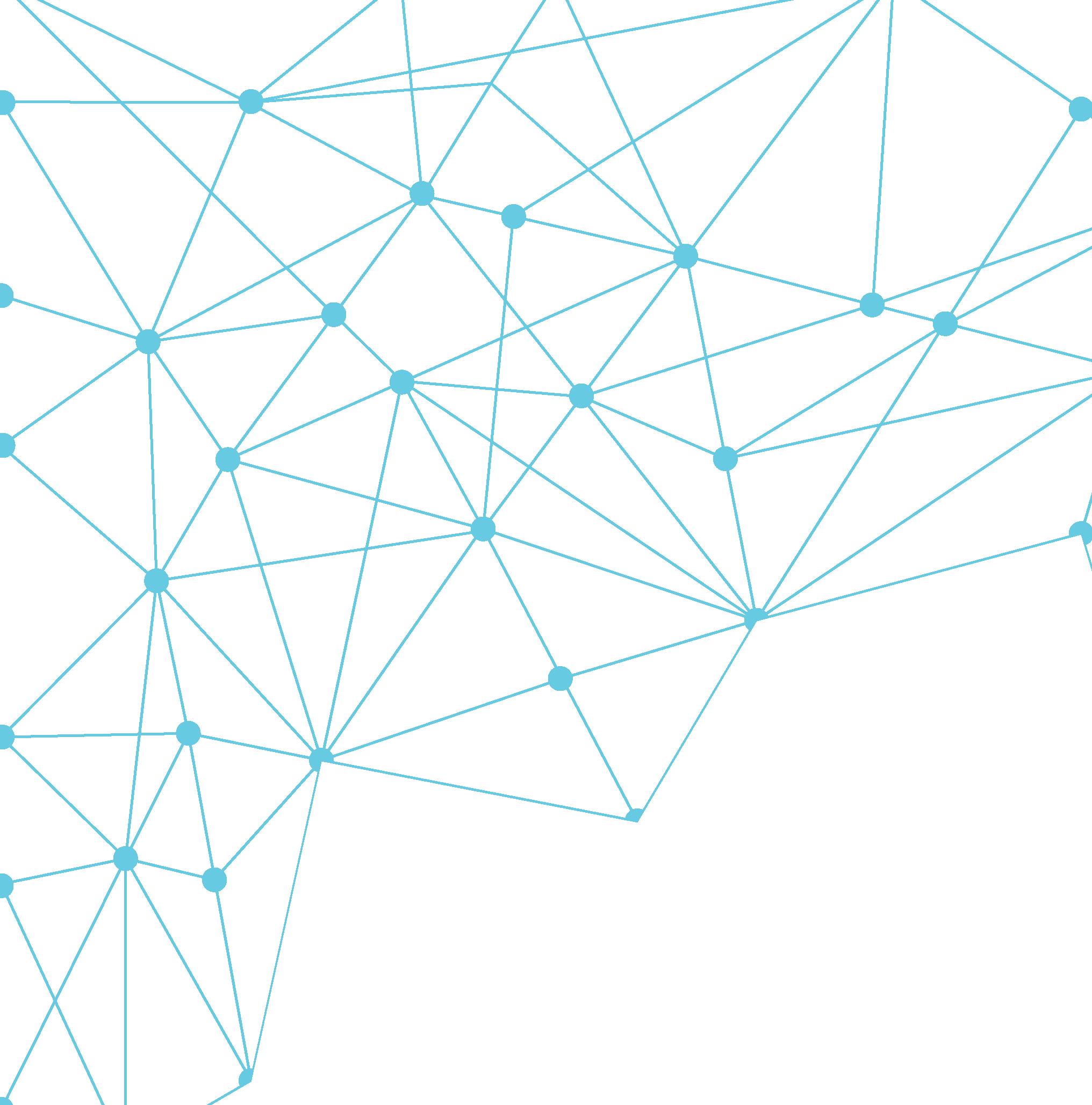
The CNLM’s 4th annual Irvine Brain Bee was designed to inspire youth to learn about the wonders of the brain, meet neuroscience doctoral students and faculty, and explore careers in neuroscience. The winner of the 2022 Irvine Brain Bee was Tustin resident Siddhant Karmali. This 11th grader was not new to the Irvine Brain Bee, having earned 4th place in 2020 as a 9th grader.
Directed by Manuella Oliveira Yassa and organized by a committee led by neuroscience Ph.D. students Rachael Hokenson and Winny Ning, the 2022 Irvine Brain Bee competition included various activities designed to teach students about the nervous system and neuroscience careers. Many held a preserved human brain for the first time.

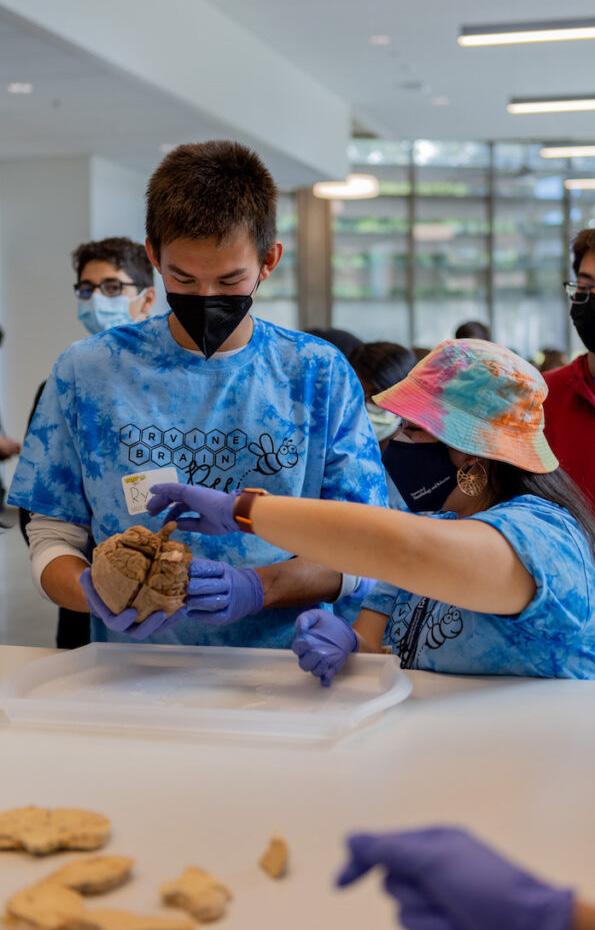 - AVERY
- AVERY
COMMUNITY IMPACT
Learn more at: https://cnlm.uci.edu/brain-bee-22
“I think I cried a bit when I got to hold the fixed brain. The experience was unforgettable.”
MIZRAHI, IRVINE BRAIN BEE PARTICIPANT
UCI Brain Camp


For two weeks this summer, the halls of the CNLM buzzed with the energy of curiosity, creativity and community – the energy of Brain Camp.
“Like regular summer camp, only better” is how Manuella Oliveira Yassa, a former middle school teacher and UCI Brain Camp founding director, describes the program. “Brain Camp is Disneyland for young brain enthusiasts.”
Founded in 2019 as one of the only summer neuroscience camps in the country, UCI Brain Camp aims to immerse teens in the wonders of the brain and equip them with the skills necessary for success in science research. This year, the day camp hosted more than 40 middle and high school students.

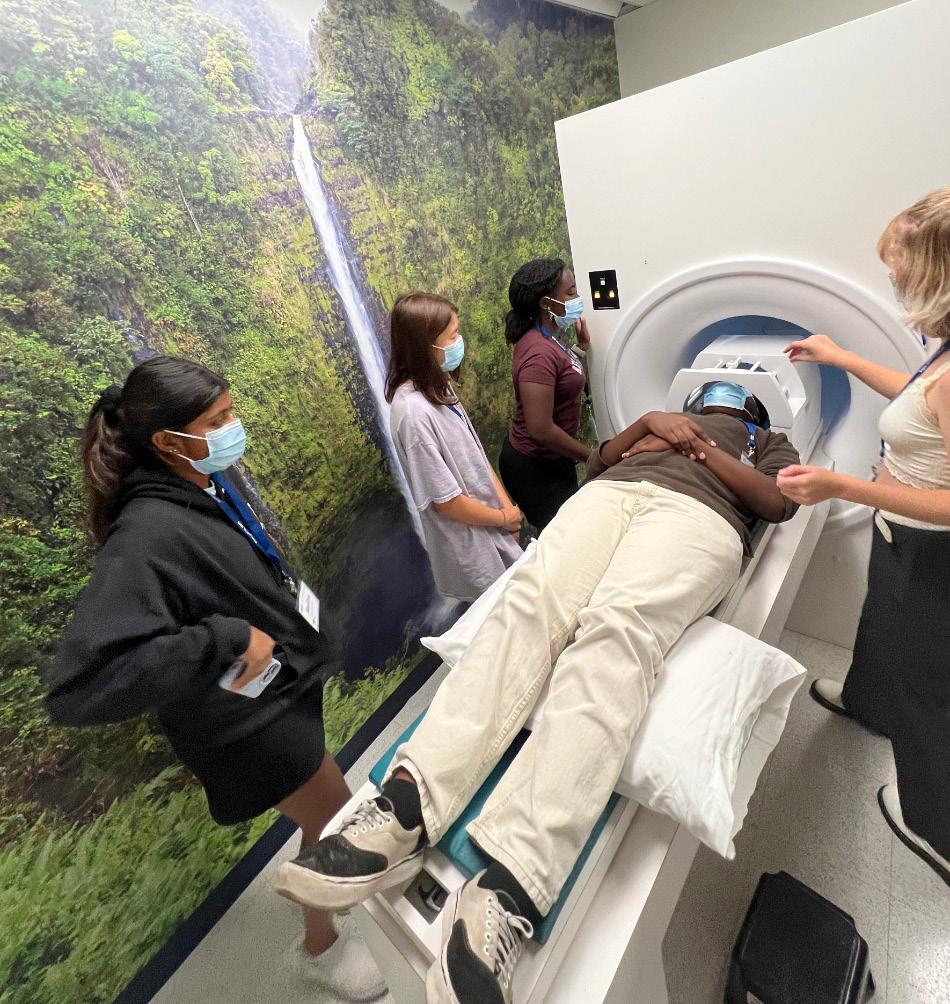

As intense as Brain Camp is, it’s still a summer camp at the end of the day. Between the brain dissections and thoughtful discussions, students tie-dyed camp shirts, enjoyed lunch in the courtyard, played volleyball in Aldrich Park, took trips across the street to University Town Center, visited the UCI bookstore and received their very own got brain? branded mugs as a souvenir.
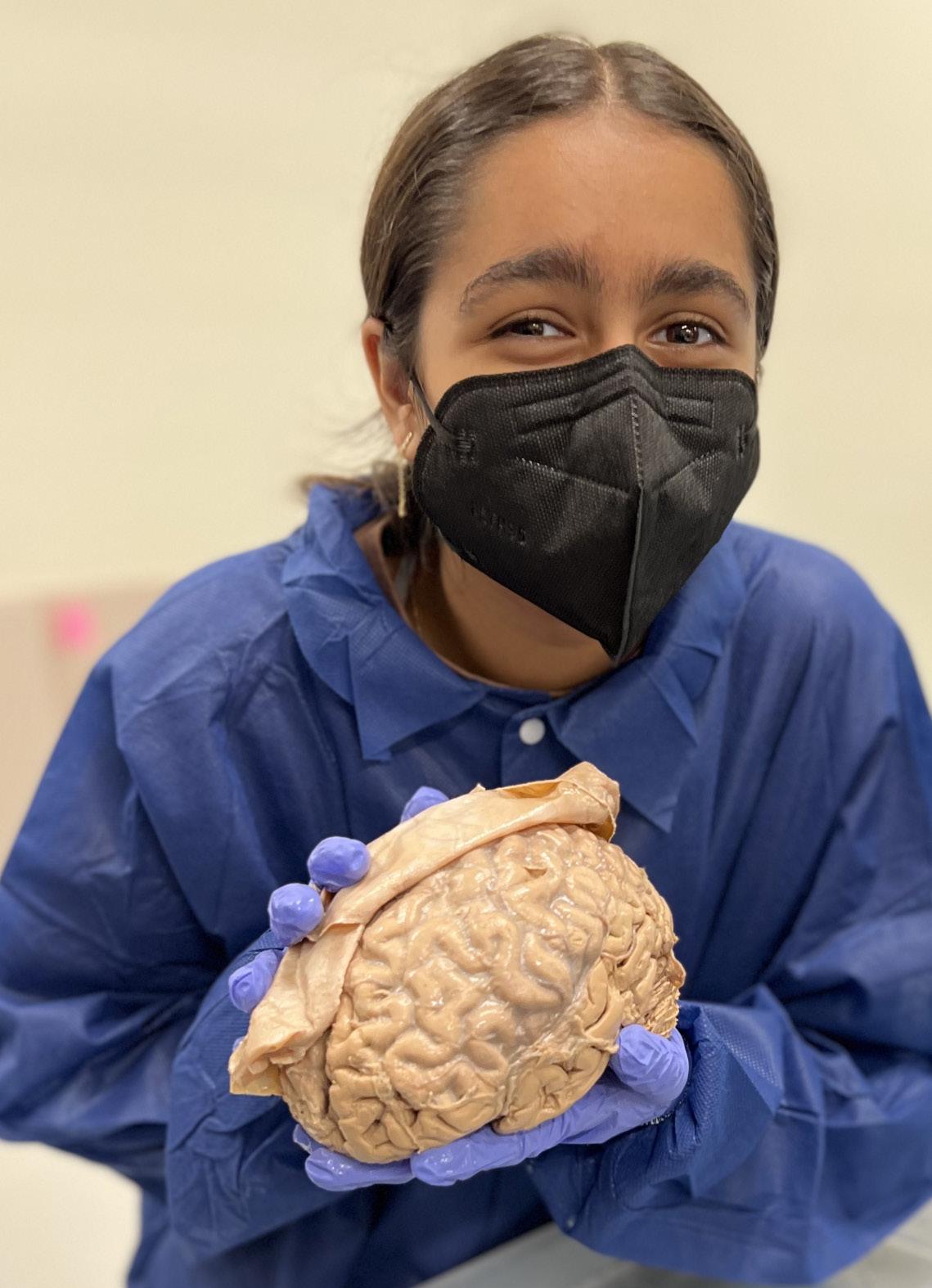
at: https://cnlm.uci.edu/brain-camp-22 39
Learn more
Neurodance Symposium
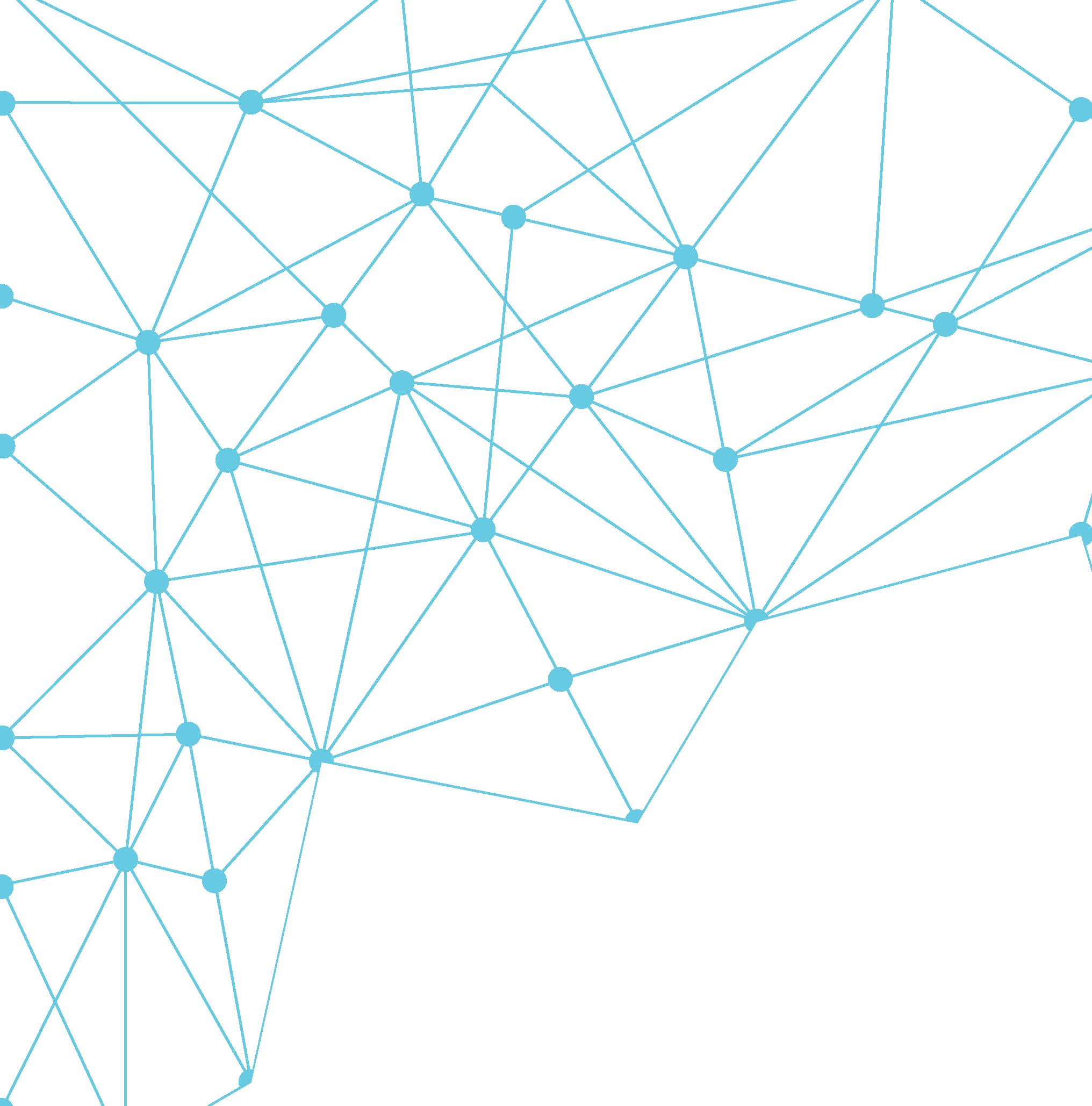
Embodiology®:
From
Ancestral Movement-Music Practices to Phenomenal Being

Dance professor S. Ama Wray and CNLM Director Michael Yassa hosted a day-long workshop that explored how ancestral embodied wisdom is shaping human communication.
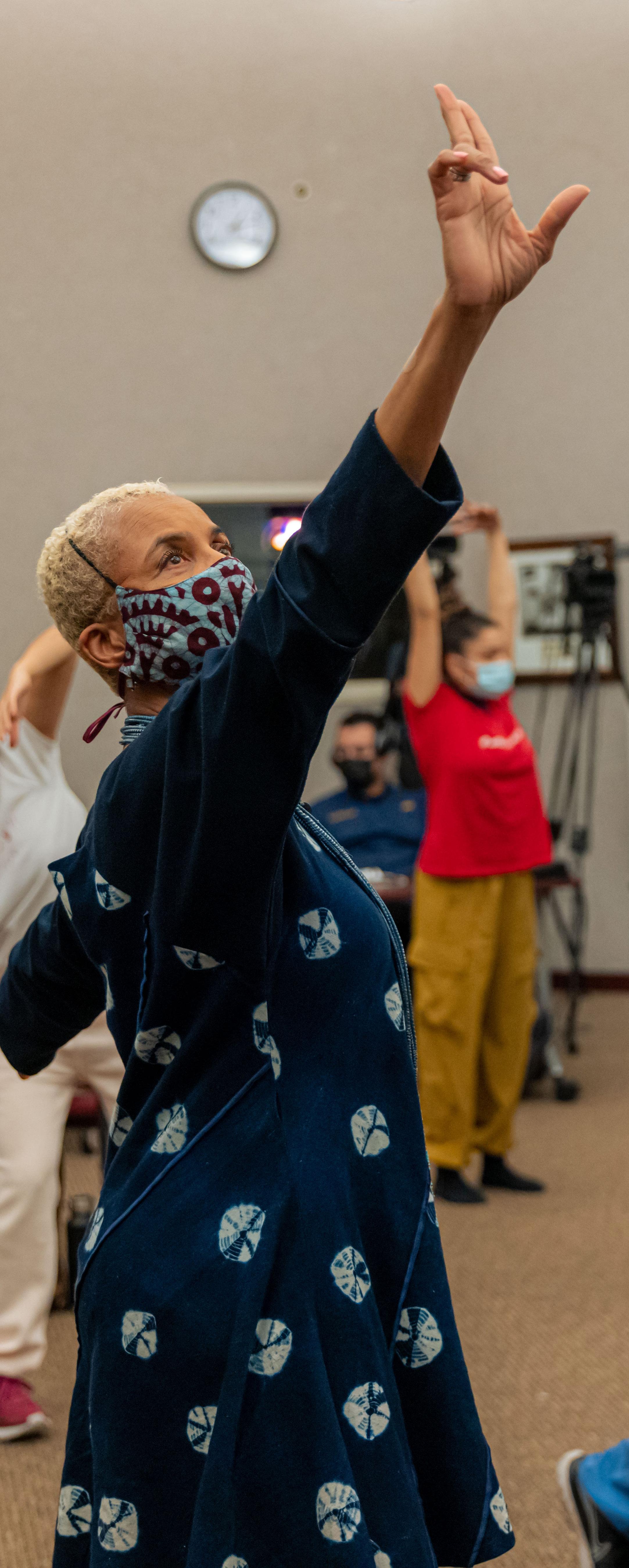
Most analyses of art, for the purposes of advancing neuroscience and medicine, have been pursued through prisms of western practices. This workshop explored how Dr. S. Ama Wray has been translating Africana ‘bodily ways of knowing’ through her autoethnographic action research in Kopeyia Village, Ghana, generating virtuosic as well as community artmaking through the social technology which she defines as Embodiology®. She was joined by an interdisciplinary and intercultural group of scientists, medical doctors, and researchers to look at how the application of this embodied wisdom is shaping human communication.
Watch video at: https://cnlm.uci.edu/neuroarts

COMMUNITY IMPACT
Southern California Youth Neuroscience Association (SCYNA)
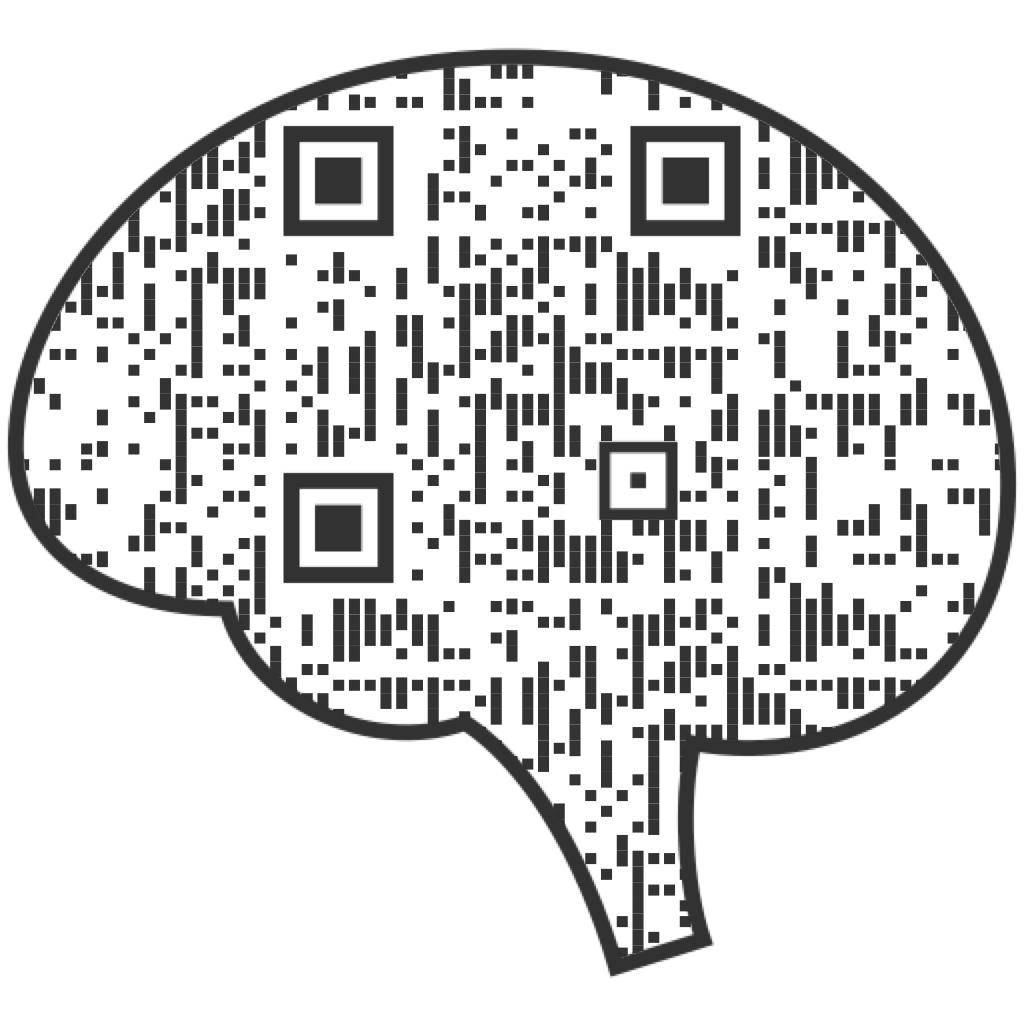
The Southern California Youth Neuroscience Association (SCYNA) is a high school neuroscience organization started in the summer of 2020 by Nikhita Kaushik, a senior at Irvine’s Arnold O. Beckman High School. The association is supported by the CNLM.
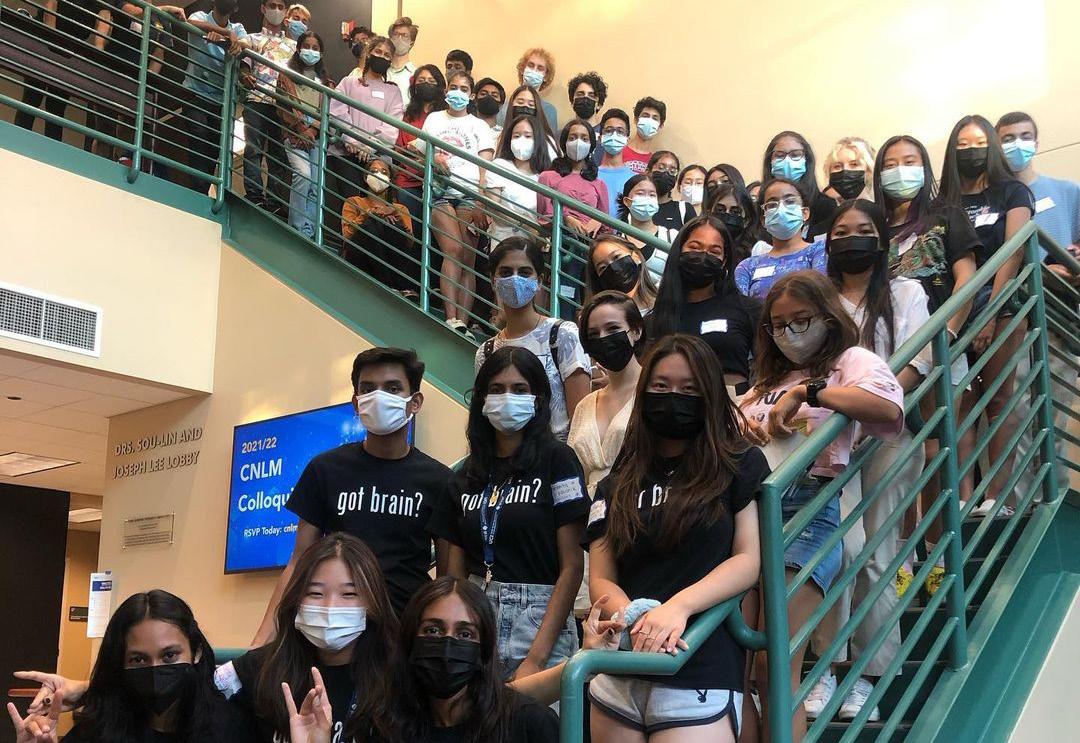
The group has 100 members and is led by its Board of Directors. They host monthly events, including talks by UCI faculty and neuroscience art competitions, to engage high school students in neuroscience. This year, the group’s Founding President, Nikhita, presented a poster to the scientific community at the Society for Neuroscience’s
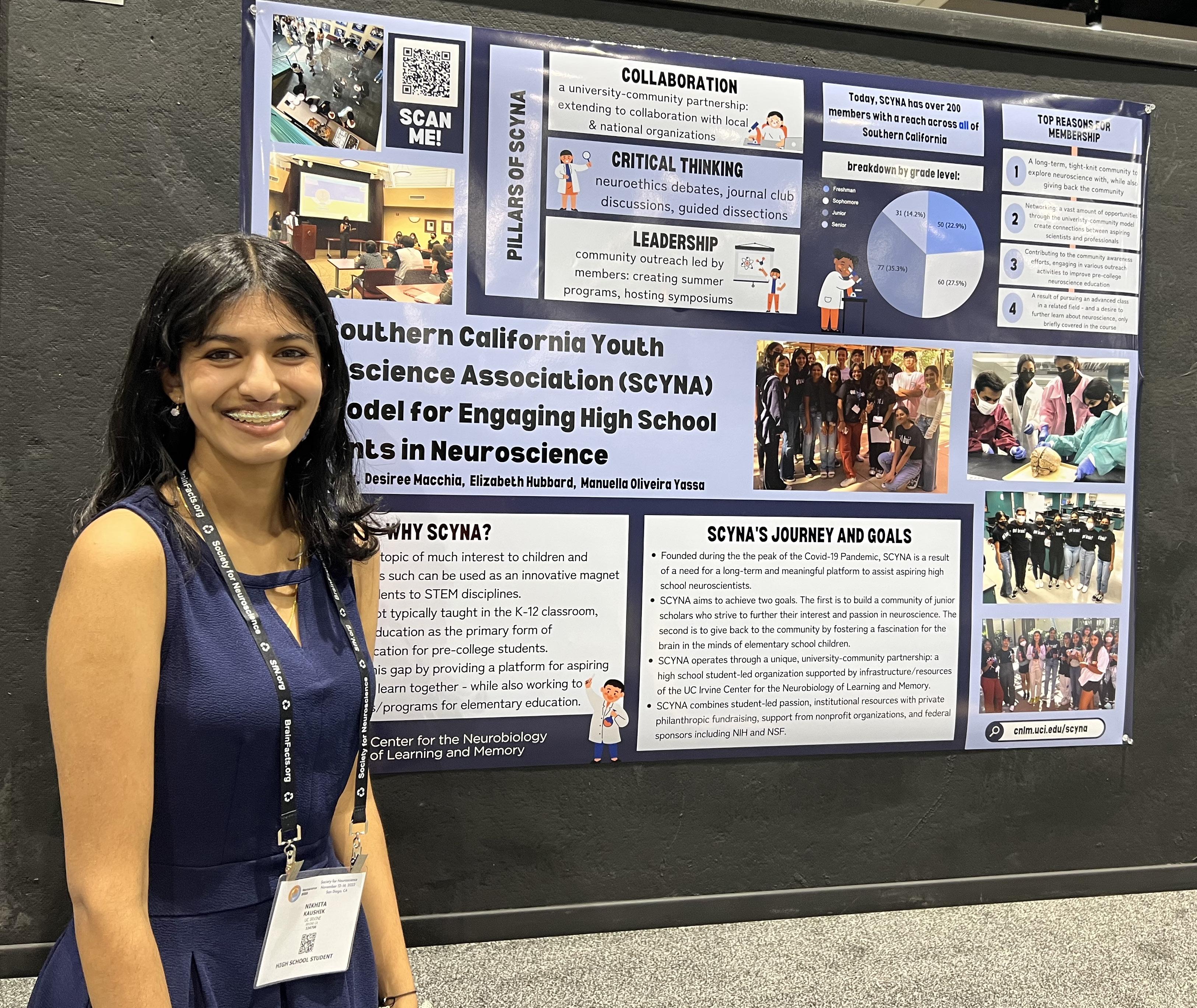
annual meeting, which was held in November in San Diego. The poster introduced the group and its efforts, creating a model for youth groups around the nation.
Learn more at: https://cnlm.uci.edu/scyna/

41
BUILDING
A LEGACY
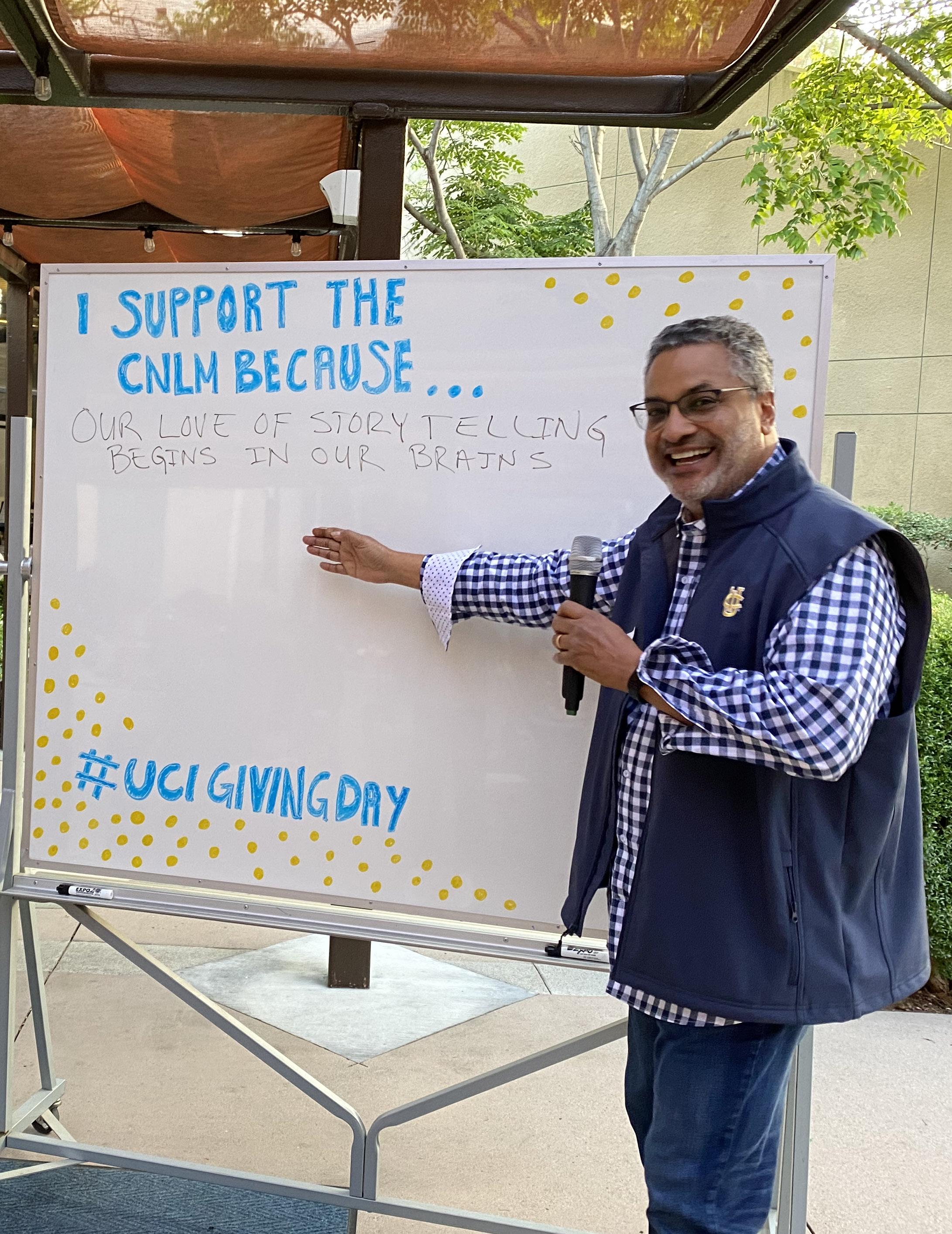
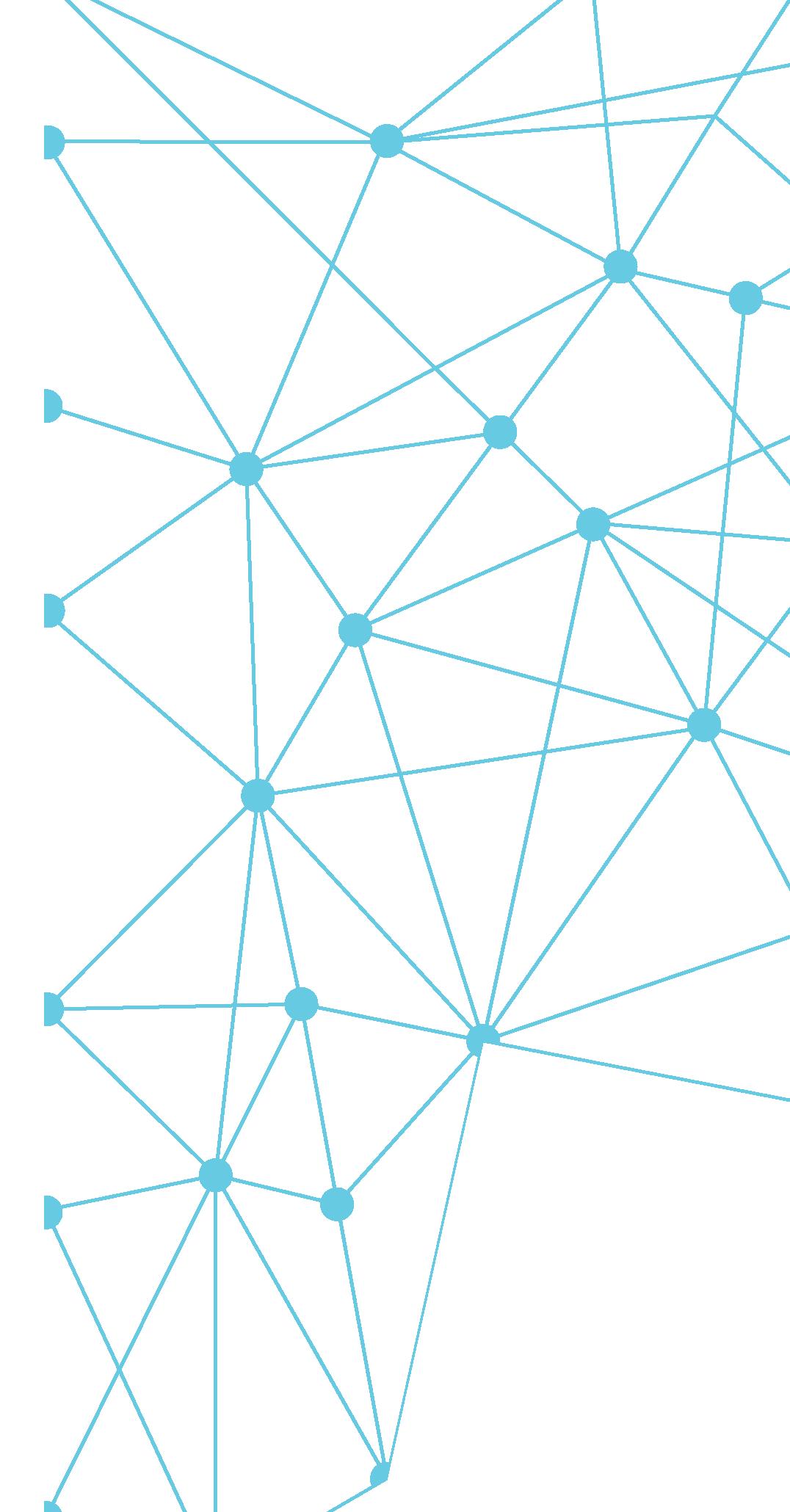
Generosity Supporting the Extraordinary
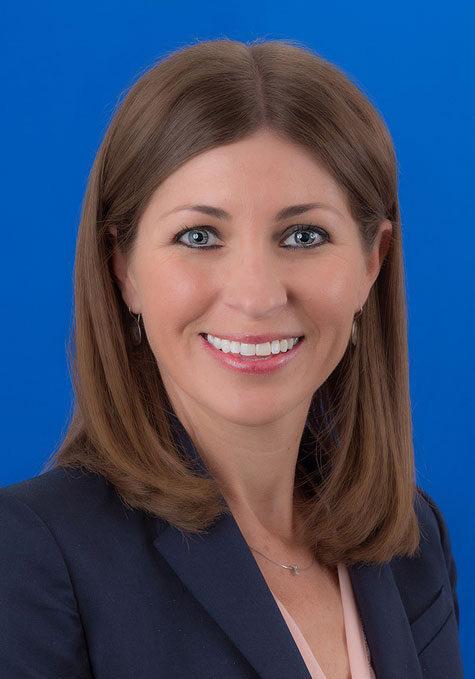
Unlocking the mystery of how memories are made and how our brains are wired to accomplish this incredible feat will transform our future and catapult us to new frontiers in technology, medicine, and education. But, it is also a formidable challenge that requires us to transcend scientific boundaries and work as a diverse and interdisciplinary team.
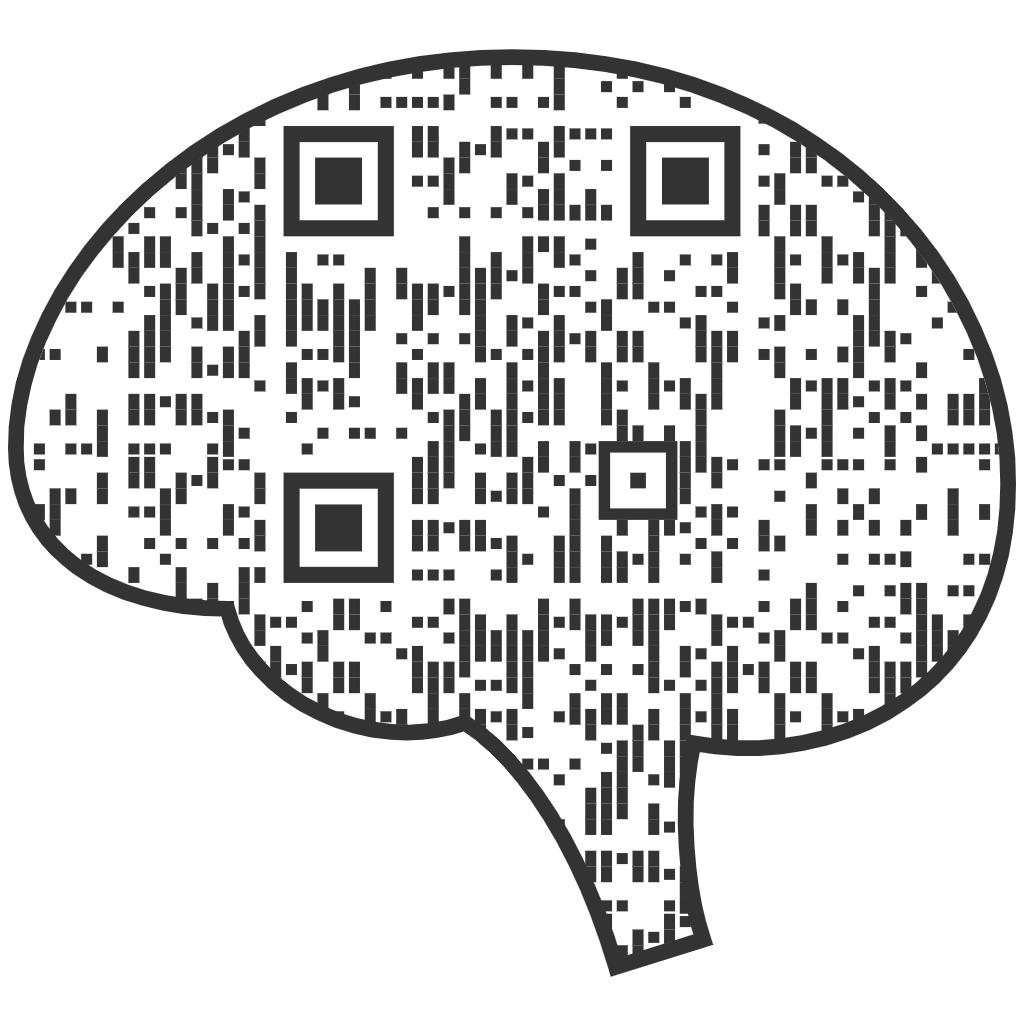
The CNLM is the first institution in the world dedicated to this fundamental challenge. Biologists, engineers, computer scientists, and other specialists work together at the intersection of disciplines to generate fundamental and often unexpected breakthroughs.
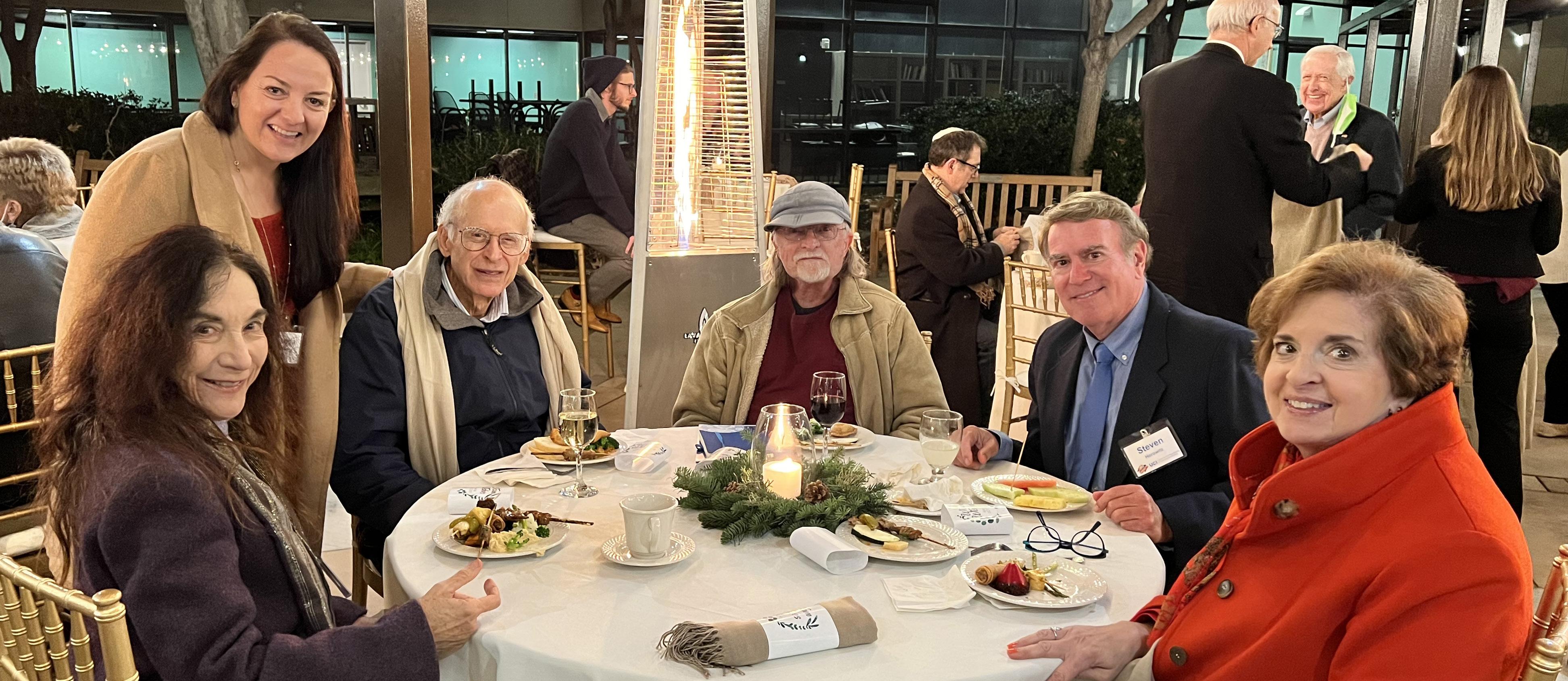
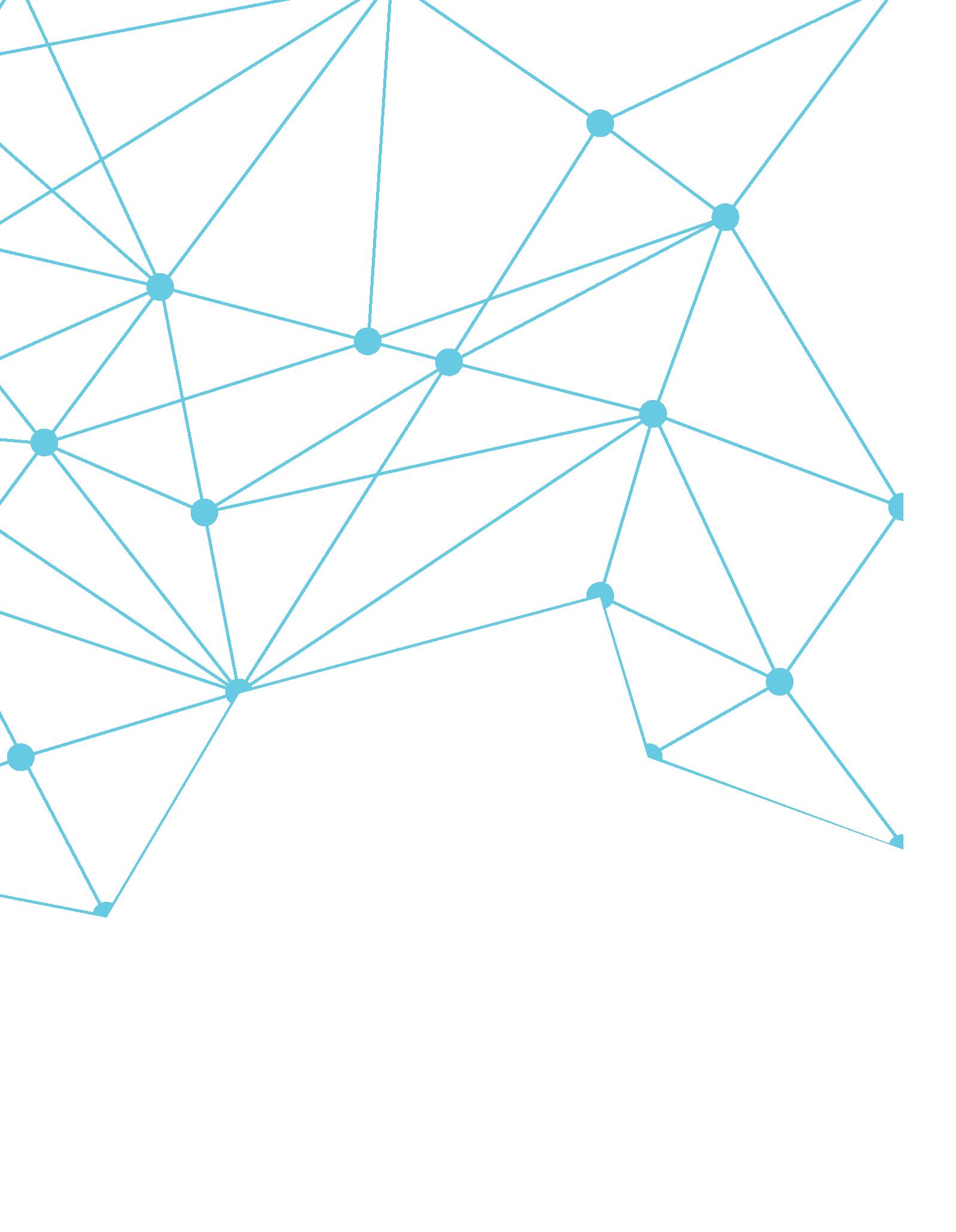
Progress to date has opened the door to a world that was scarcely imaginable just a few years ago. Picture a world where strategies for enhancing or recovering memory are not based on happenstance drug discoveries but instead on a deep understanding of brain machinery; where the formidable powers of memory are coupled with machine learning to produce true artificial intelligence; where memory-based technology revolutionizes the classroom experience.
Sound like science fiction? This promising future can be here sooner than you think. You hold the power to make it a reality. Partner with us and the next transformative discovery is just on the horizon. Join The Friends of the CNLM to be part of our journey of discovery!
To
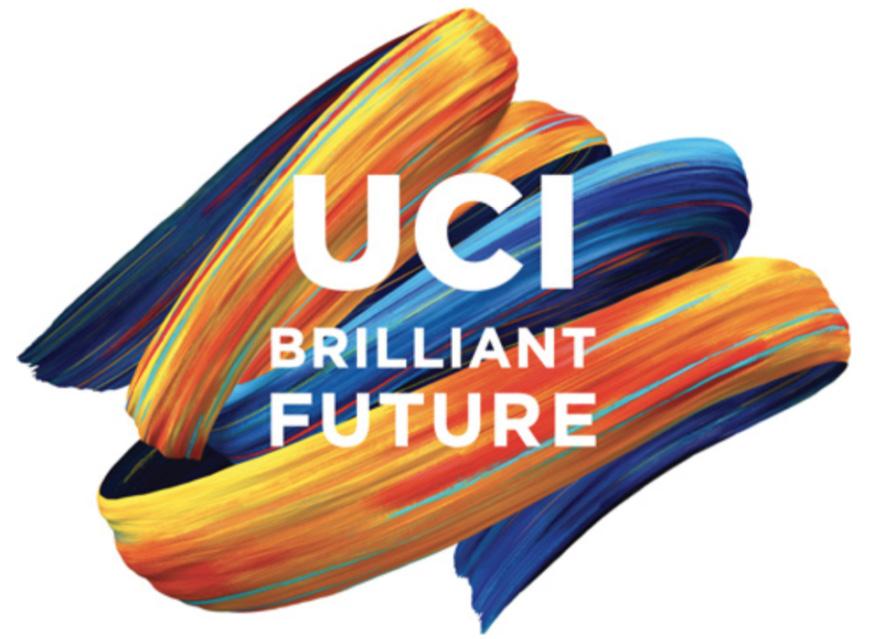
43
inquire about CNLM gifts and giving, please contact:
at:
Jennifer Smith Executive Director of Development jennifer.smith@uci.edu
Learn more
https://cnlm.uci.edu/gifts
In Memoriam Dr. Igal Silber
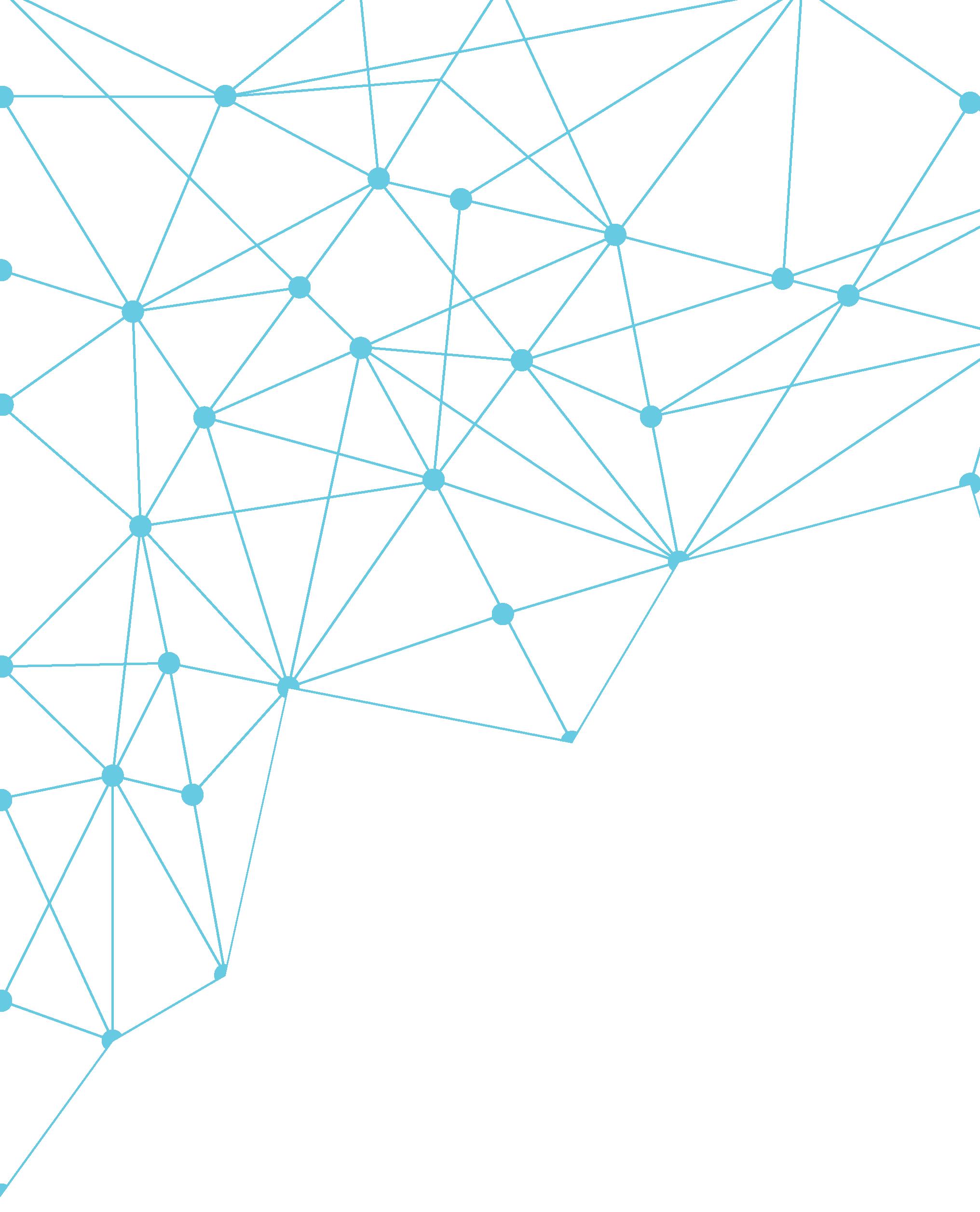
The CNLM family mourned the loss of our dear friend Dr. Igal Silber this year. Igal and his wife, Diane, have been an integral part of the CNLM family for many years and have not only supported the Center in various ways but have also played a crucial role in its strategic development and success.

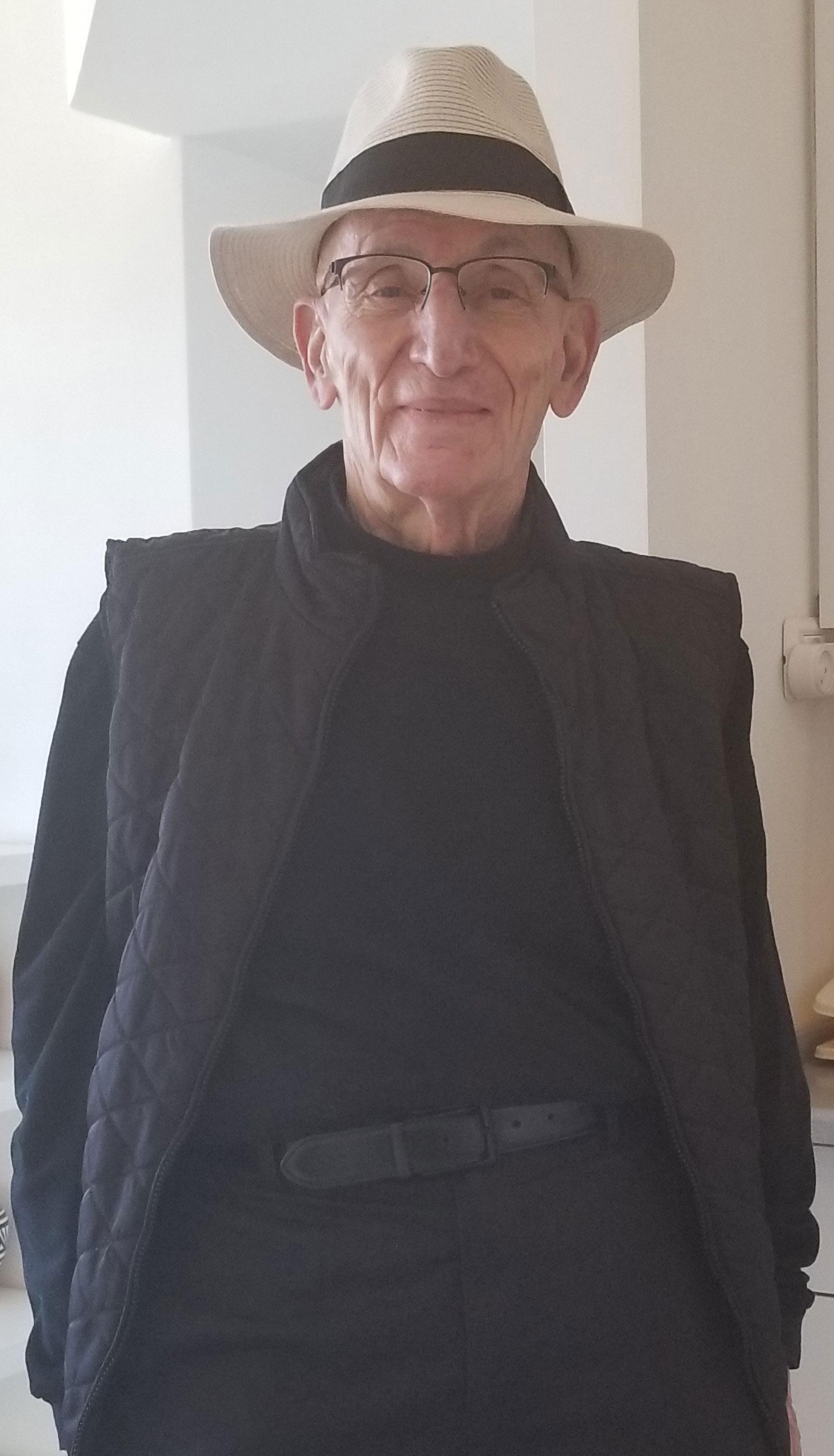
As a resident of Orange County for fifty years, Igal served our local community in a variety of ways. Professionally, Igal was the first pediatric urologist in Orange County, practicing both at UCI and in private practice. He served as chief of the Medical Staff of Children’s Hospital Orange County and retired in 1996. Outside of medicine, Igal was an adventurer, climbing Mt. Kilimanjaro and Mt. Whitney, mountain biking across the Himalayan Kush, and running marathons. He shared a love for all forms of art with Diane. Their unique ceramic collection has been exhibited in museums including the Laguna Art Museum.
Igal and Diane’s generosity is truly exemplary. They have supported numerous nonprofits and cultural institutions including the CNLM. Igal’s legacy can be felt in our High-Risk, High-Reward Pilot Grant program that was seeded with their generous gifts. We can confidently say that the CNLM would not be where it is today if it were not for Igal’s commitment and passion to support our work.
44
Read letter from Director Michael Yassa: https://cnlm.uci.edu/silber
Audrey Steele Burnand estate gifts $55 million to UCI for depression research
Earlier this year, the estate of Audrey Steele Burnand gifted $57.75 million to the University of California, Irvine.
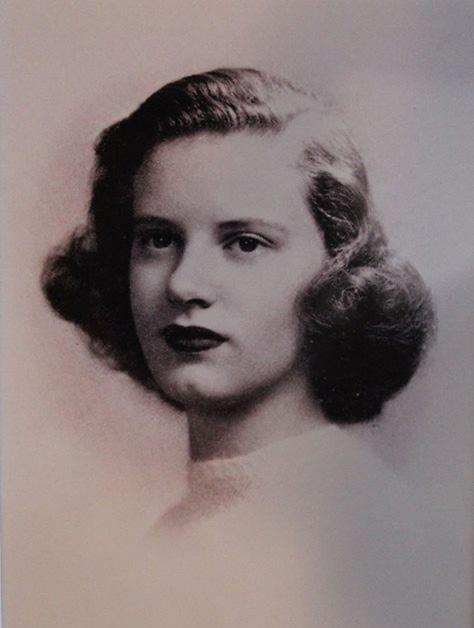
More than $55 million of the gift is earmarked for advancing depression research at UCI. It’s believed to be the largest philanthropic donation to a U.S. university to support research focused solely on depression, which is the most prevalent mental health disorder in the U.S. UCI is uniquely positioned to use the Burnand gift to conduct innovative research in myriad campus areas – from biology and the health sciences to engineering, psychological science and the social sciences. The CNLM, with its focus on mental health research, is potentially poised to benefit from Burnand’s philanthropy, along with other campus centers and institutes focusing on brain health.
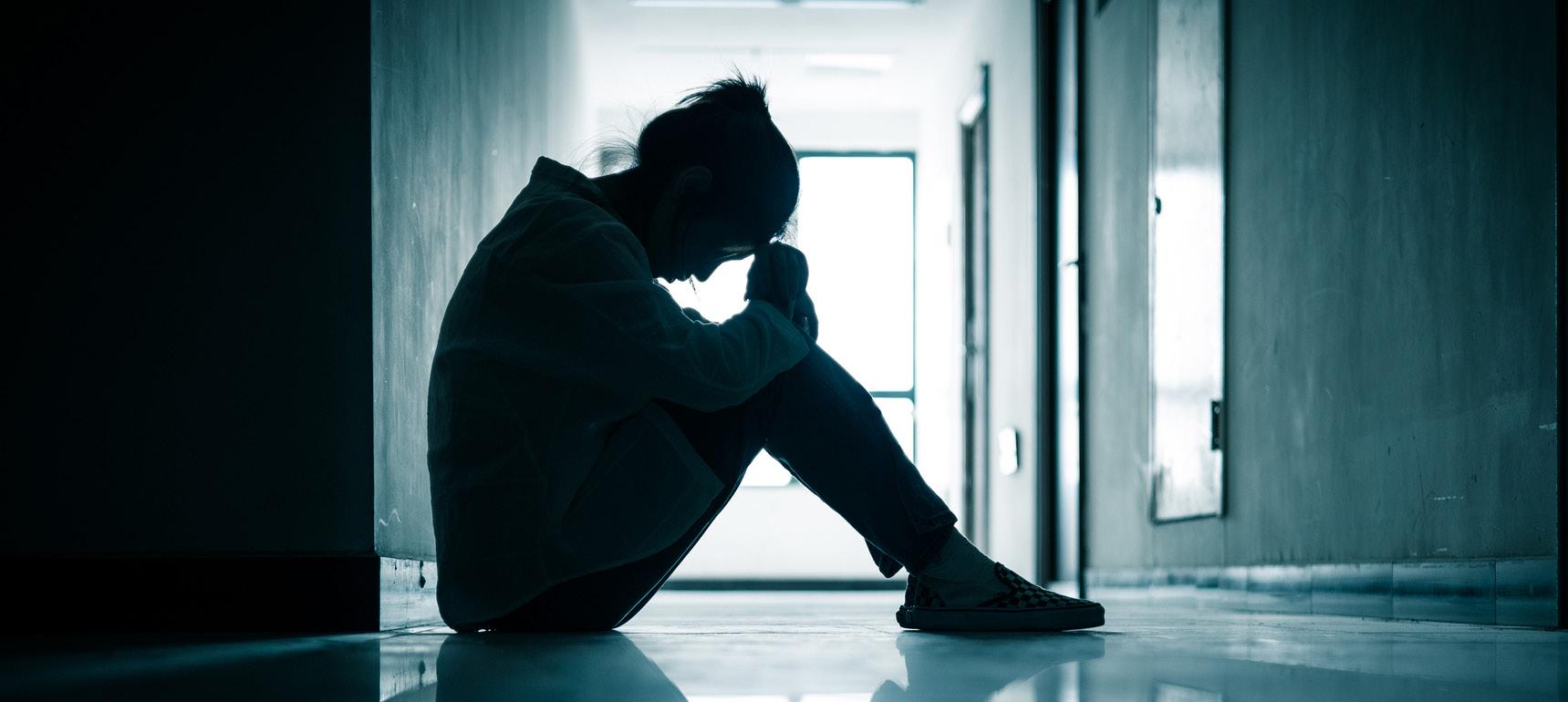

Learn more at: https://cnlm.uci.edu/burnand-gift

“This is a truly transformative gift from a longtime and great supporter of our vital work. Audrey Steele Burnand’s legacy will enable us to create a world-class research center that builds upon UCI’s historical excellence in the neurosciences to make life better for millions of people.”
- HOWARD GILLMAN, UCI CHANCELLOR
45
Forging a Brilliant Future at the CNLM
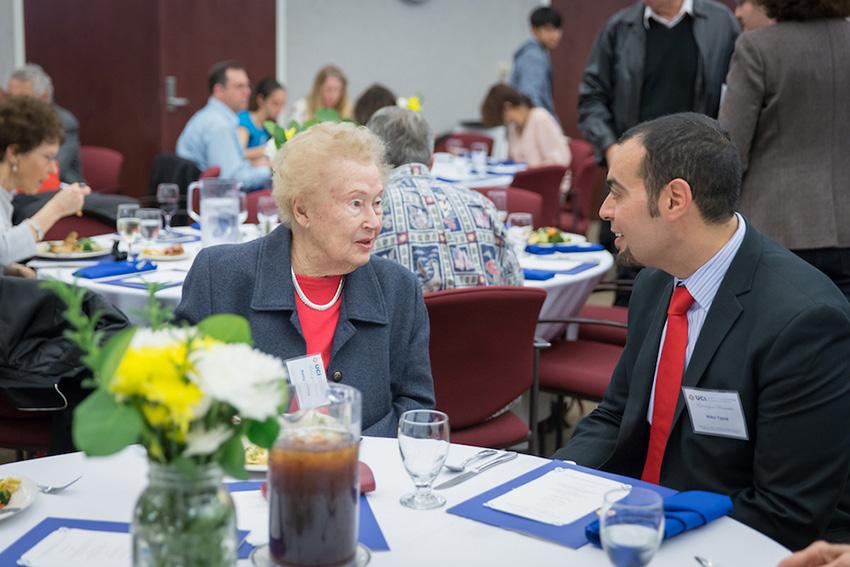
Wired for Innovation

We speed up the pace of scientific discovery by creating unique interdisciplinary collaborations that quickly move ideas from concept to reality. We need your help to keep us at the leading edge of innovation by investing in extraordinary people and technologies. We are working to strategically recruit world-class scientists, build new leadingedge core facilities, and catalyze high-risk highreward research.
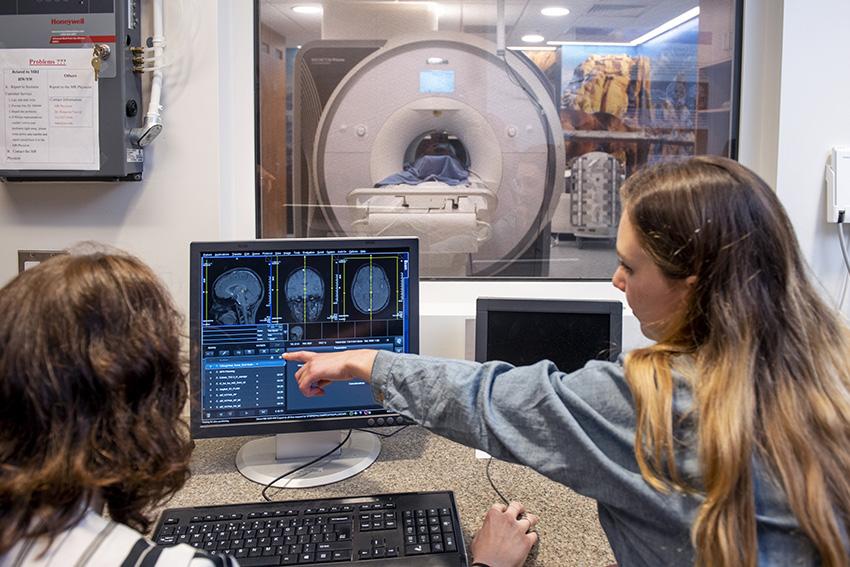
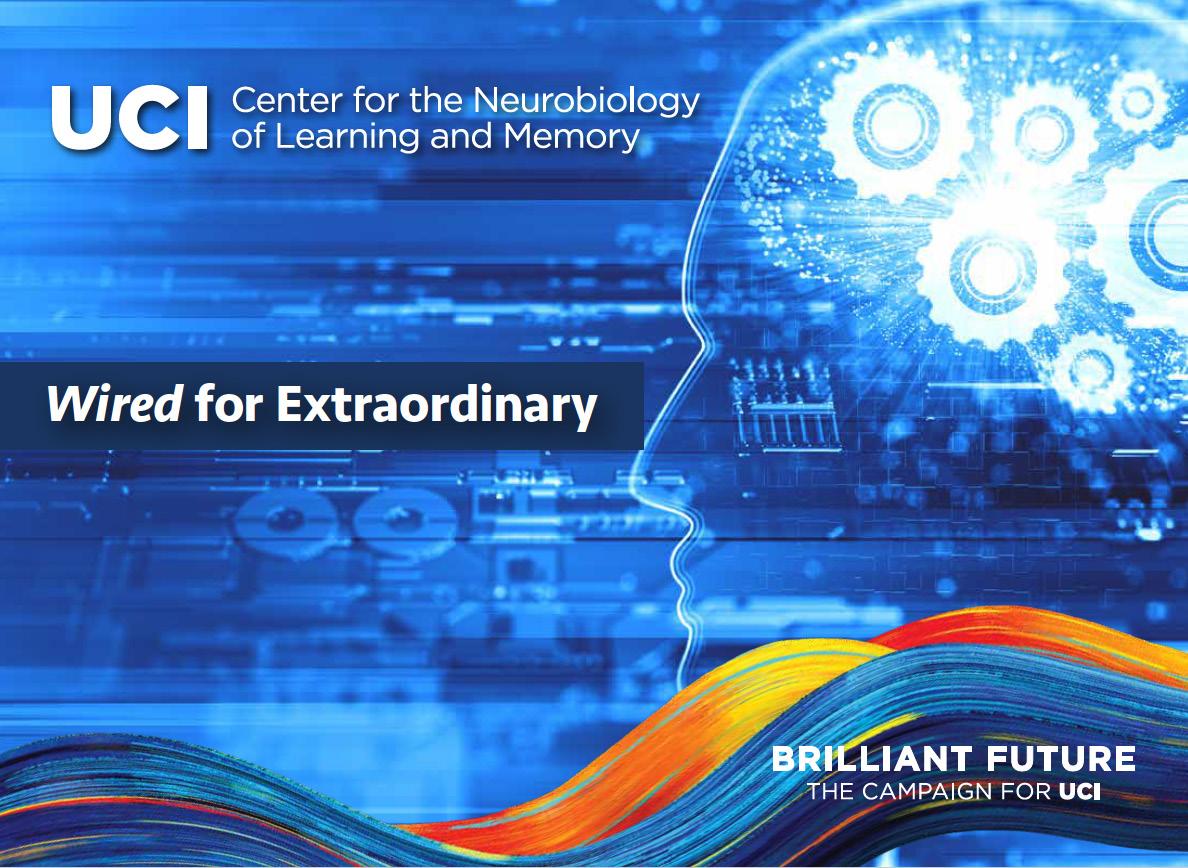
Wired for the Future
We are a globally renowned hub for developing exceptional scientists and innovators. Exciting opportunities have recently emerged in research and industry and there is an urgent need for a diverse workforce with cutting-edge training and unique skill sets. We are working to amplify our education efforts beyond the traditional classroom setting to prepare our best trainees for current and future opportunities.

Wired for Orange County
We partner with our community to create opportunities to experience world-class research and share in the discovery process. Orange County is home to a thriving economy and some of the most creative minds in the world. We strive to create a joint community centered around the thrill of discovery. We are working to expand our flagship engagement, grow our public lecture series, and build new industry partnerships.
The CNLM is featured in UCI’s $2B Brilliant Future Campaign. Read our Case for Support at https://cnlm.uci.edu/gifts
46
Friends of the CNLM Annual Giving
Friends of the CNLM are community patrons who generously support and sustain the CNLM and its research, education, and service programs through commitments to annual giving. Below are the giving levels for different tiers of the program. Contributions and renewals made before the end of the year will activate or retain membership in the Friends group for the following calendar year.
NeuroSilver . . . . . . . . . . . . . . . . . . . . . . $500
Patrons at this level are acknowledged at all public lectures and events, receive access to our newsletter, invitations to our annual distinguished lectures at the Irvine Barclay Theater including backstage passes, reserved seating for two, and an exclusive opportunity to meet the distinguished speakers.
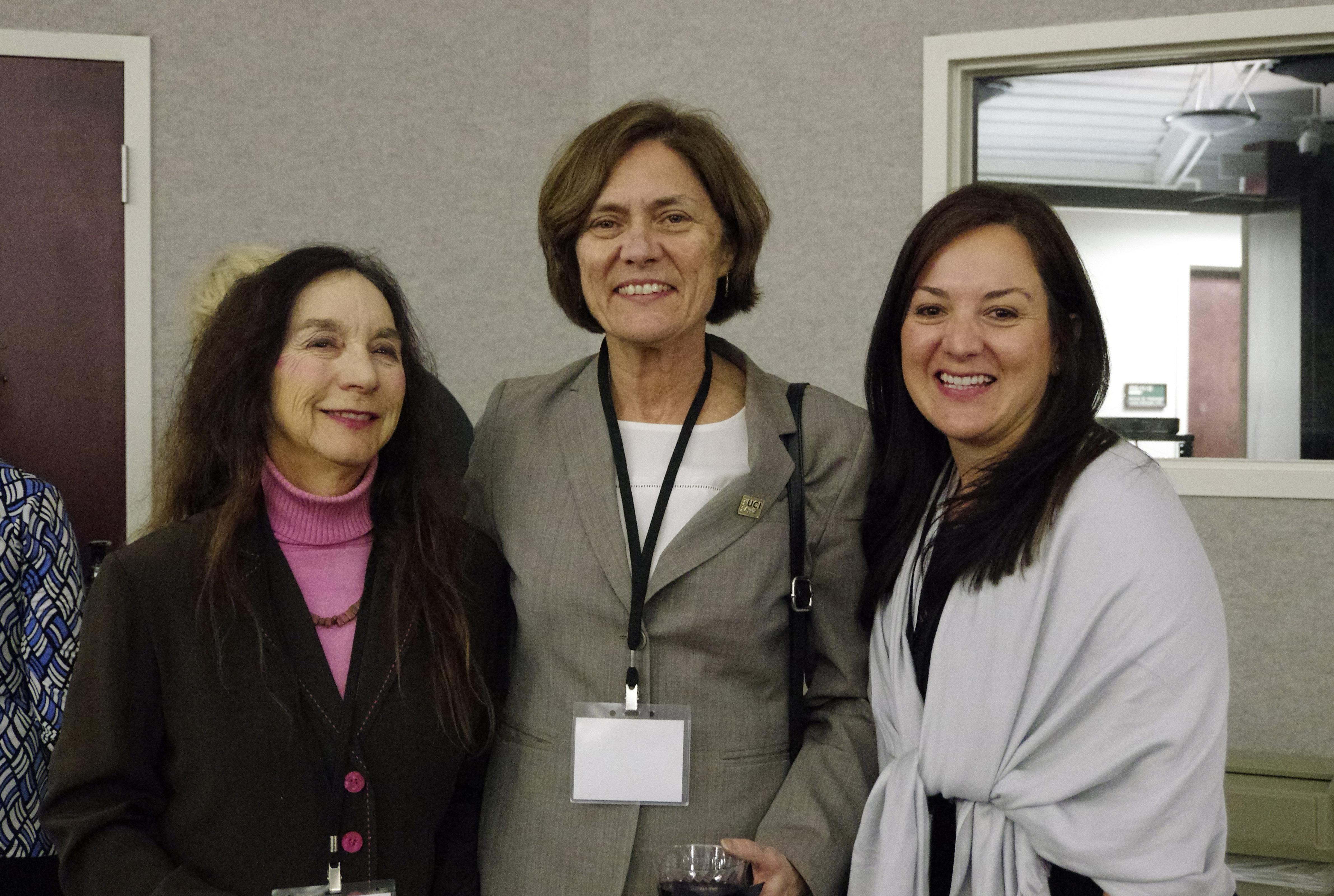

NeuroGold . . . . . . . . . . . . . . . . . . . . . $1000
Patrons at this level receive all of the benefits of NeuroSilver plus invitations to our exclusive Evenings to Remember lectures.
NeuroPlatinum . . . . . . . . . . . . . . . . . . $2000
Patrons at this level receive all of the benefits of NeuroGold plus a choice between a personal meeting with one of our scientists or an exclusive guided tour of one of our state-of-the-art labs.
NeuroDiamond . . . . . . . . . . . . . . . . . $5000

Patrons at this level receive all of the benefits of NeuroPlatinum plus an invitation to have one of our Faculty Fellows deliver a lecture at a salon or party at a location of your choosing (subject to Fellow’s availability). In addition, if your annual giving is at this level or above, you will receive two additional guest passes to our exclusive events and gatherings.
Refer a Friend
If you refer a friend or colleague to the Friends of the CNLM and they join the annual giving program, your membership for the following year will automatically be upgraded to the next level, with all of the associated benefits.
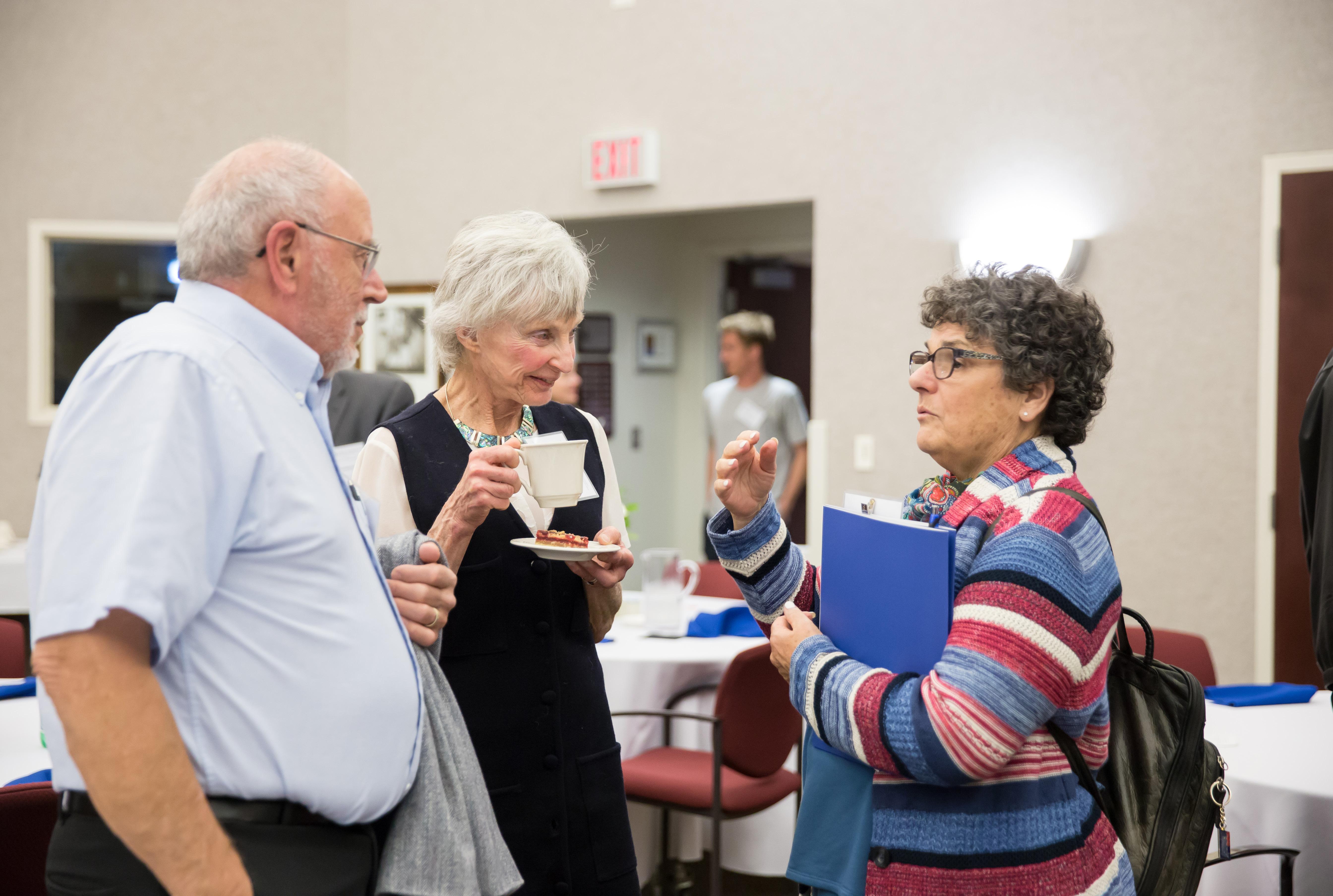
For questions, please contact us at (949) 824-5193 or memory@uci.edu.
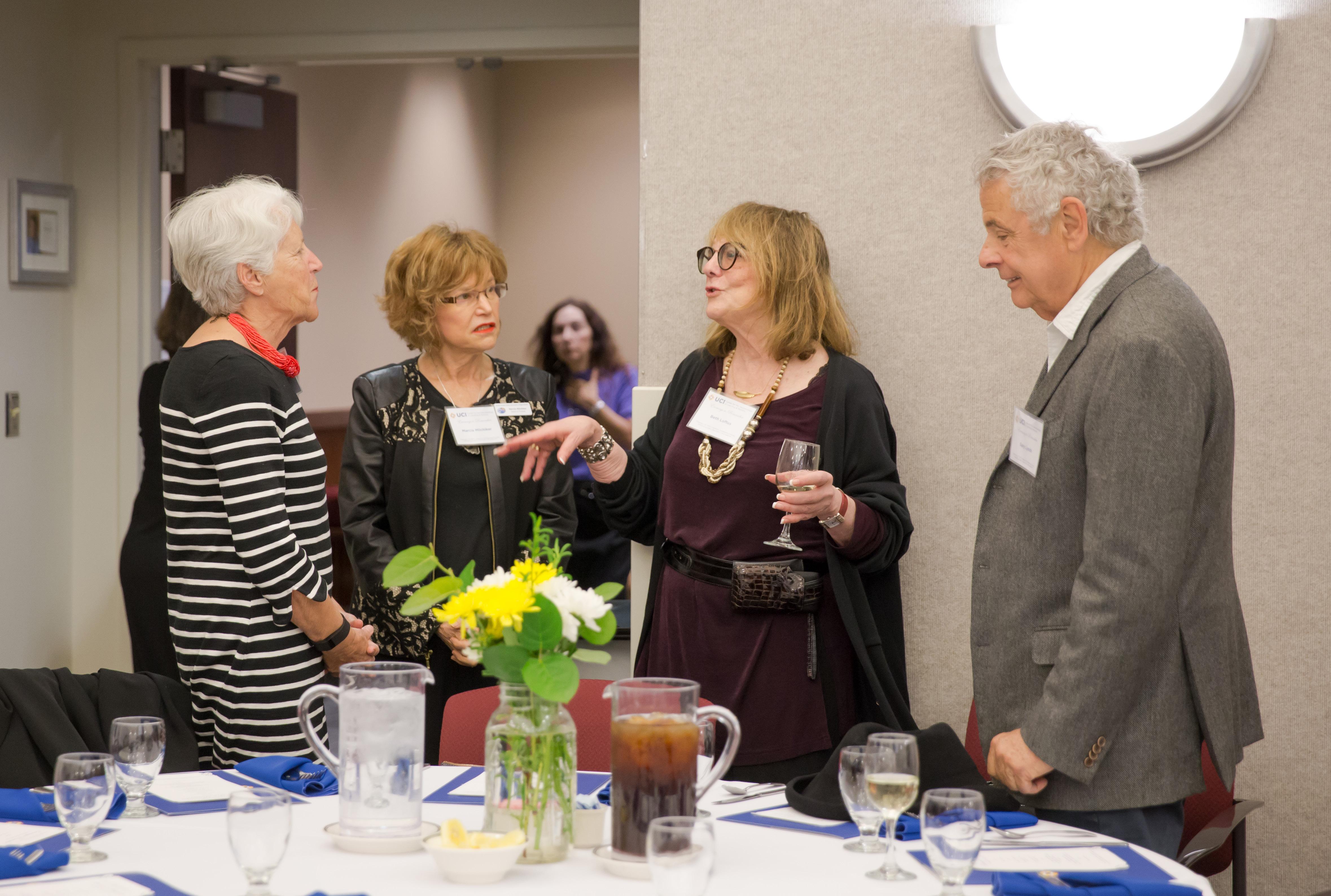
47
Evenings to Remember
December 16, 2021
Back to the Future: Conversations with the Director

This evening’s discussion focused on Dr. Michael Yassa’s recent talk for The Garden and his upcoming book. He made the argument that the purpose of memory is to predict the future and not reminisce in the past. Using a no-slides storytelling approach, Yassa took the audience on a tour of important historical case studies, memory in literature and pop culture, and memory in our every day lives, all in the context of why our brains are captivated by story. Bri McWhorter hosted a Q&A session after the event.
May 17, 2022
The Power of the Downstate
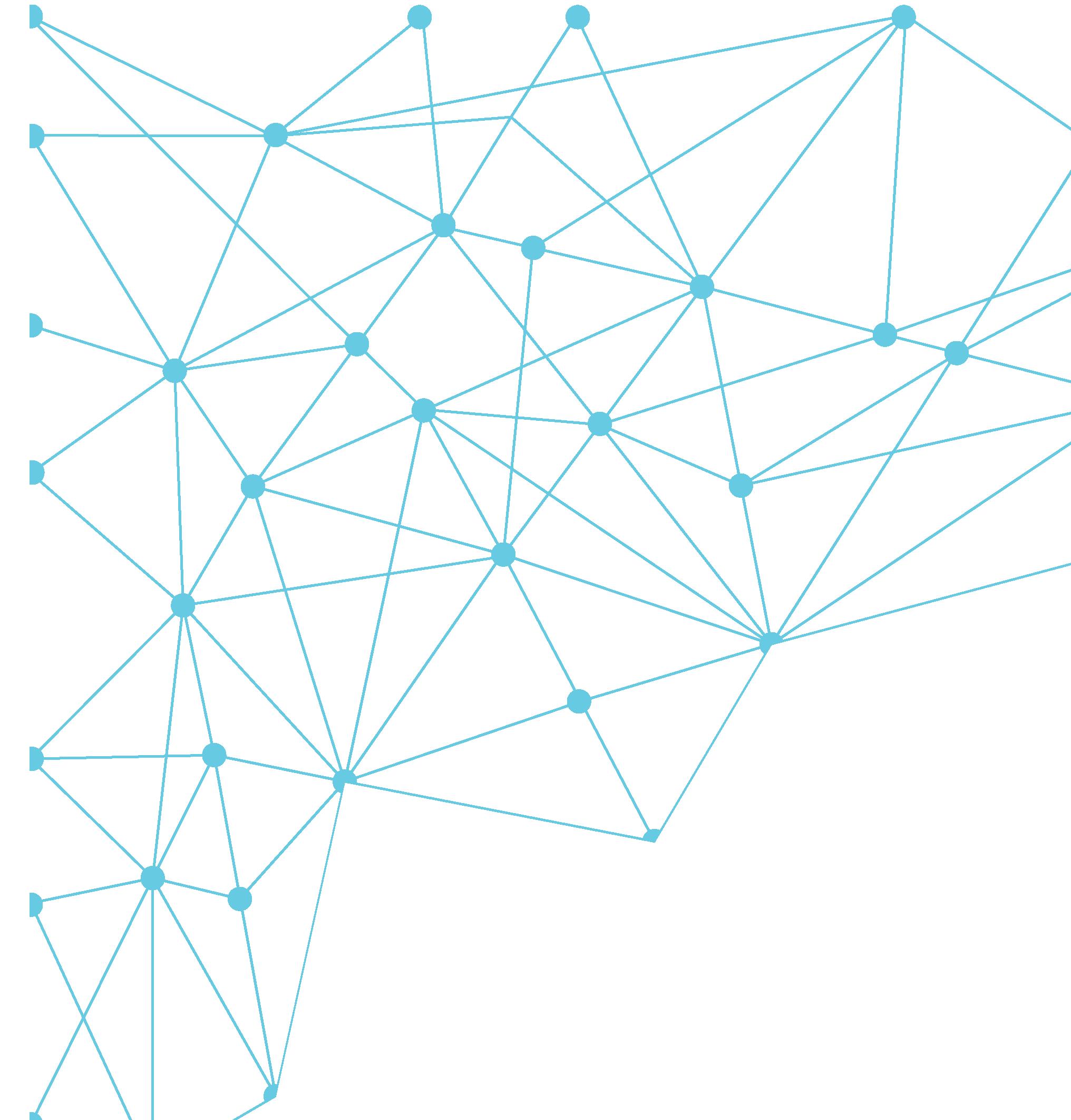
CNLM Director Dr. Michael Yassa hosted a talk-show style discussion with Dr. Sara Mednick, professor of cognitive science, and author of the new book “The Power of the Downstate.” This highly interactive format allowed the audience to ask many engaging questions and come away with take-home messages that support their brain health goals. The key message from the book and the discussion was that we can harness “down states” even outside of sleep to improve brain health and we can use exercise, diet, meditation, and other techniques to improve our bodies’ ability to restore and recharge.
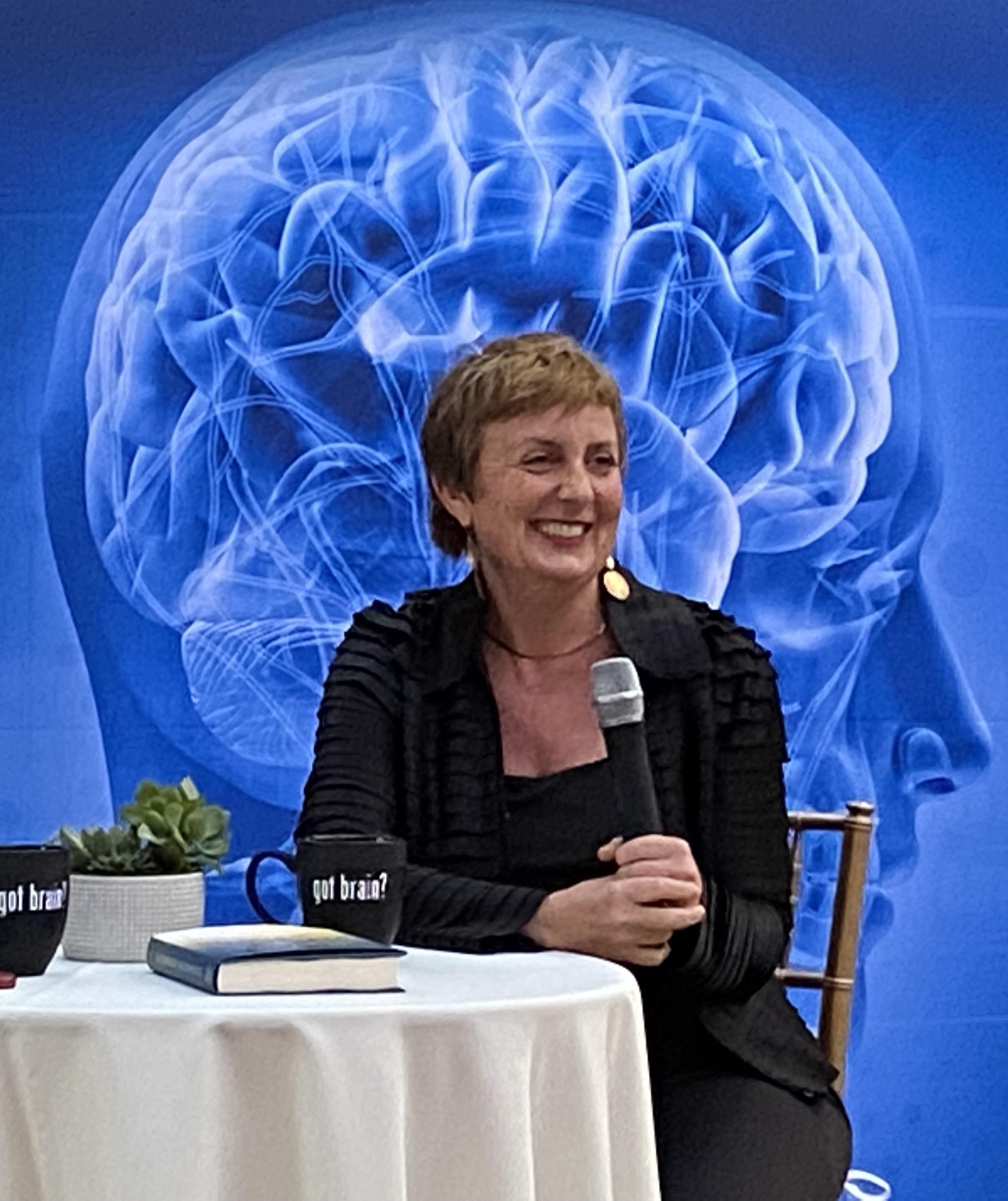
48


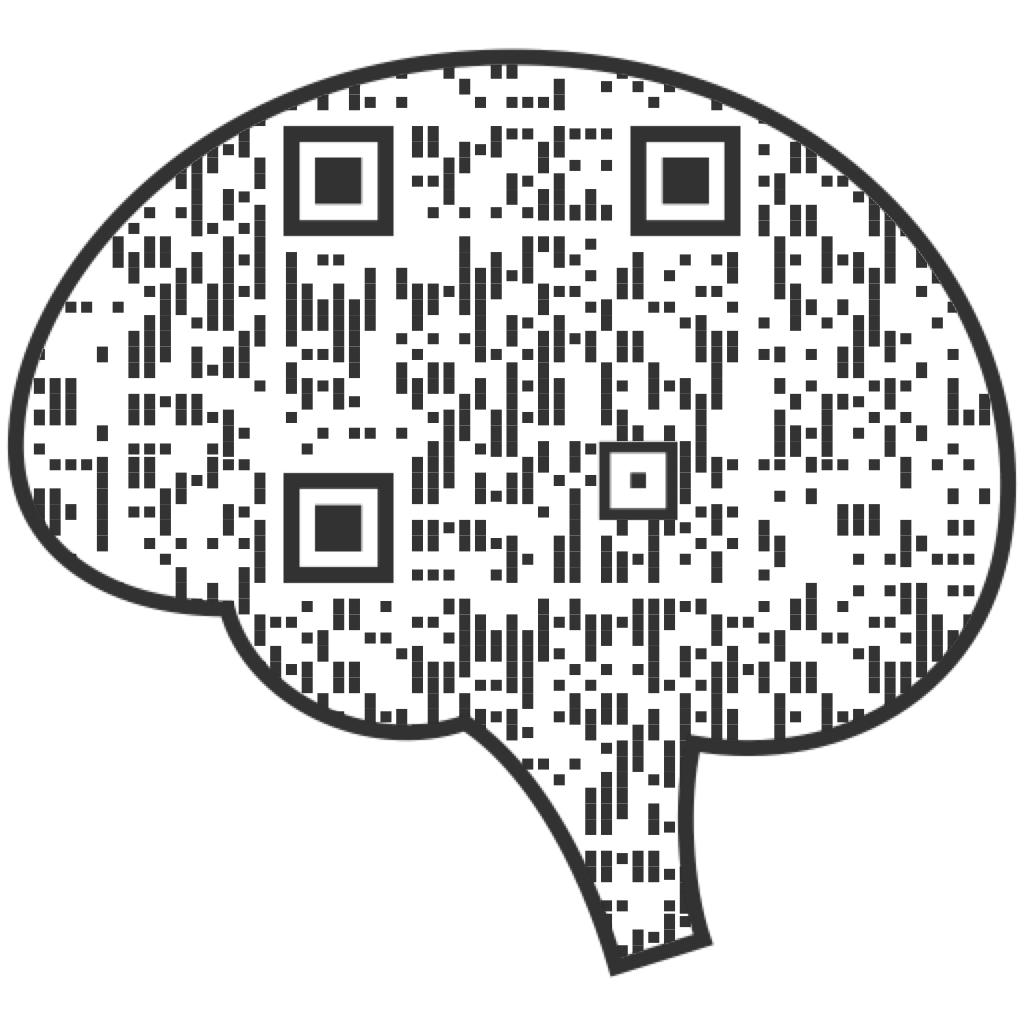
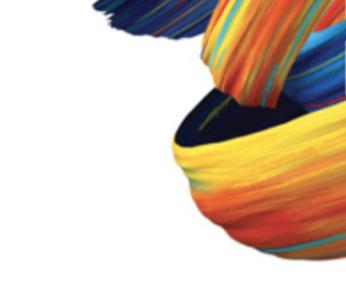
Thank you to Our Donors $100,000+ Estate of John Herklotz $25,000 - 99,999 Anonymous Diane Silber $5,000 - 24,999 Anonymous Archarios Foundation D’Arcy Bolton Renee Harwick Charles and Suzanne Turner $1,000 - 4,999
Technologies
Scientists Vanguard
Jane
$500 - 999
Charles Bailey
Garrett
Smith TCI Innovations
Make a gift online at:
499
Michele and Richard Africano Dennis and Diane Baker Communications Disorders Res Fdn. Dana Foundation Lawrence and Sharlene Goodman PJ and Larry Colando Arvind Kaushik and Padma Haran Goran Matijasevic Massachusetts Institute of Technology Gordon and Rose McAlpine Foundation Raymond Nuber Kenneth and Peggy Pao Renaissance Charitable Foundation Patricia and Carleton Solloway Robert Stone and Charlotte Bischel Allison Soung Marsha Swartz Tucker Davis
Union of Concerned
Charitable
Woods
Elaine and James Alexiou Sharon and
Virginia Carson John and Carolyn
Michael and Millie Maloney Diane O’Dowd and Martin
Andrea Tenner and Thomas Poulos Jewish Community Fdn of Orange County Robert and Jo Anne Simon
https://cnlm.uci.edu/gifts $100 -
Barry Barnhill and Michael Burgess Peggy and John Bunnell Chris Calderon Leo Cummins Neel Dhruv Richard Gilmore Daniel Hardy Sandra and Steven Horowitz Susanne Jaeggi Benjamin and Marcia Milchiker Phyllis Oster Karm and Robert Karm Shirley and Norman Pruitt Sue Rowland David and Rebecca Ruhm Katharine and Jack Shoellerman Nina Scolnik Gary and Mary Spencer Tamara Weinberger Ernest Wright Michael and Manuella Yassa Rosalind and Gary Ziccardi $5 - 99
gifts during
Kristen Barrere Kenneth and Shari Charlton Ada Clark Gilbert and Frances Gonzalez Donald Hansen Brock and Maren Kirwan Sandhya Kona Rabinder Narula and Patty Le-Narula Diana Lofflin Beverly Myers Hollis Rhodes Robert and Jennifer Smith Daniel Stornetta Anne Haycock Stansbury Katherine Thompson-Peer Ivan and Erika Williams Includes all
2021-2022
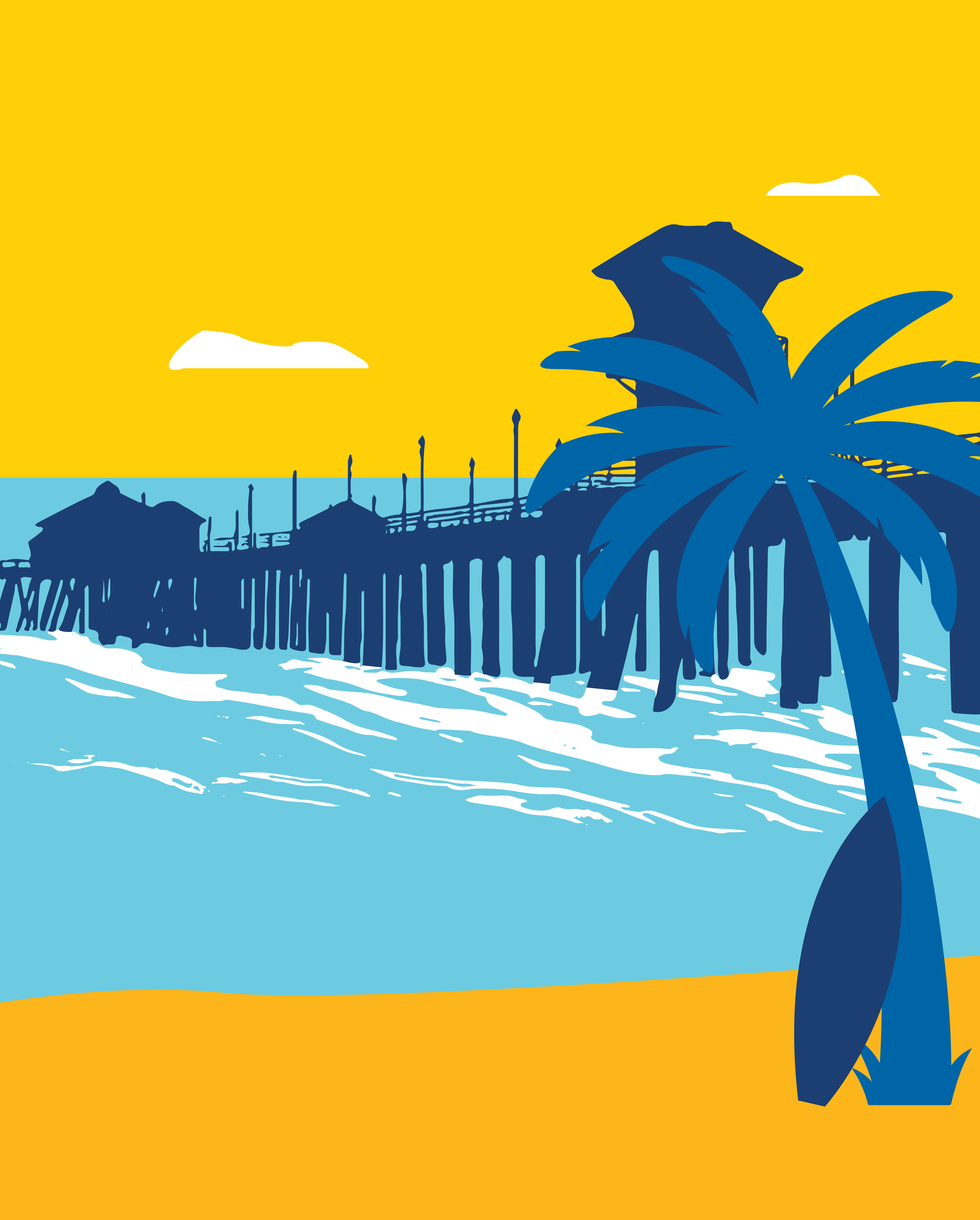
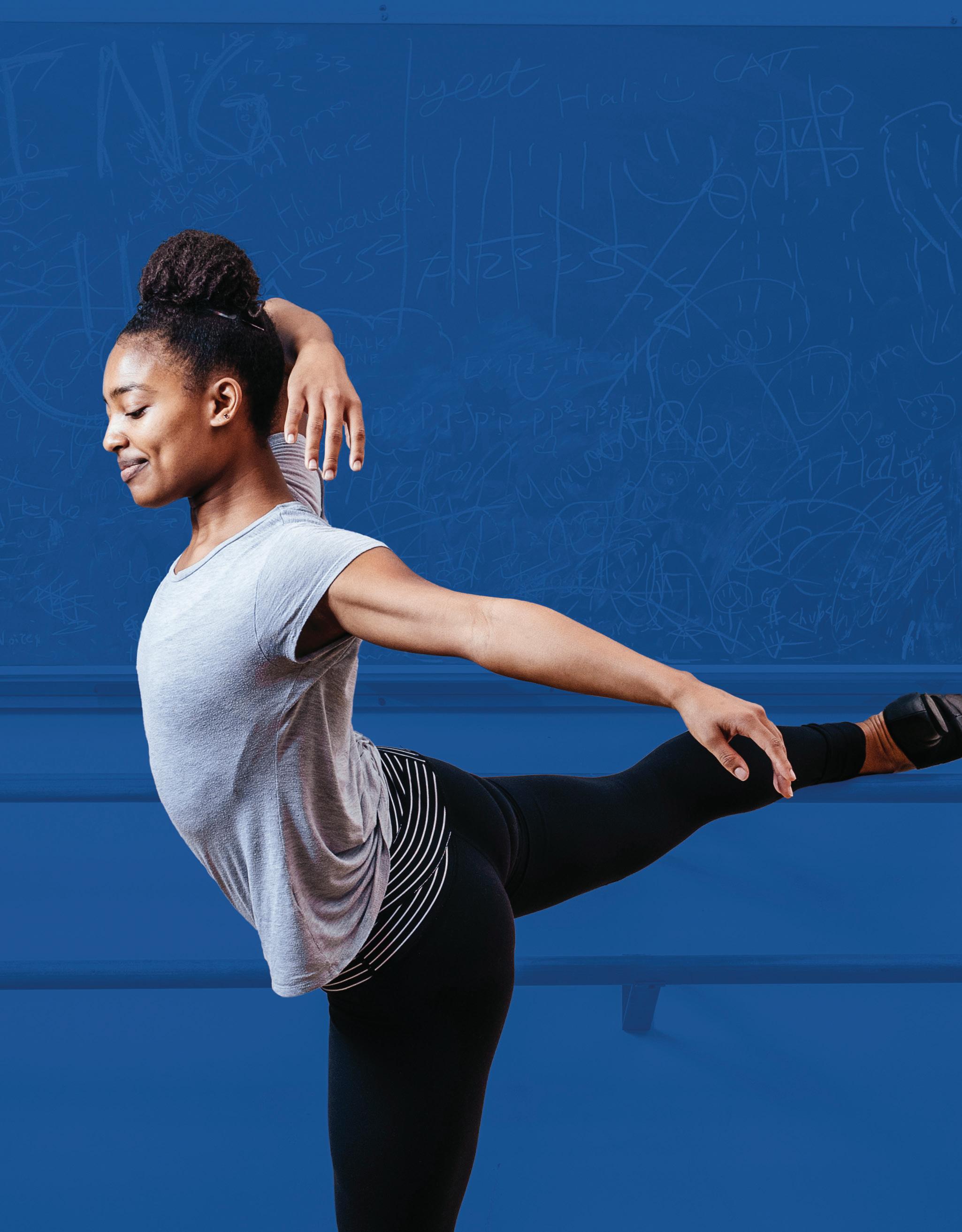
Learning and Memory April
- 30, 2023 Speakers include: Sara Burke Christine Gall Alicia Izquierdo Sheena Josselyn Jelena Radulovic Steve Ramirez Charan Ranganath Daphna Shohamy Saul Villeda Marcelo Wood Jeff Zacks Keynotes by: Emery Brown & Kay Tye James L. McGaugh Distinguished Lecture by: Kafui Dzirasa The Waterfront Beach Resort, Huntington Beach, CA Register today at: https://learnmem2023.org
40th Anniversary of the Center for the Neurobiology of Learning and Memory International Conference on
26
THE FUTURE IS BRIGHT. MAKE IT BRILLIANT.
At UCI, we STOP AT NOTHING to deliver the extraordinary. With world-changing research and a commitment to improve lives, we’re redefining what’s possible across humanities, healthcare, science and the arts. We’re solving humanity’s greatest challenges while exploring what makes us human.
With your generous support, together we can set the stage for a brighter tomorrow.
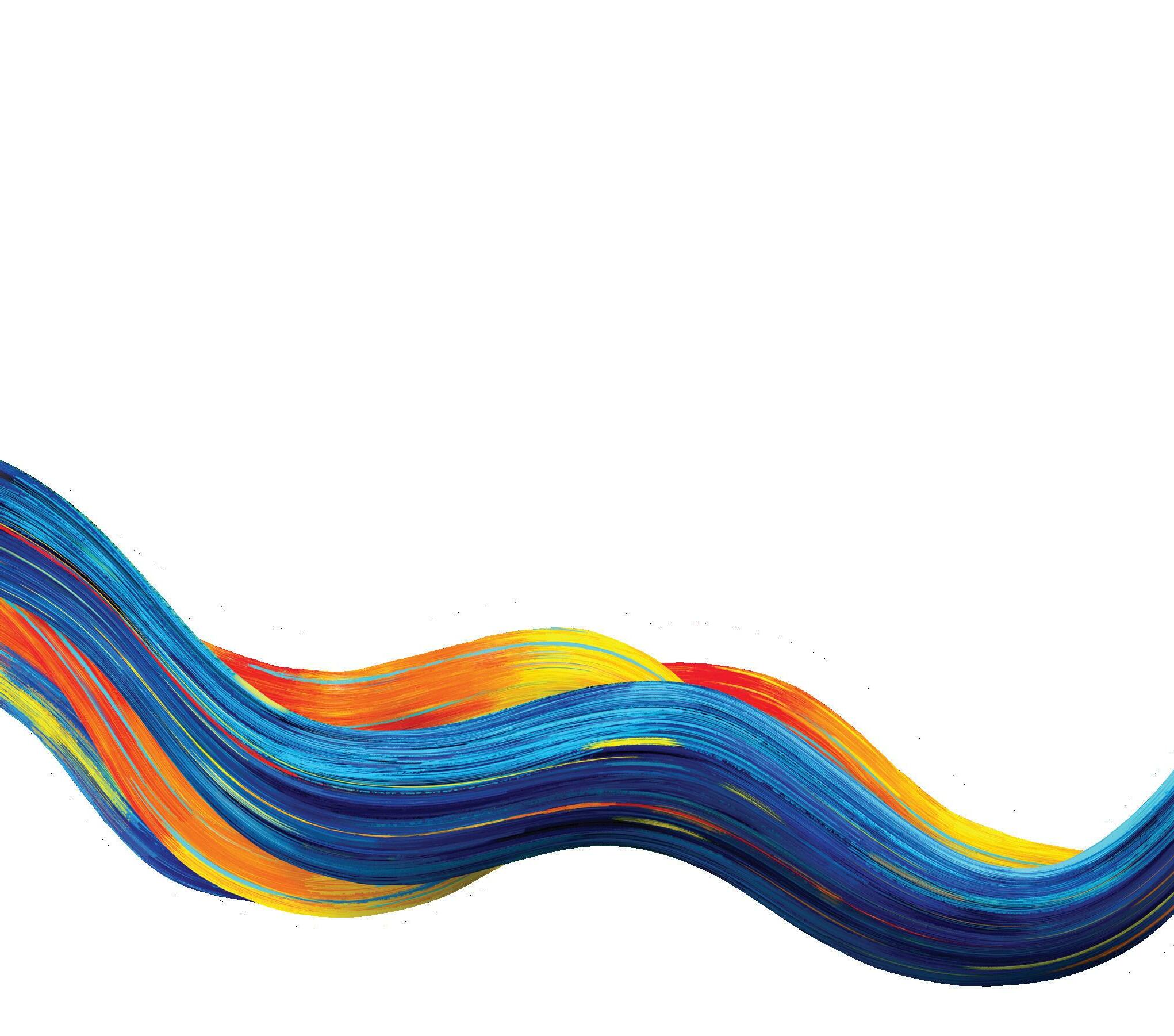
Join us at uci.edu/brilliant.

320 Qureshey Research Lab Irvine, CA 92697-3800 cnlm.uci.edu | memory@uci.edu

Join the Conversation @ucicnlm Non-Profit Org U.S. Postage PAID
Santa Ana, CA Permit No. 1106





















 – LAURA EWELL, CONFERENCE ORGANIZING COMMITTEE
– LAURA EWELL, CONFERENCE ORGANIZING COMMITTEE





















 Laura DeNardo, Ph.D. Assistant Professor
Laura DeNardo, Ph.D. Assistant Professor







 Melissa Sharpe, Ph.D. Assistant Professor
Melissa Sharpe, Ph.D. Assistant Professor




































































 Vinicius Duarte
Advisor: Dr. Thompson-Peer
Ali Ozgur Advisor: Dr. Lur
Nellie Nelson Advisor: Dr. Ivy
Bianca Leonard Advisor: Dr. Yassa
Kate Lawson Advisor: Dr. Mahler
2022/2023 Fellows
Vinicius Duarte
Advisor: Dr. Thompson-Peer
Ali Ozgur Advisor: Dr. Lur
Nellie Nelson Advisor: Dr. Ivy
Bianca Leonard Advisor: Dr. Yassa
Kate Lawson Advisor: Dr. Mahler
2022/2023 Fellows







 Erick Ho
Sean Lee
Sydney Prange
Caden Henningfield Miranda Chappel-Farley
Nora Bradford
Erick Ho
Sean Lee
Sydney Prange
Caden Henningfield Miranda Chappel-Farley
Nora Bradford





























 Desiree Macchia K-12 Committee Co-Chair
Kate Inman Tsourmas Adult Program Co-Chair
Rachael Hokenson Brain Bee Co-Chair
Elizabeth Hubbard K-12 Committee Co-Chair
Abigail Flores
Winny Ning Brain Bee Co-Chair
Bianca Leonard Adult Program Co-Chair
Zahara Keulen Communications Committee Co-Chair Keiland Cooper Outcomes Committee Chair
Manuella Oliveira Yassa Founding Director
Miranda Chappel-Farley Program Co-Chair
Desiree Macchia K-12 Committee Co-Chair
Kate Inman Tsourmas Adult Program Co-Chair
Rachael Hokenson Brain Bee Co-Chair
Elizabeth Hubbard K-12 Committee Co-Chair
Abigail Flores
Winny Ning Brain Bee Co-Chair
Bianca Leonard Adult Program Co-Chair
Zahara Keulen Communications Committee Co-Chair Keiland Cooper Outcomes Committee Chair
Manuella Oliveira Yassa Founding Director
Miranda Chappel-Farley Program Co-Chair



 - AVERY
- AVERY















































